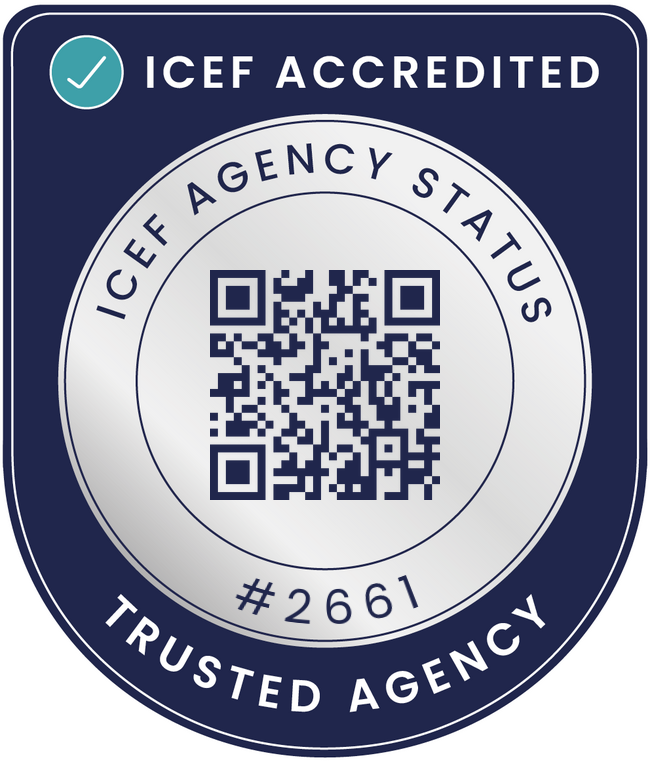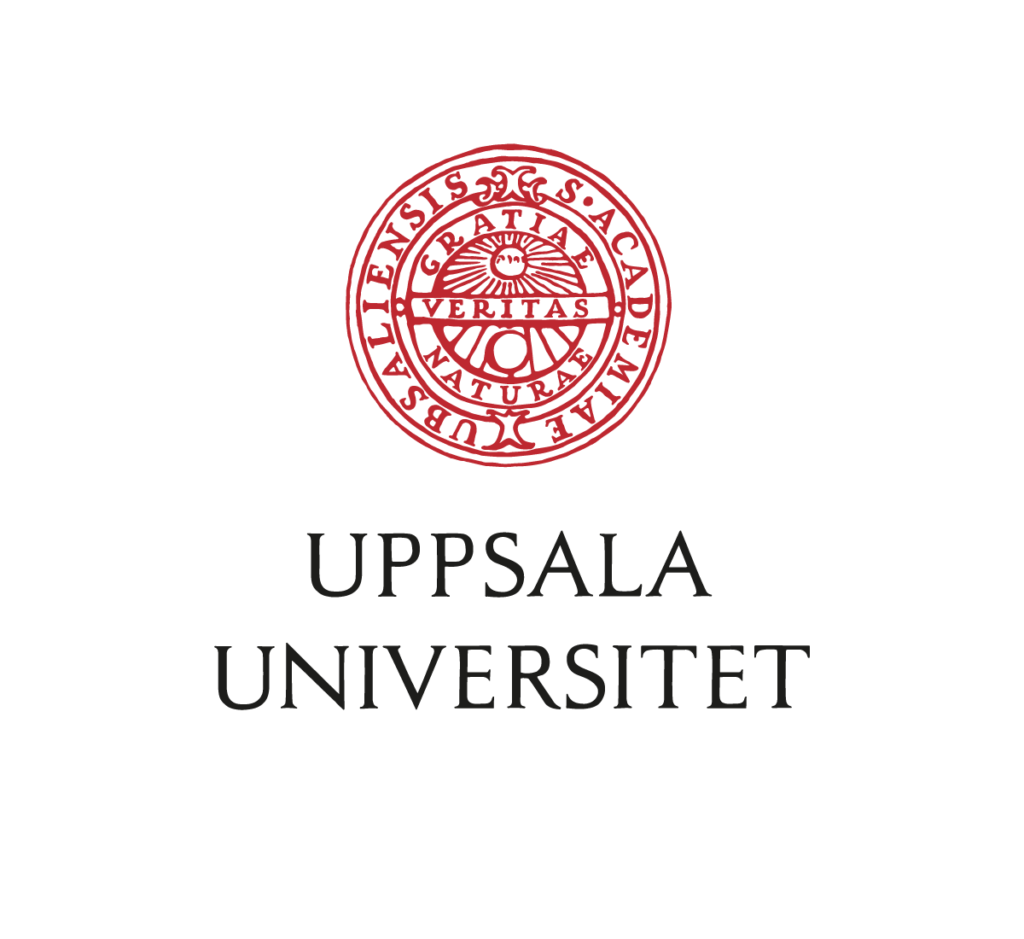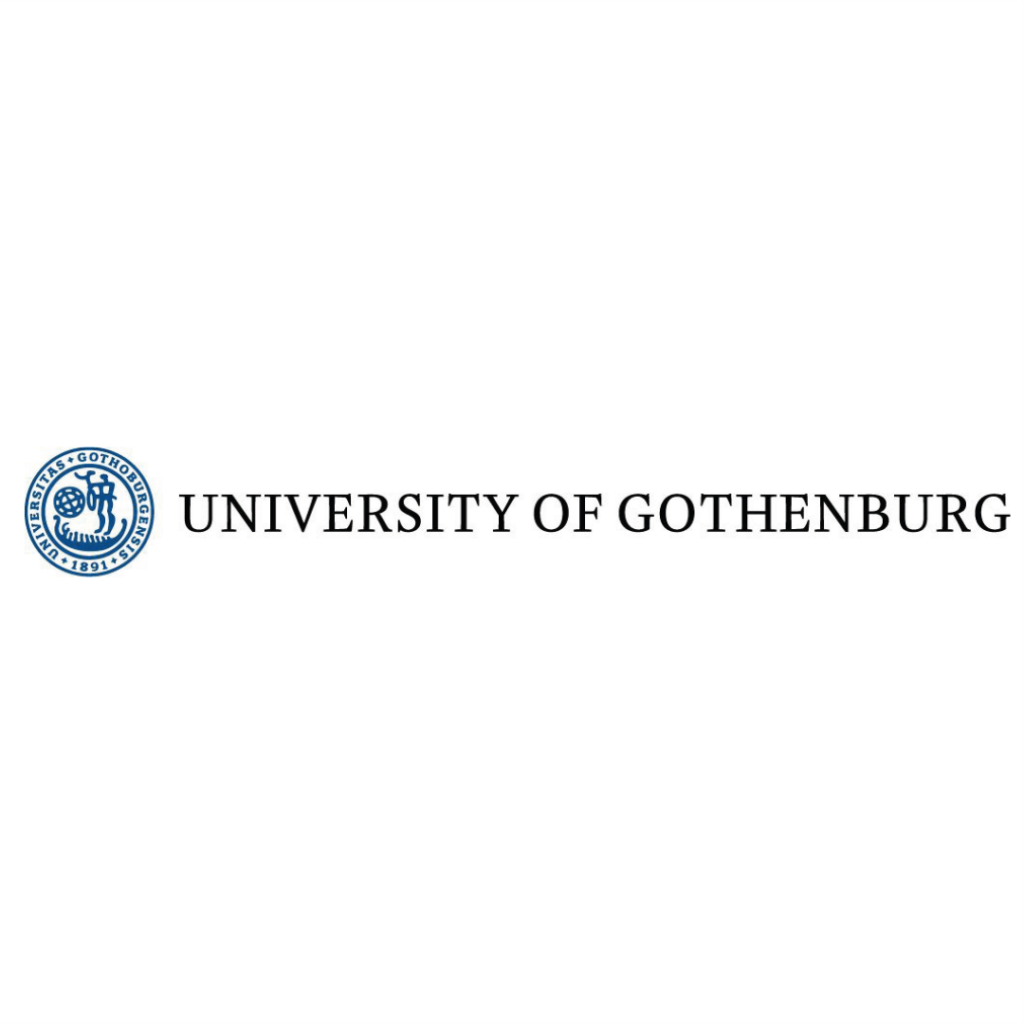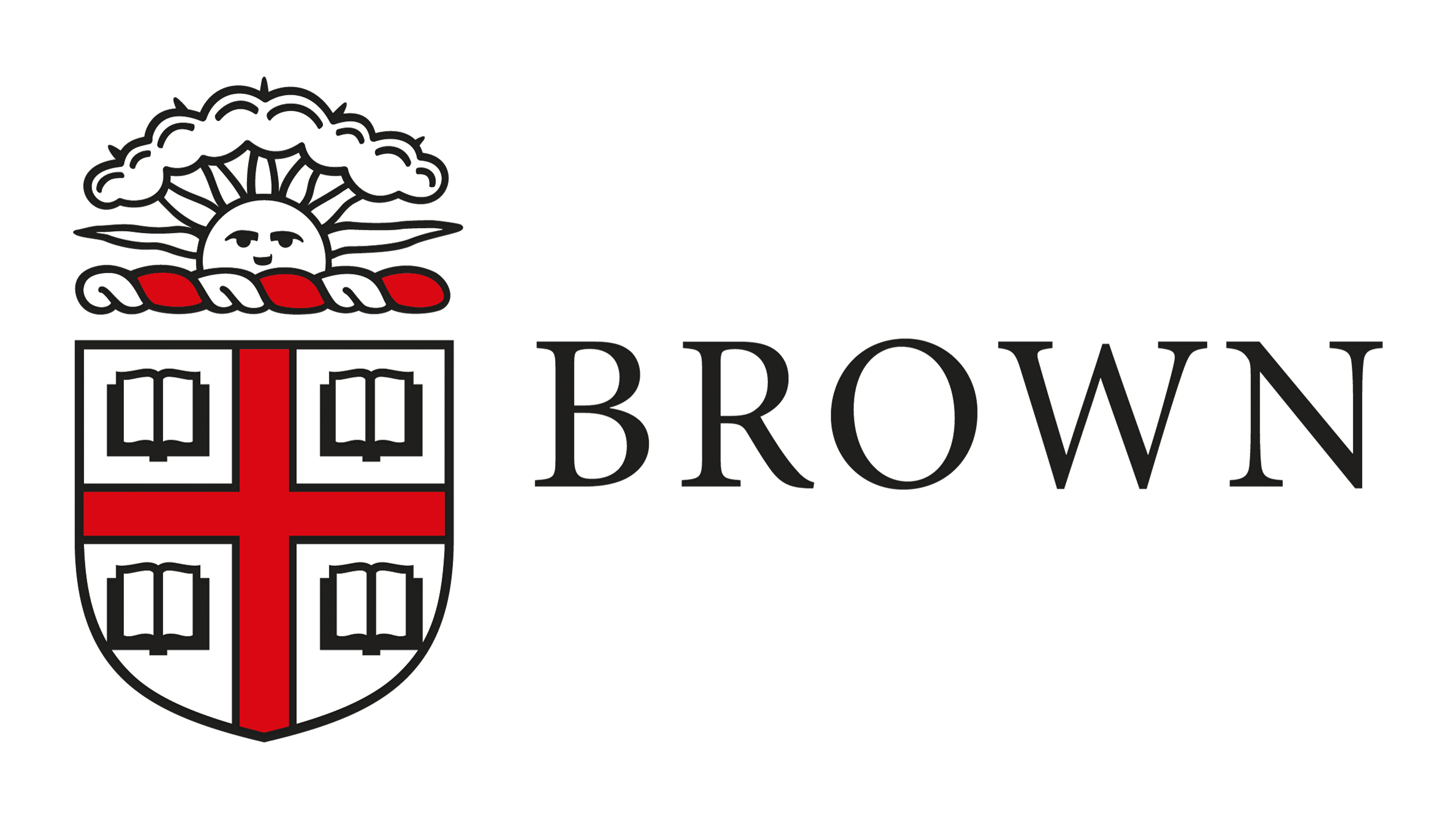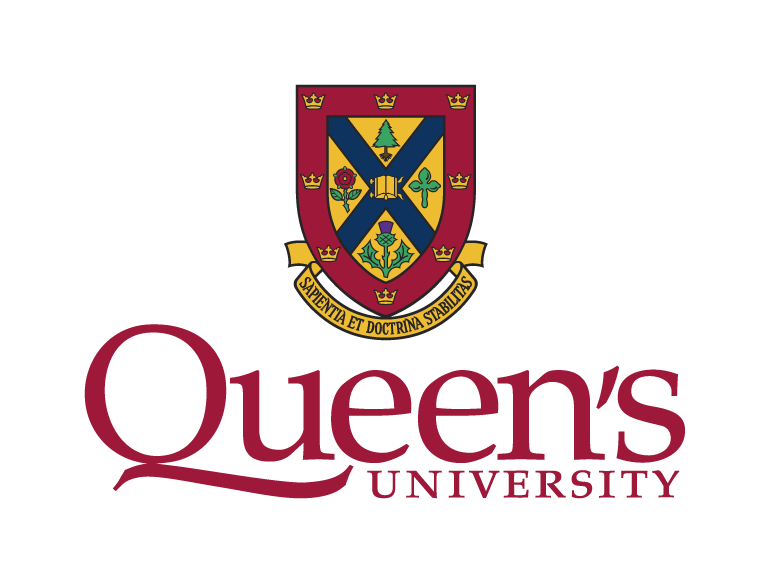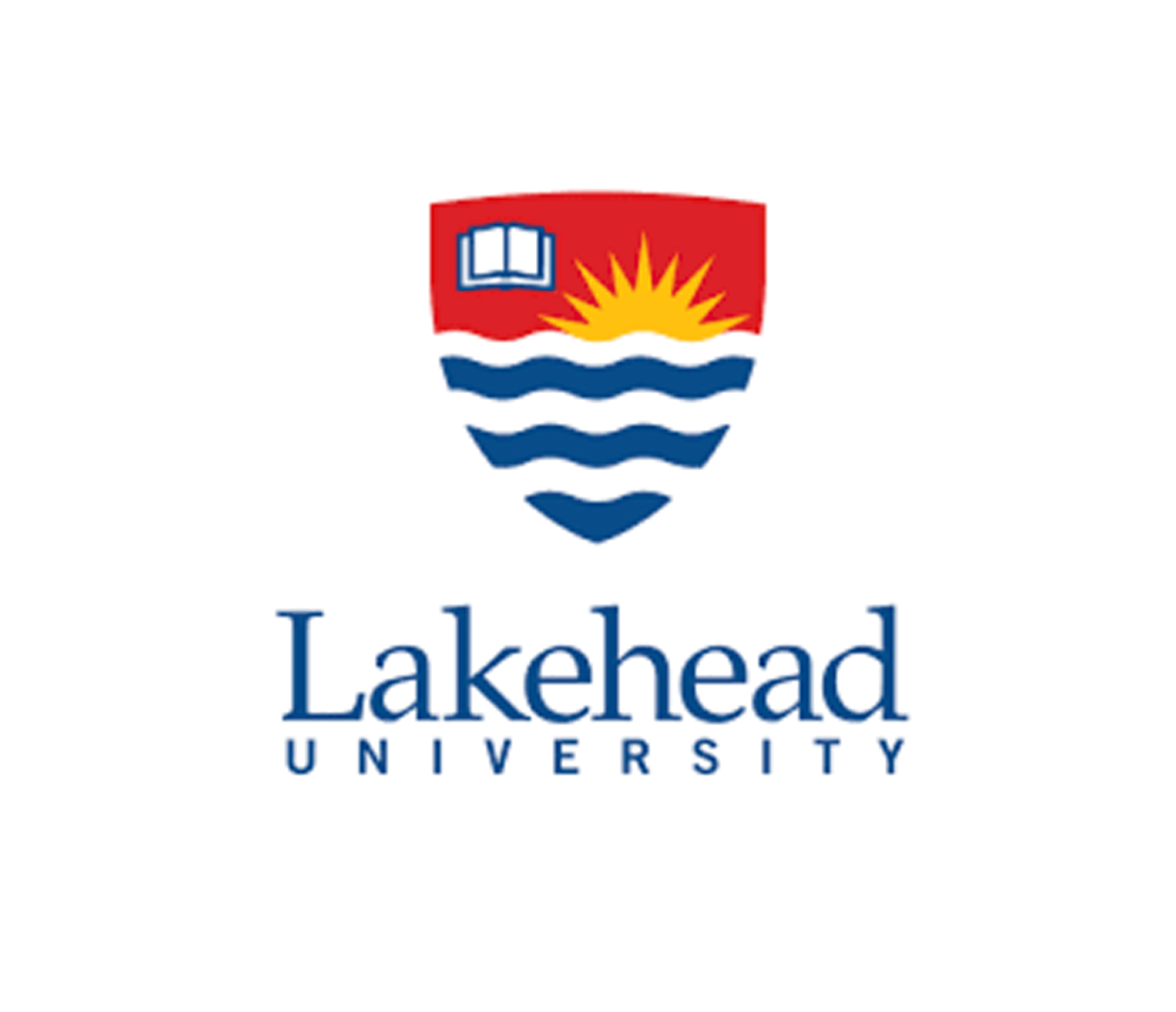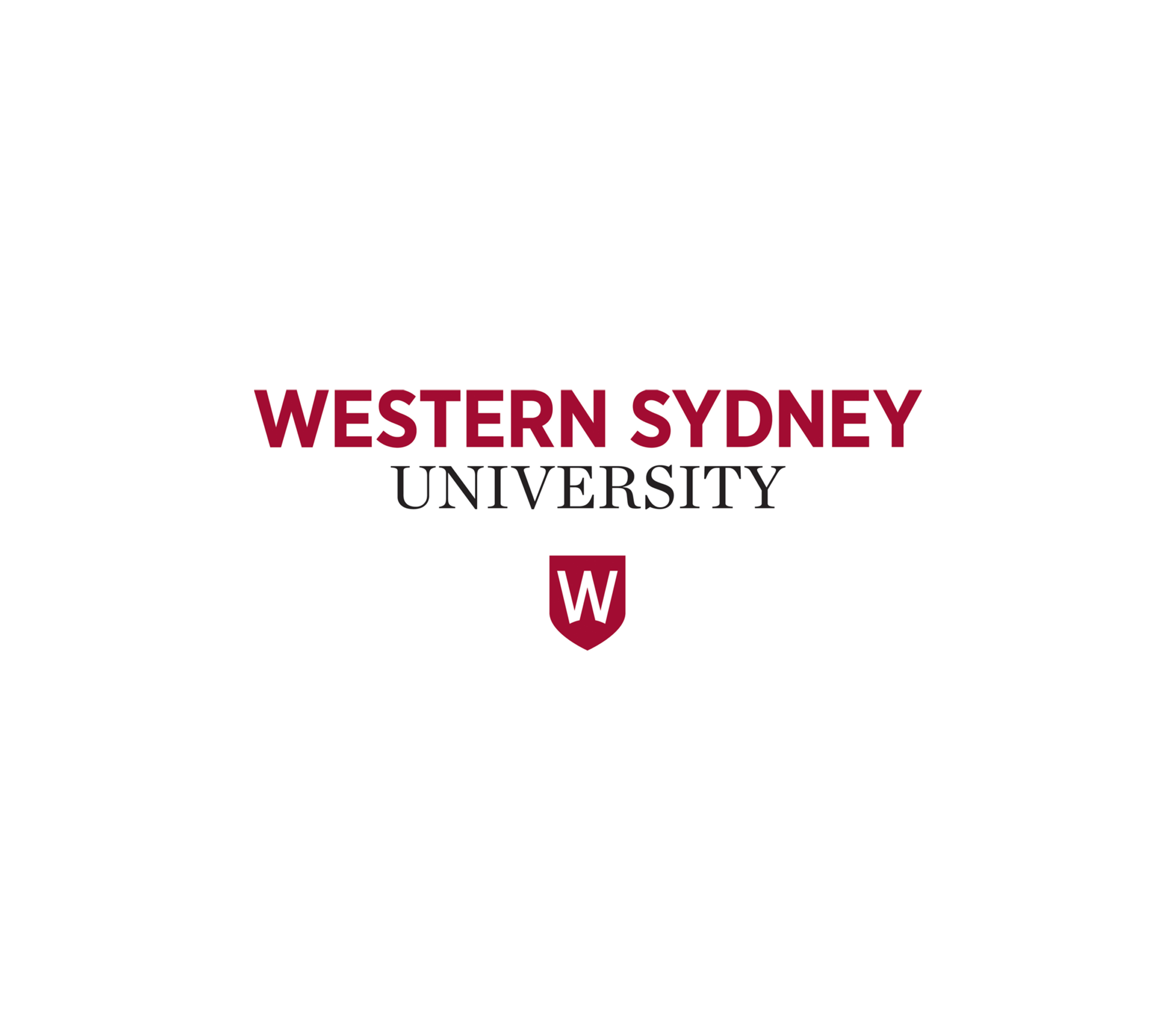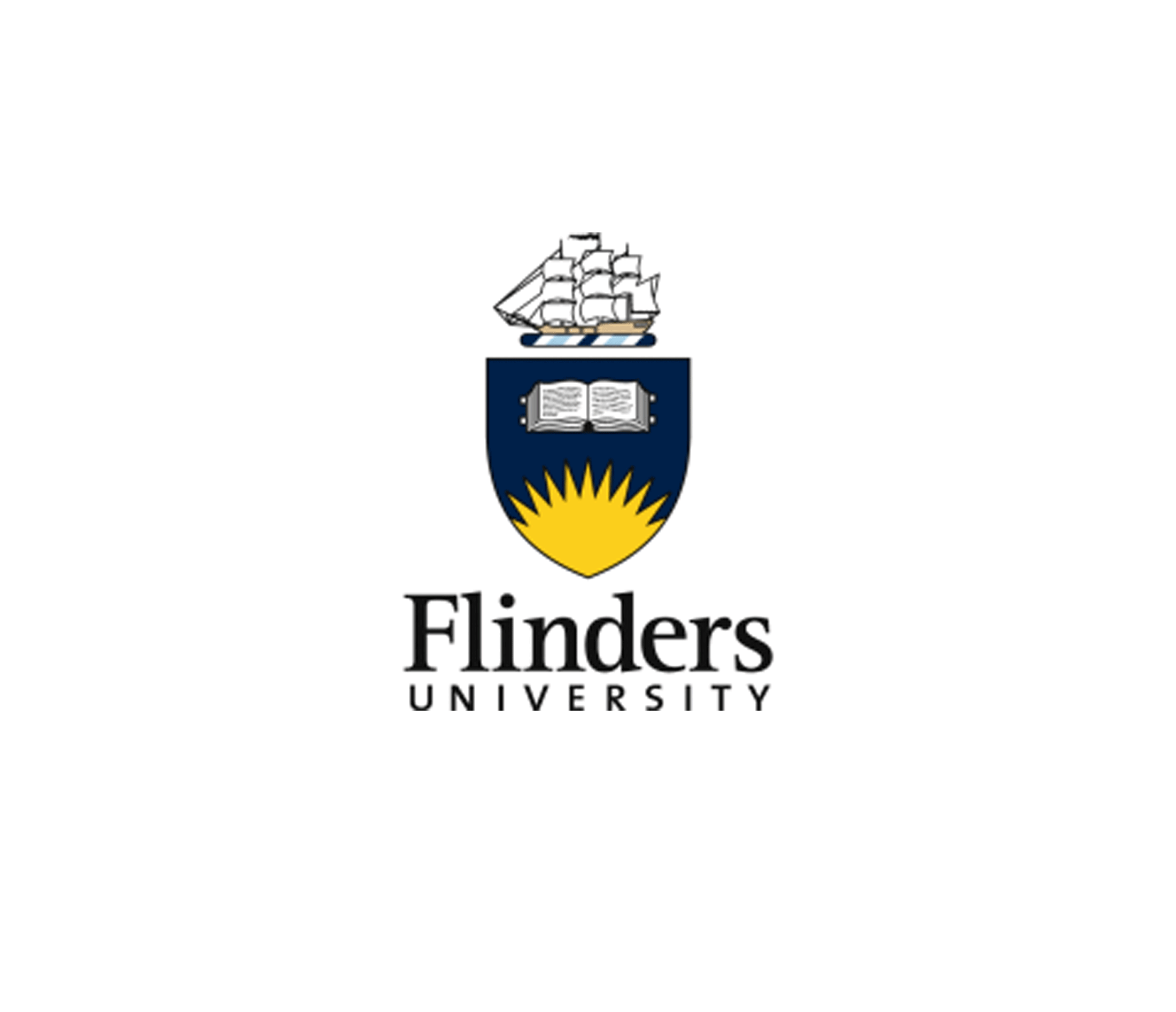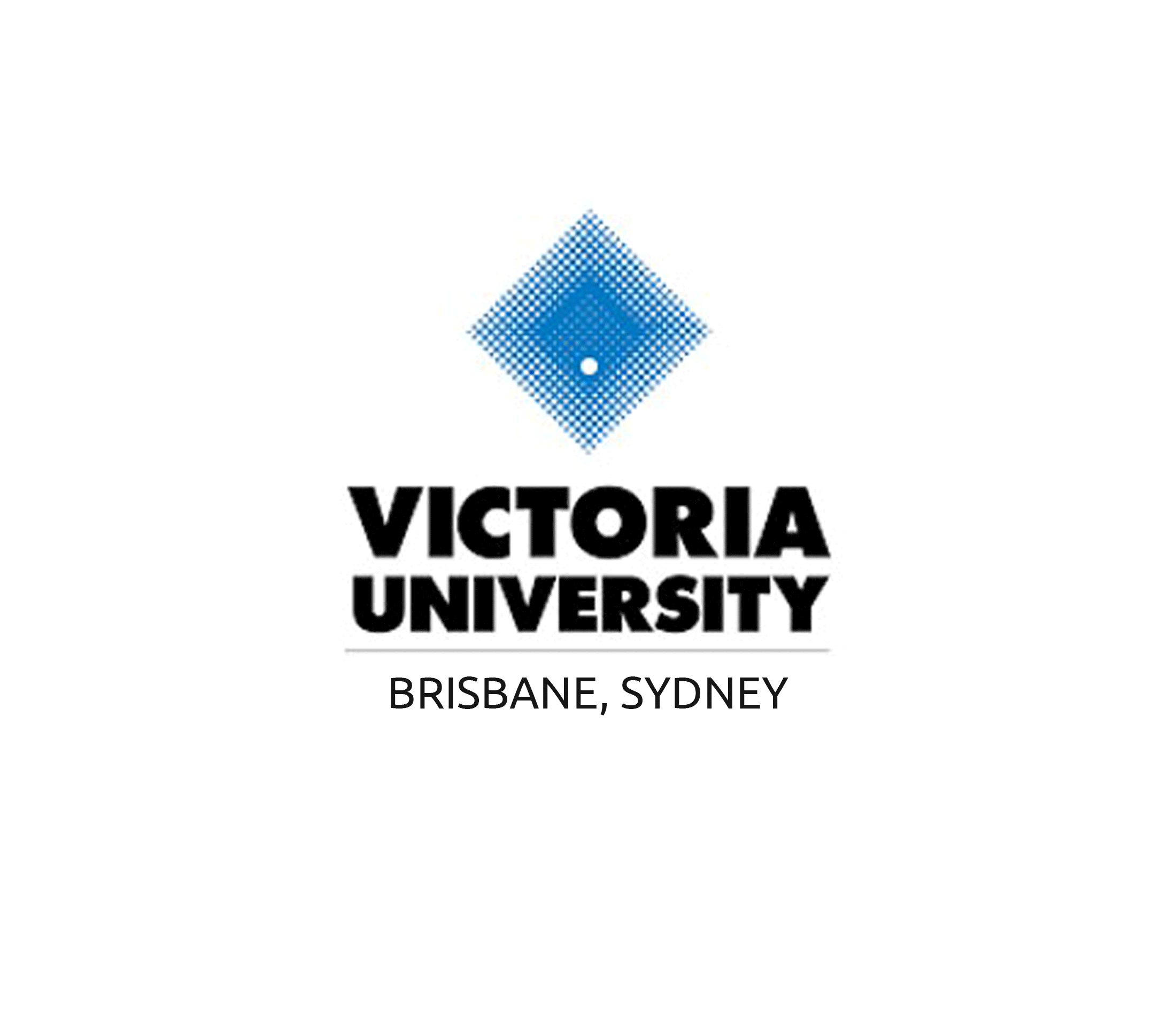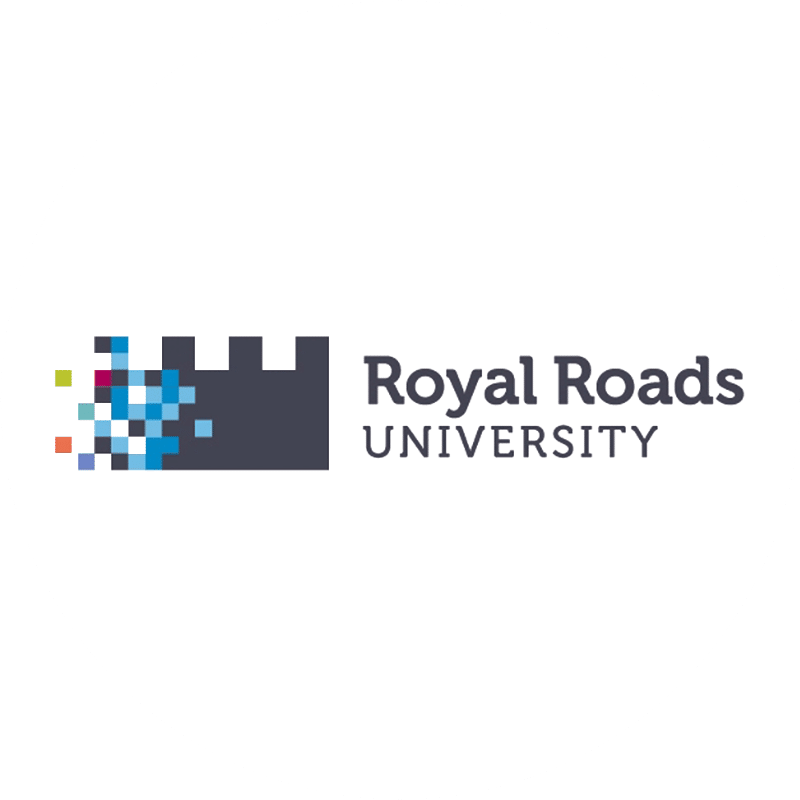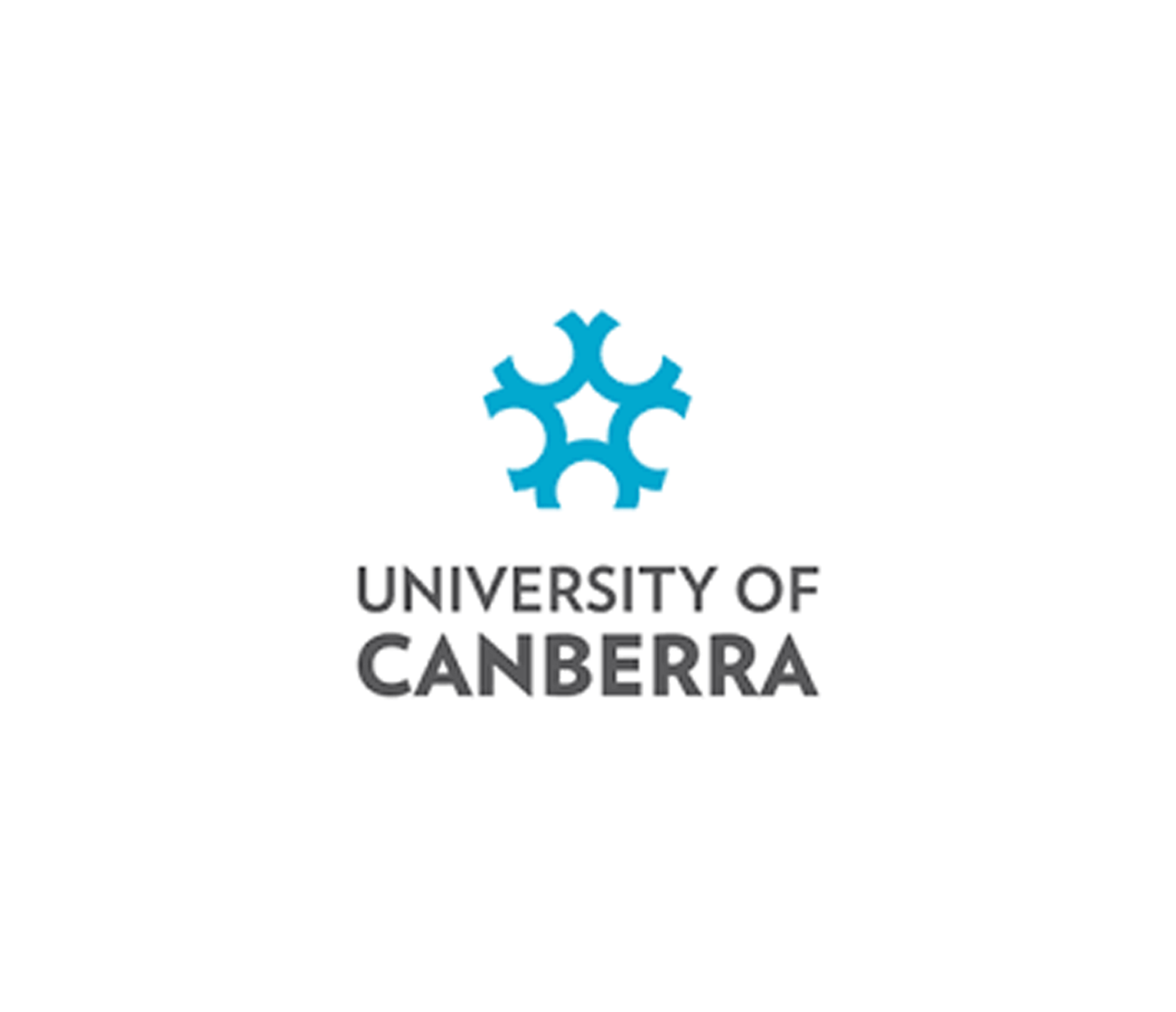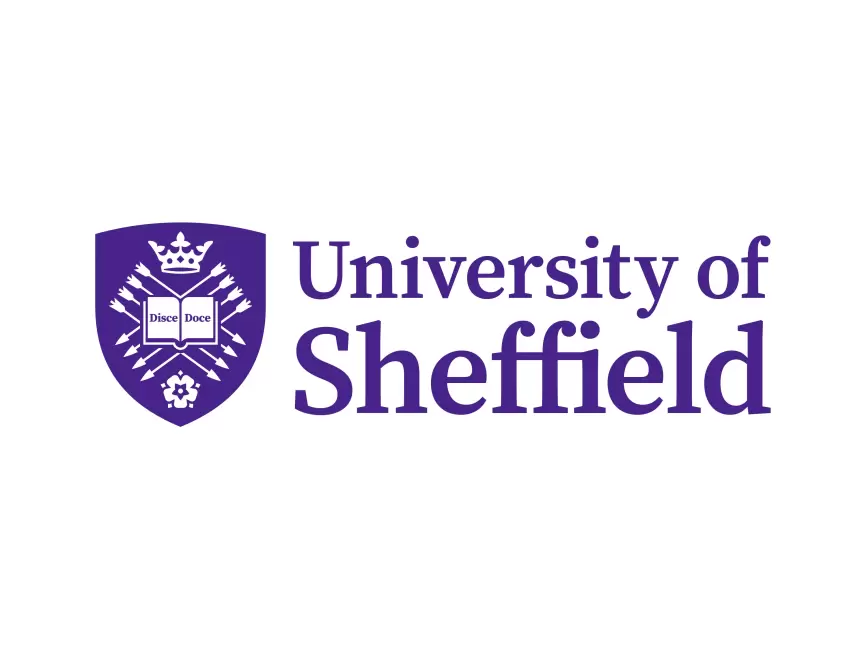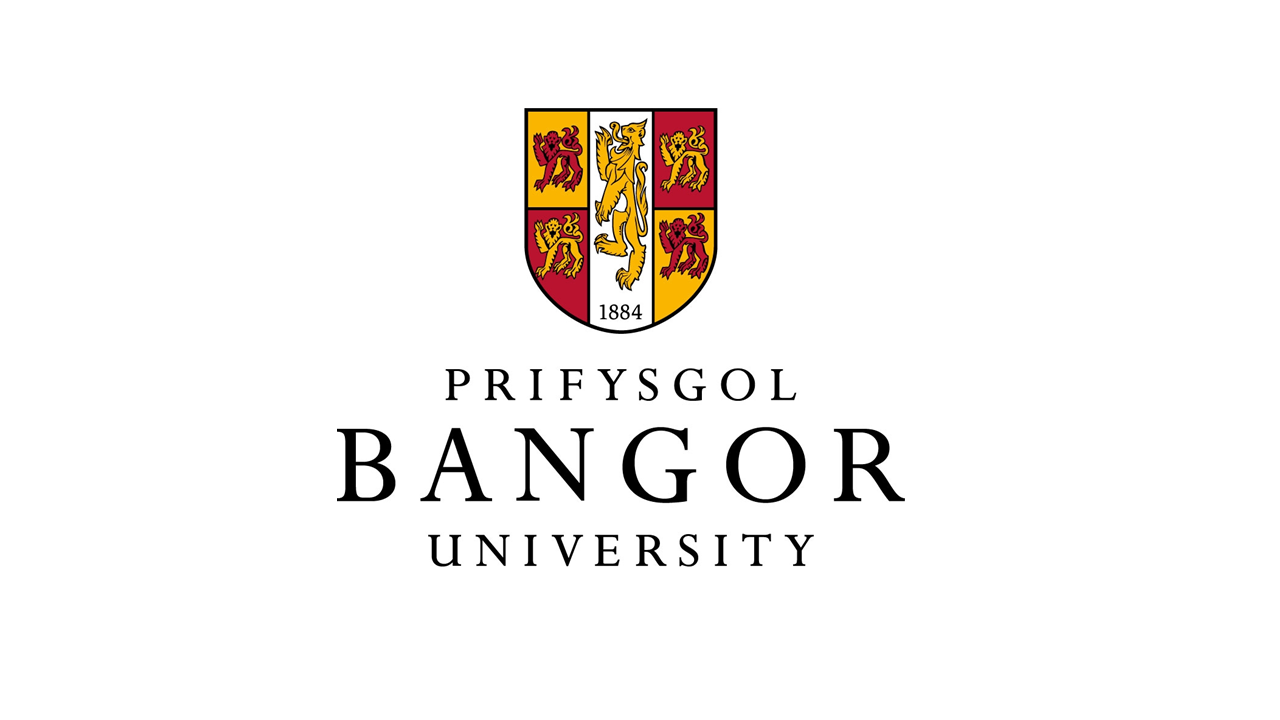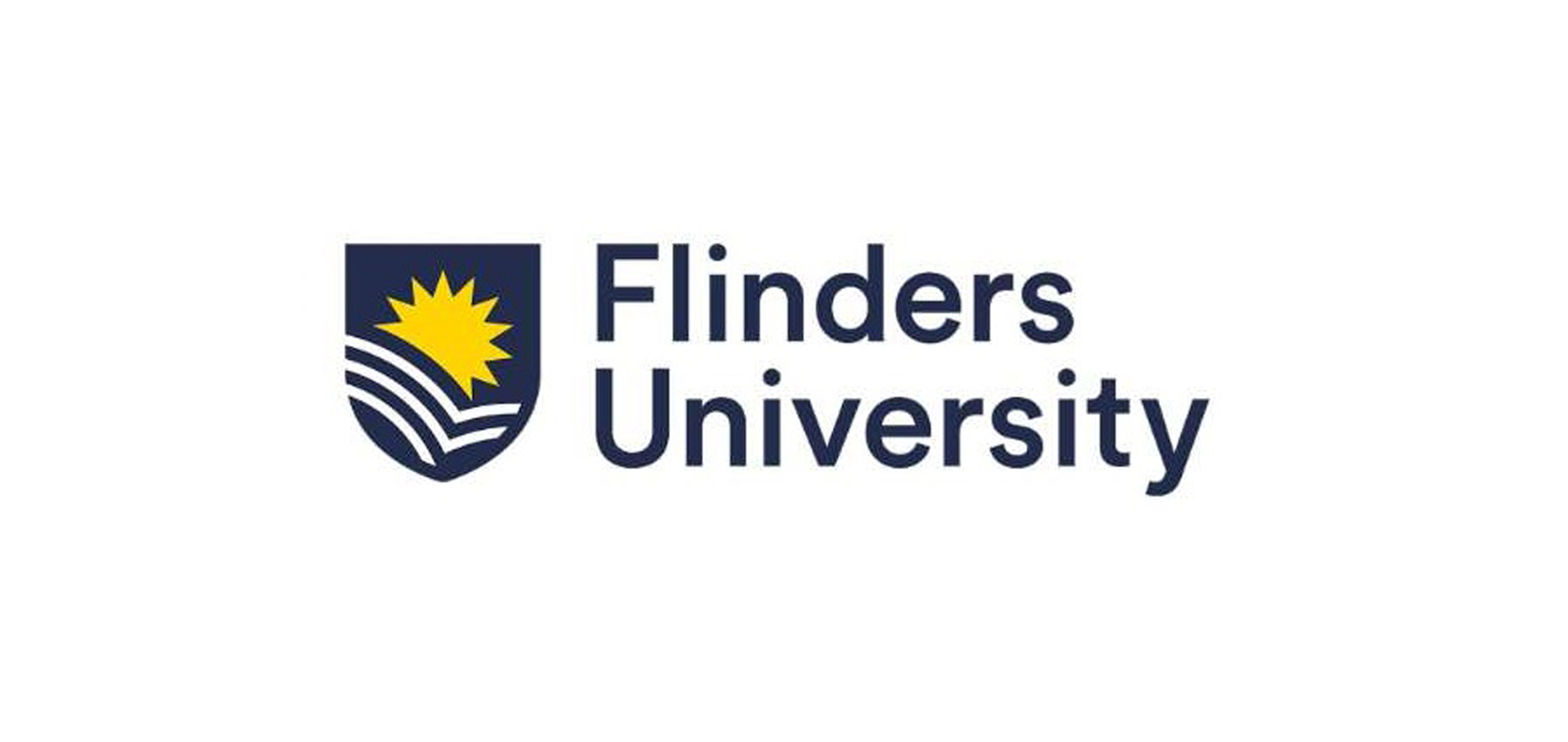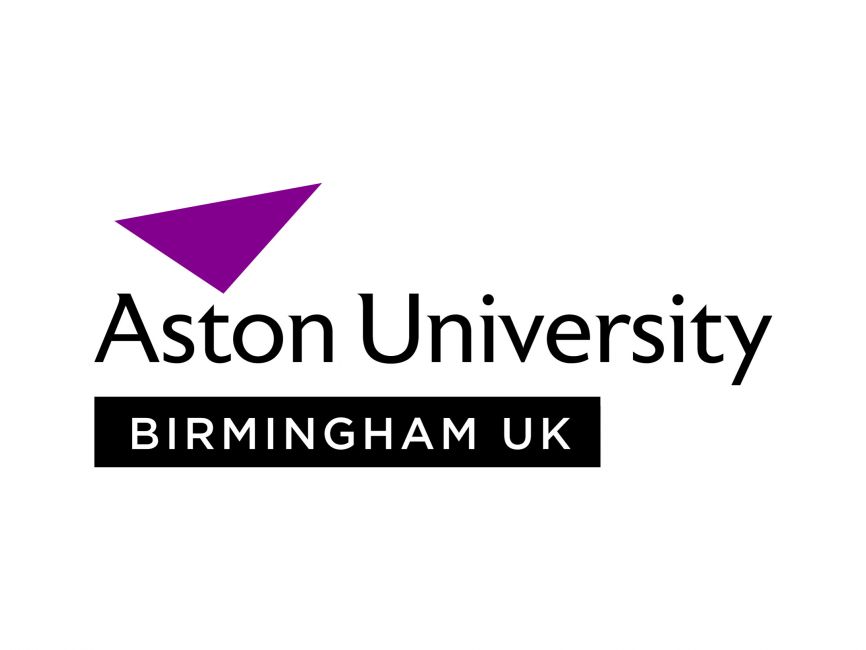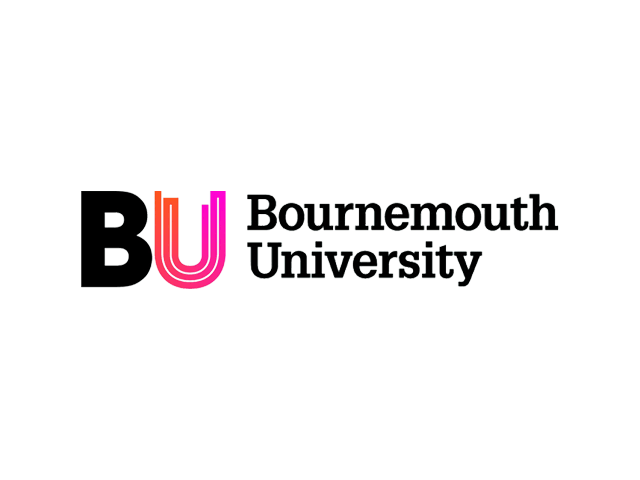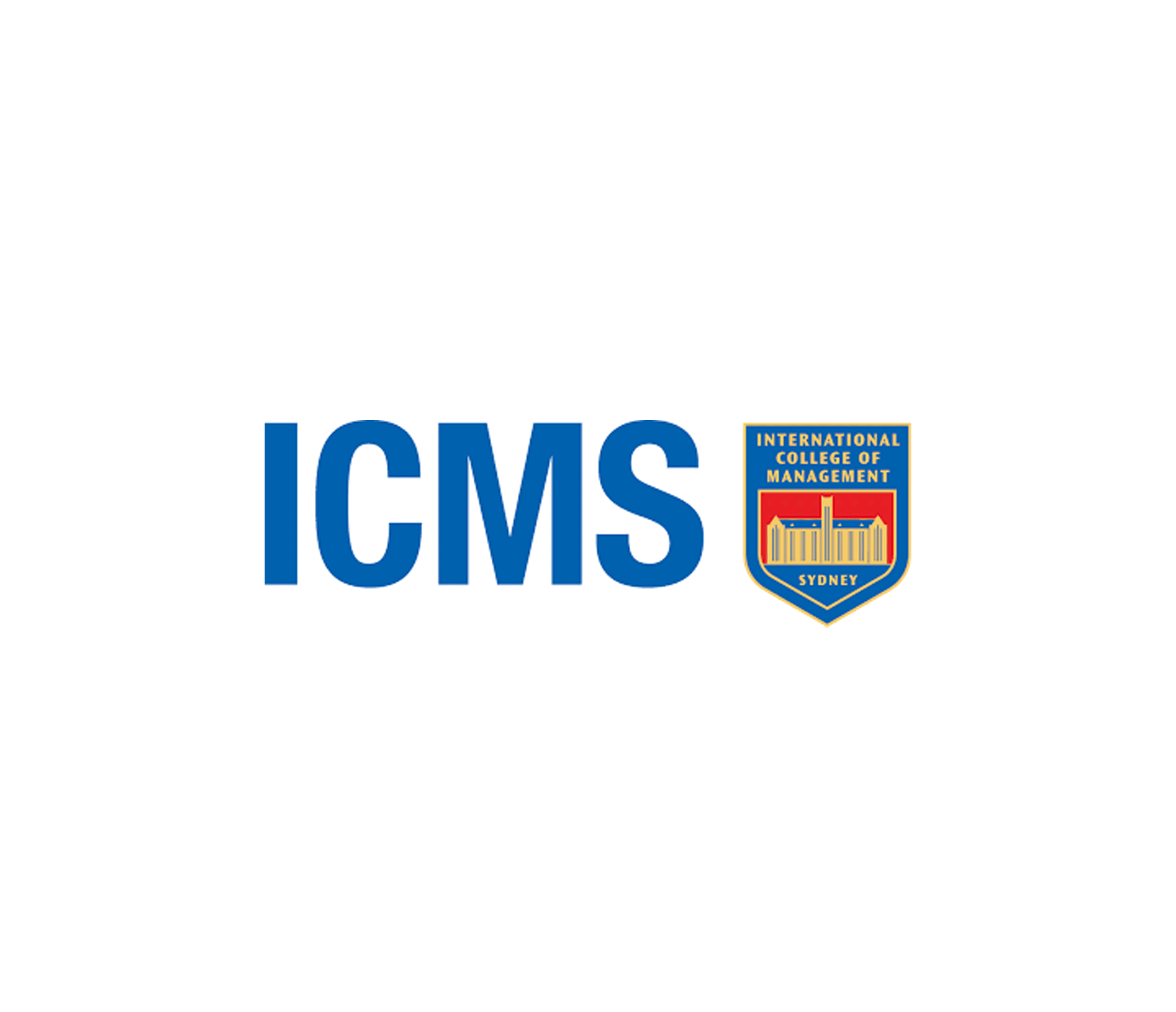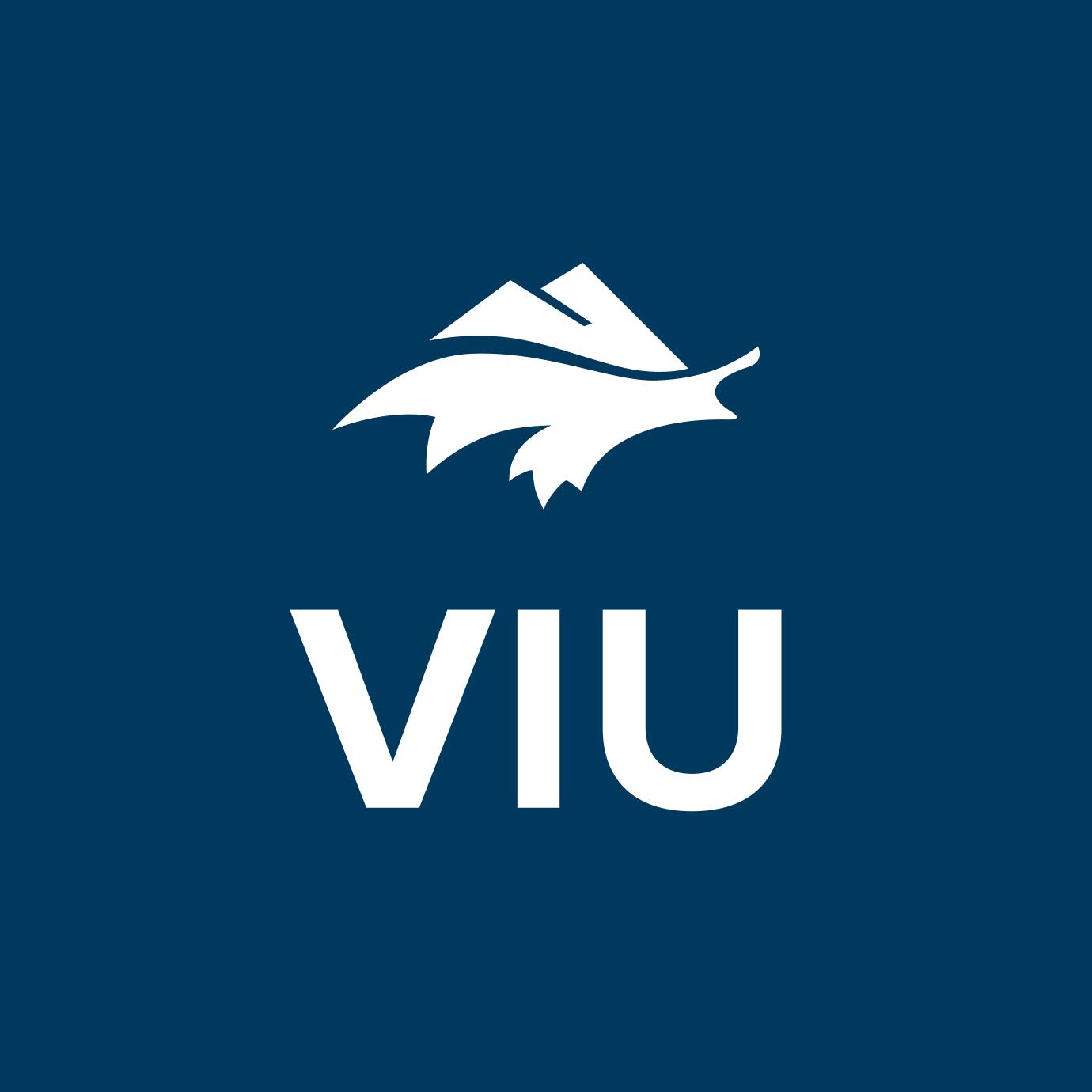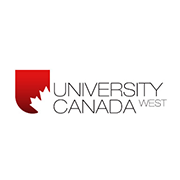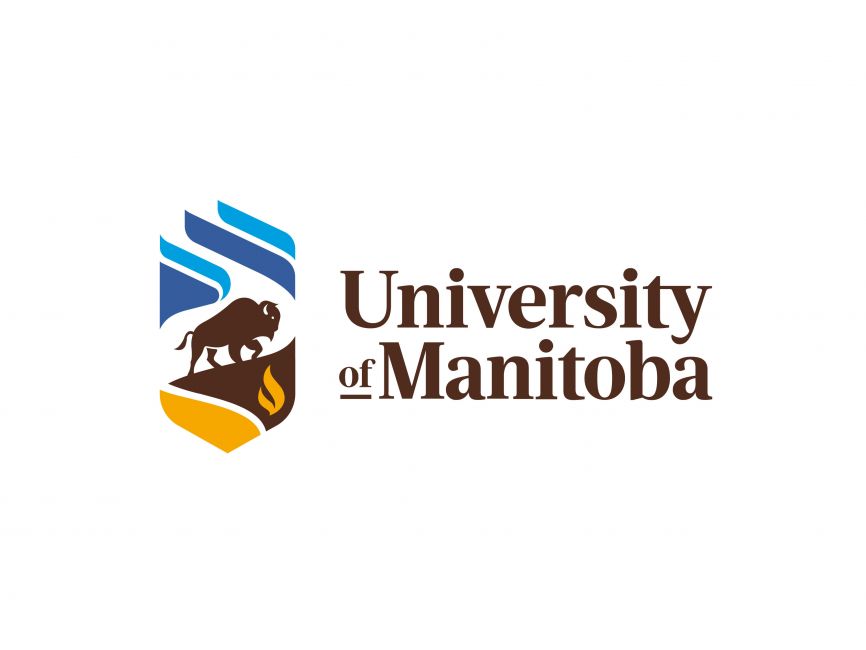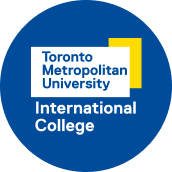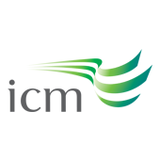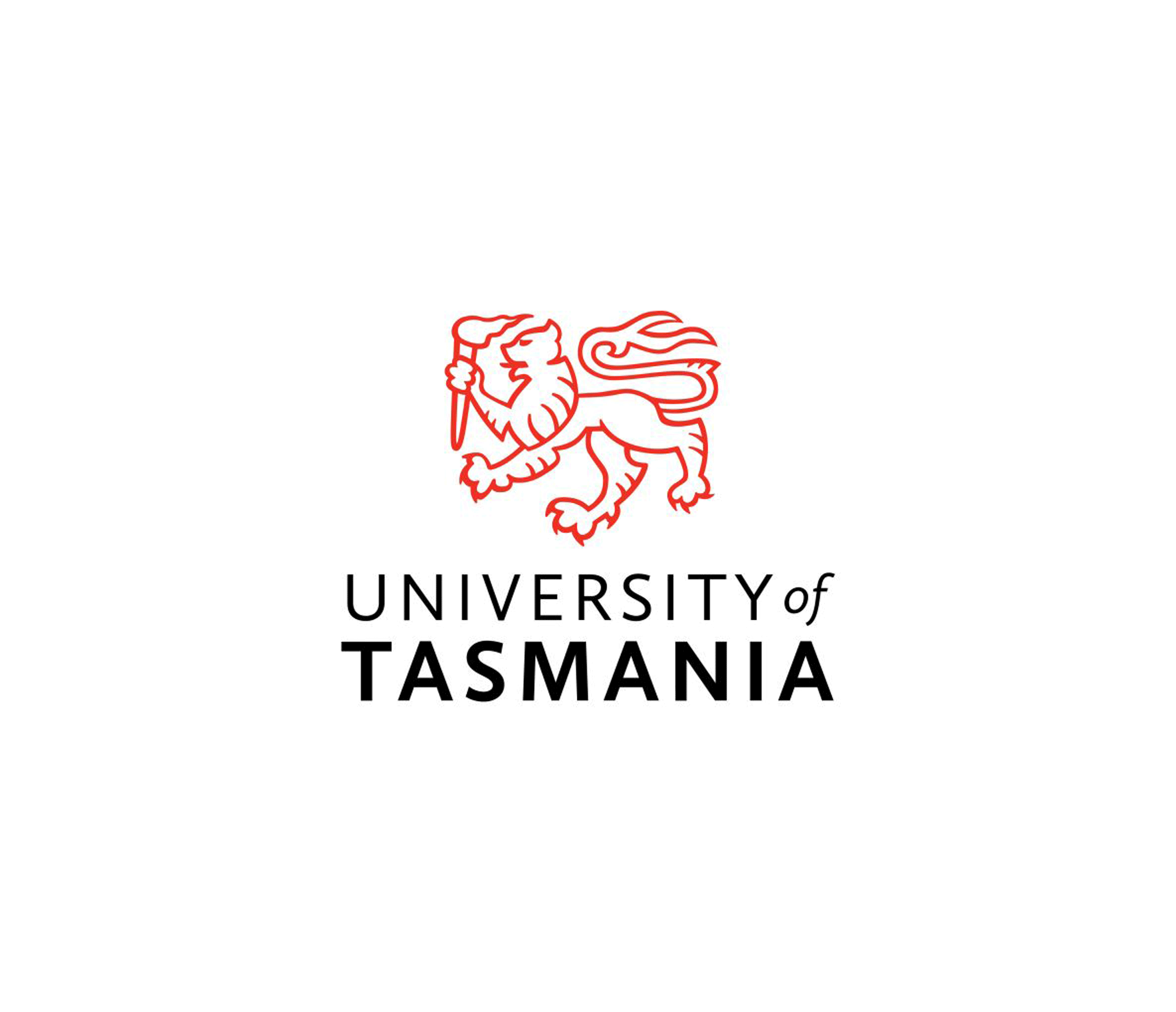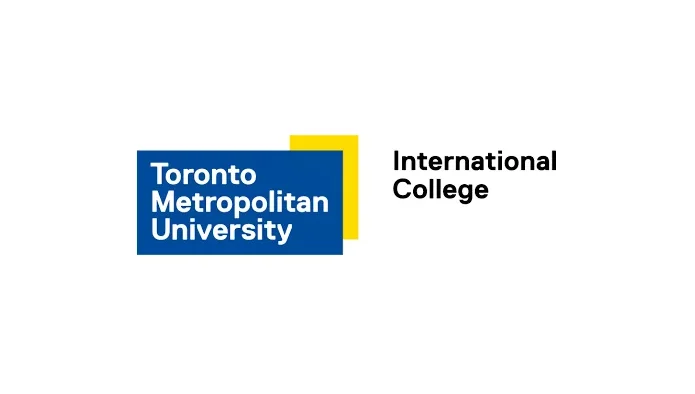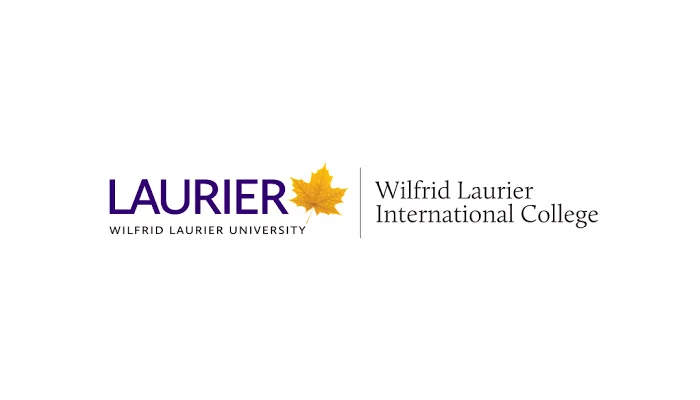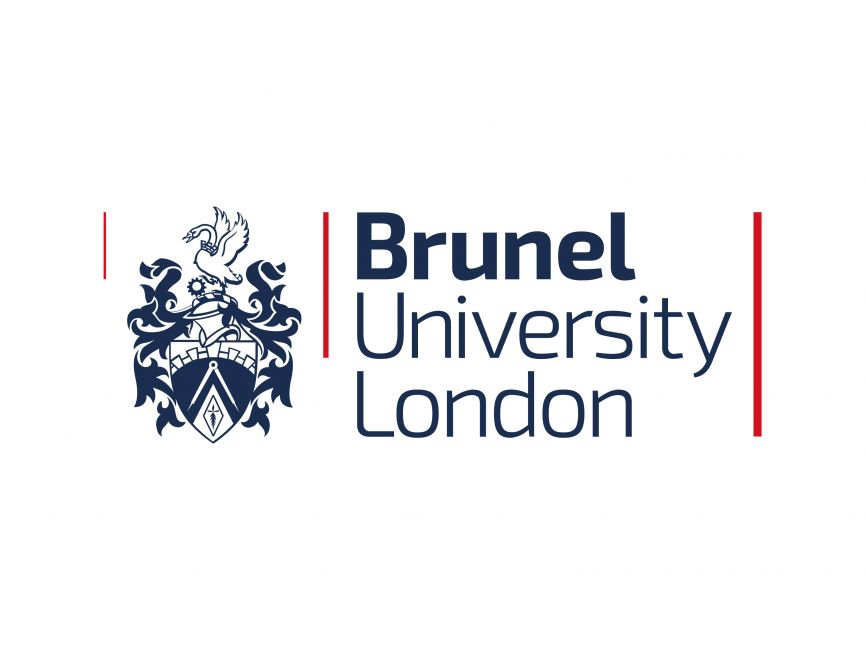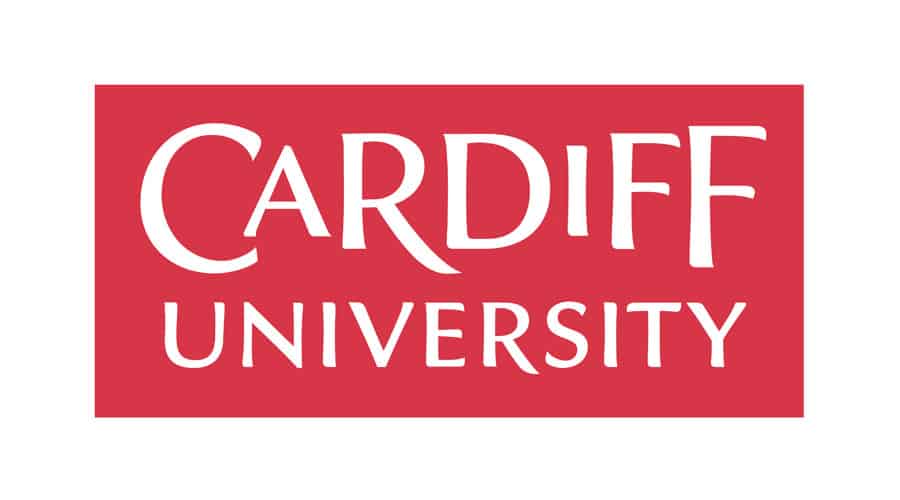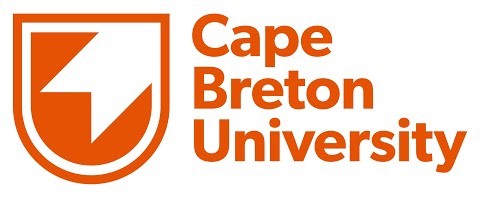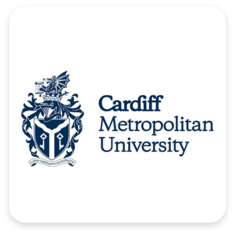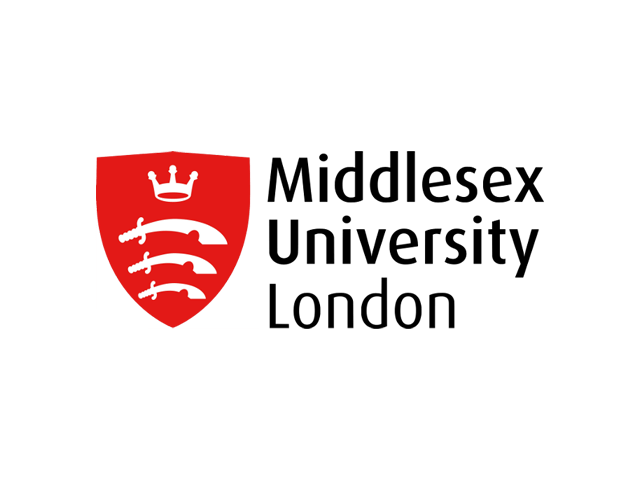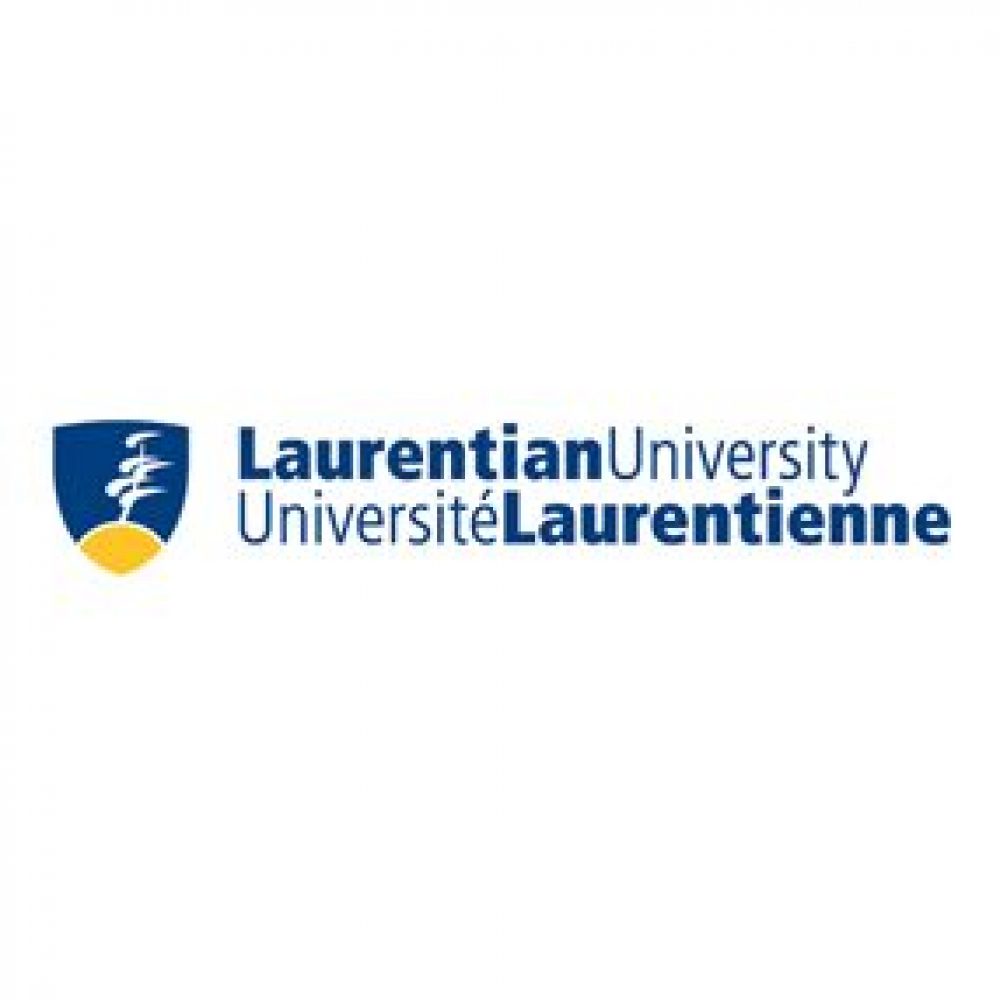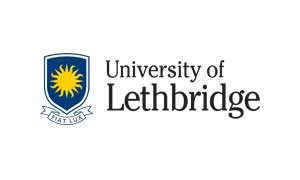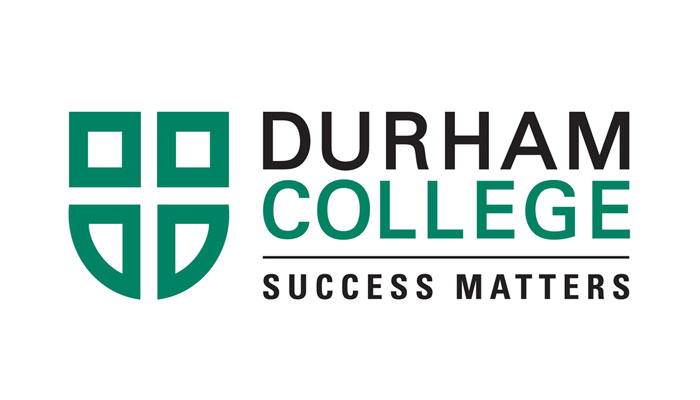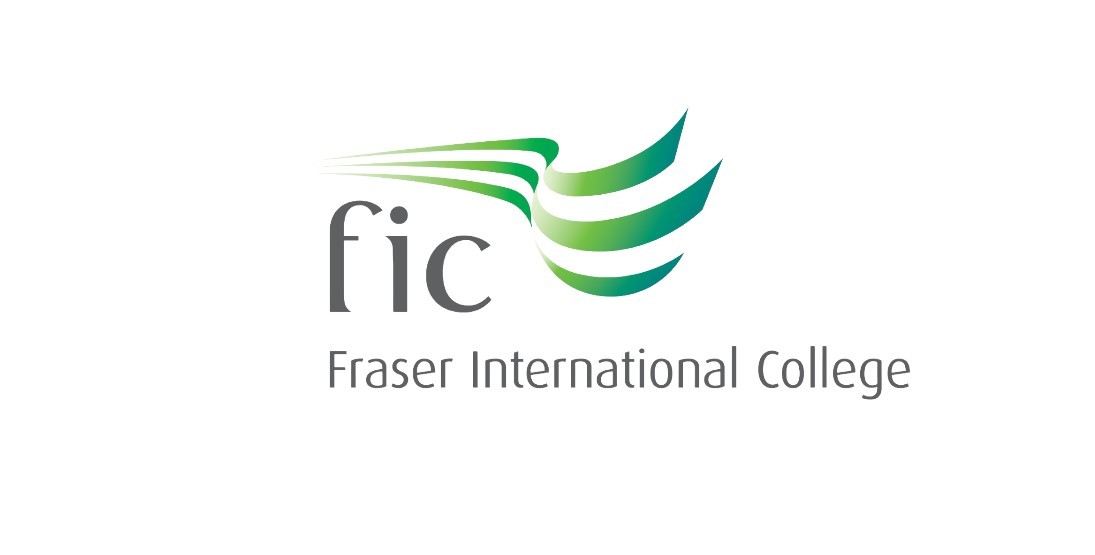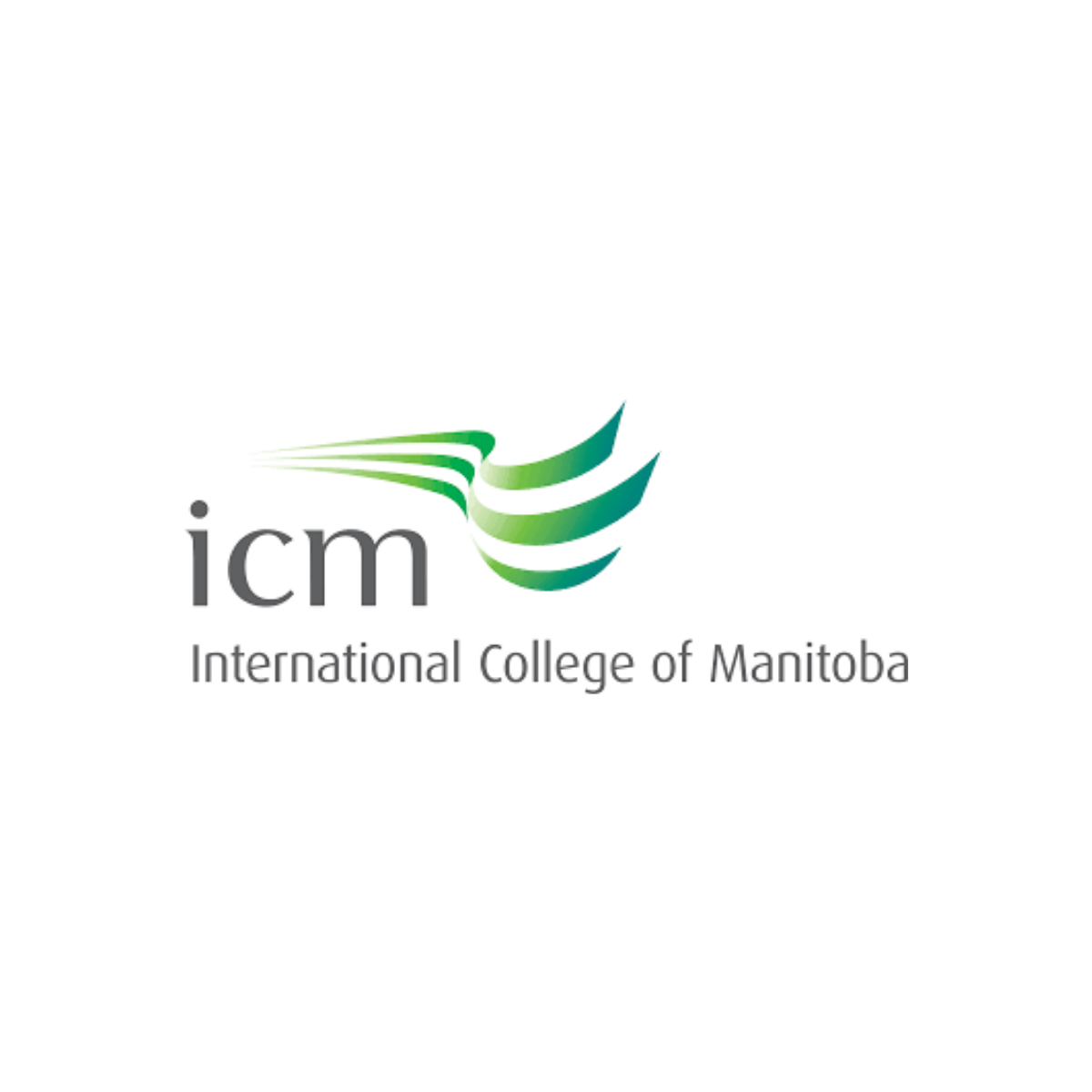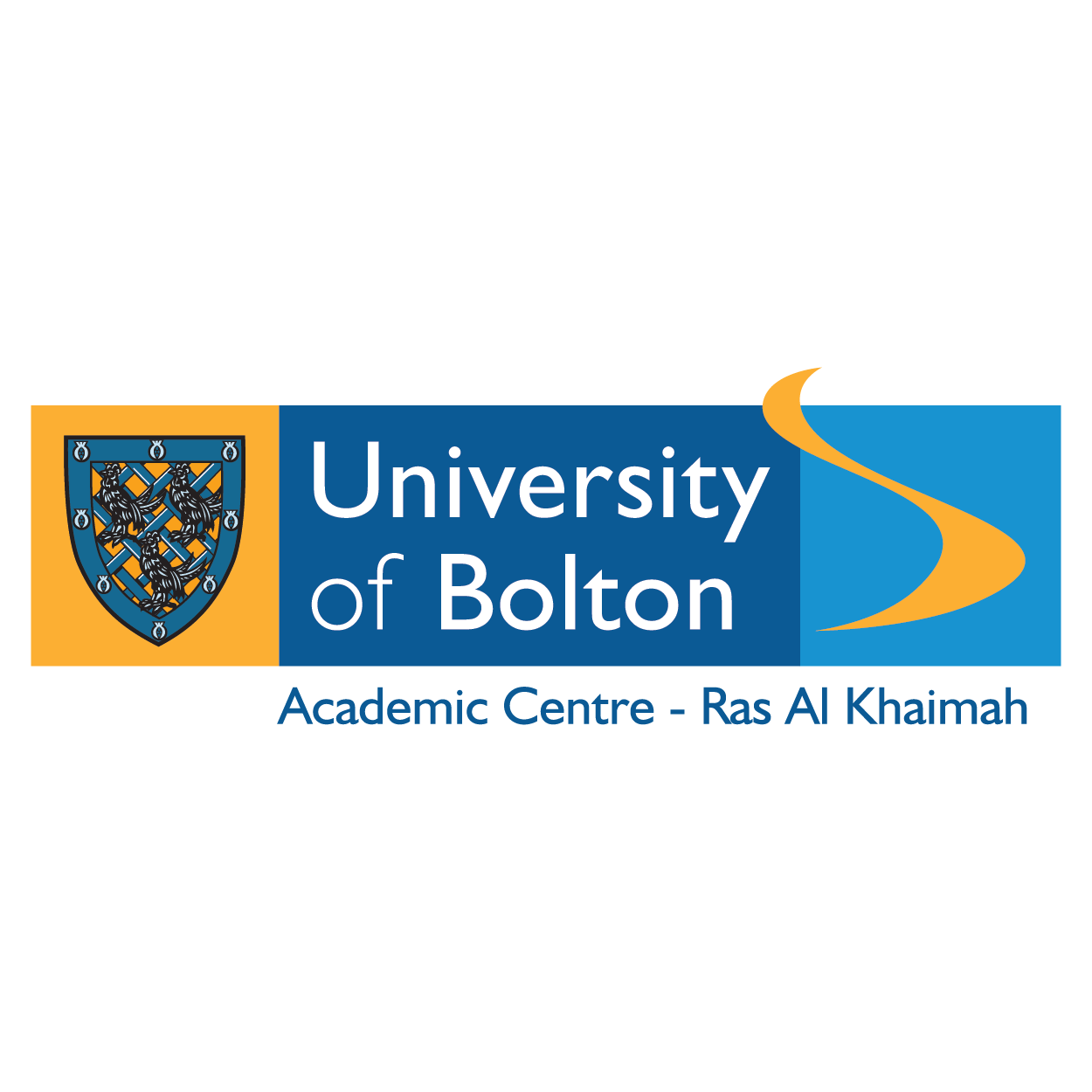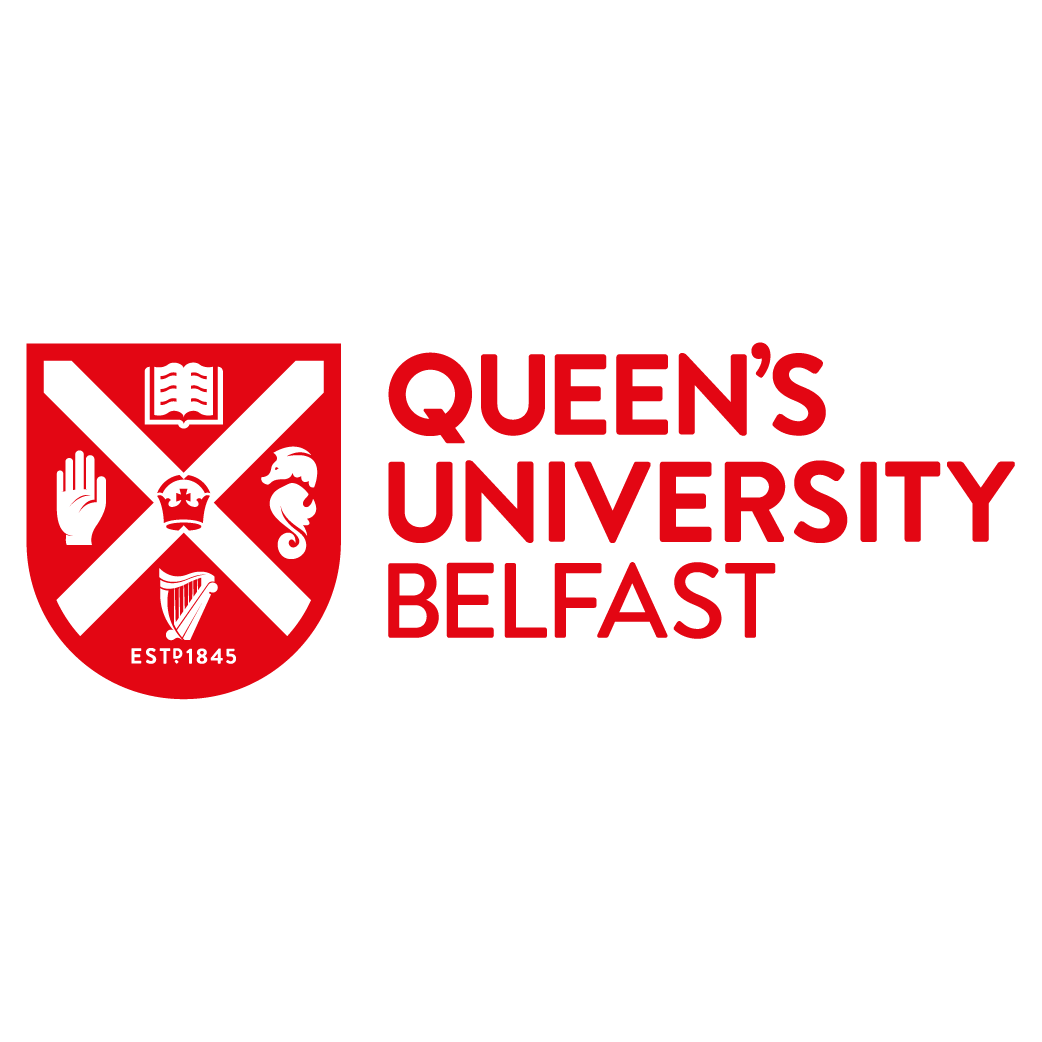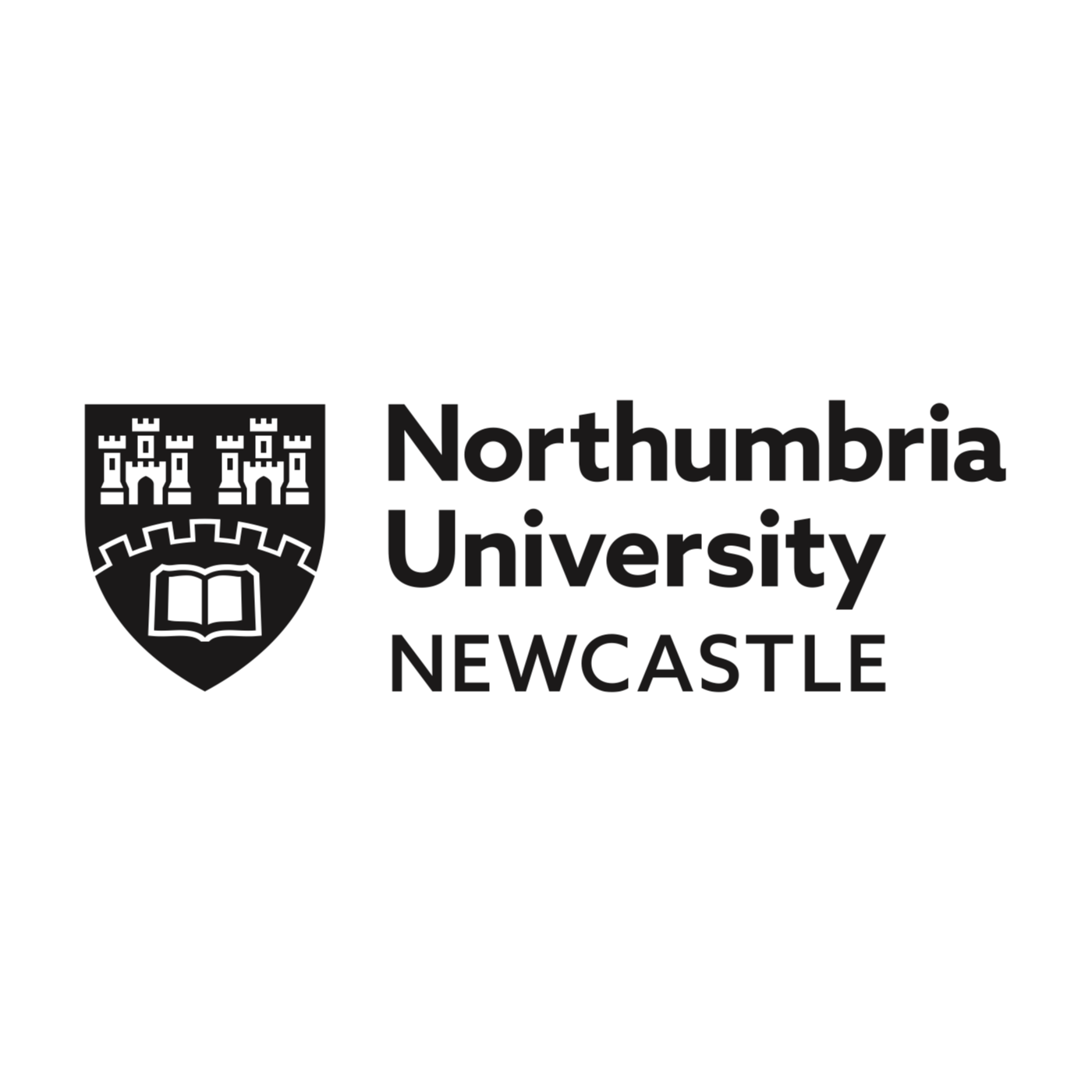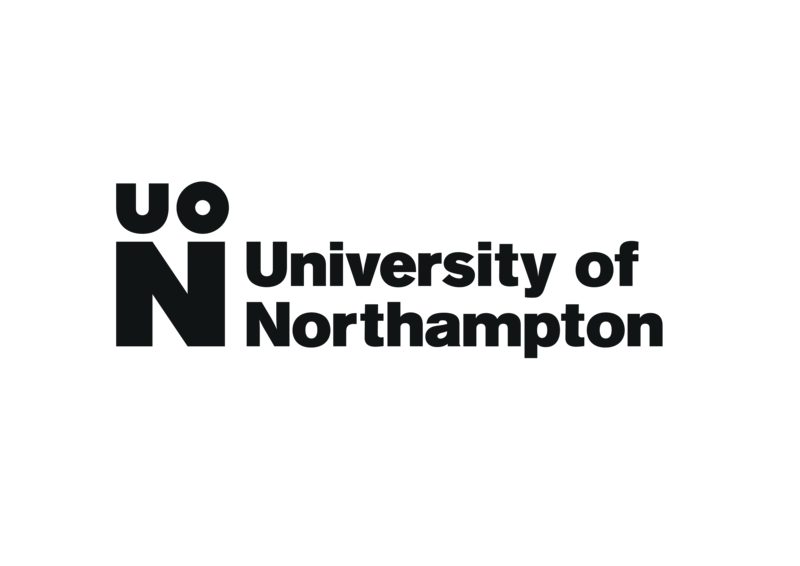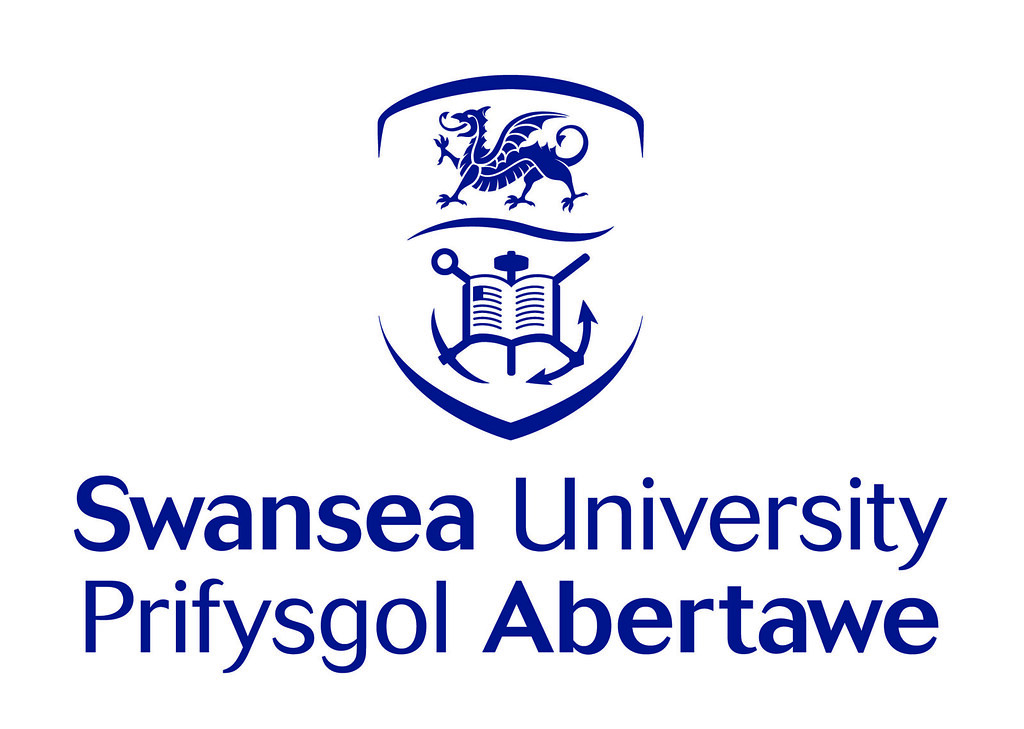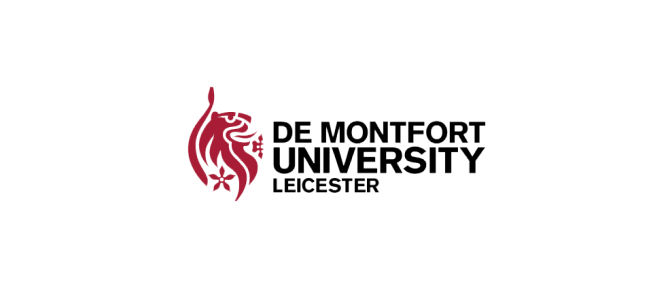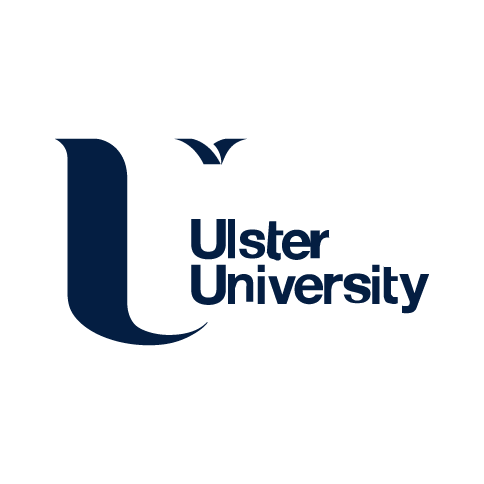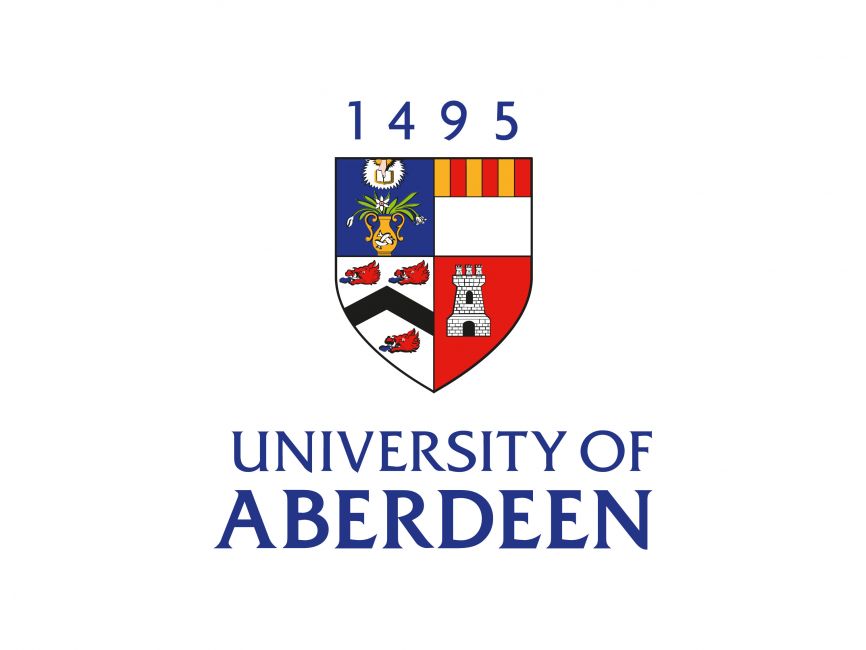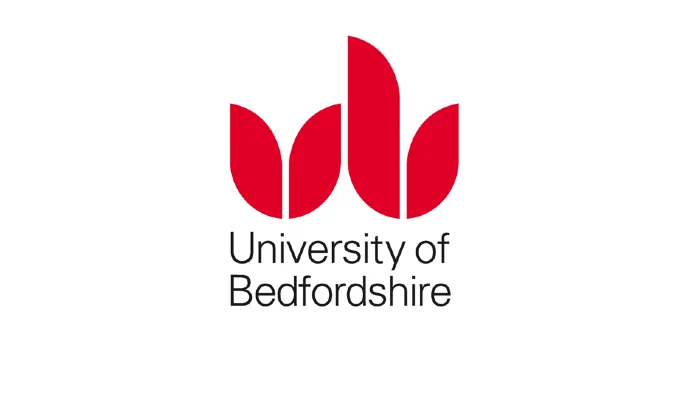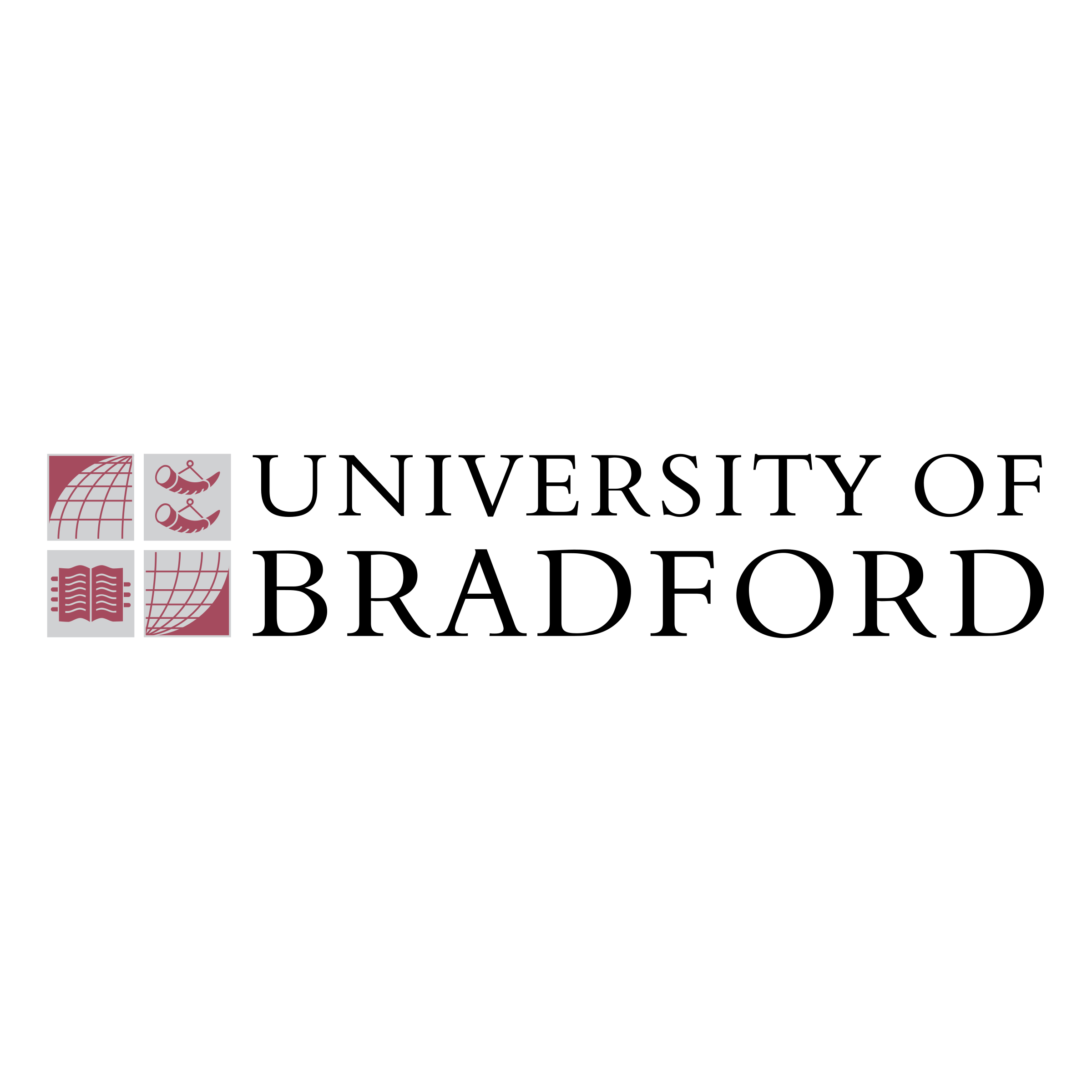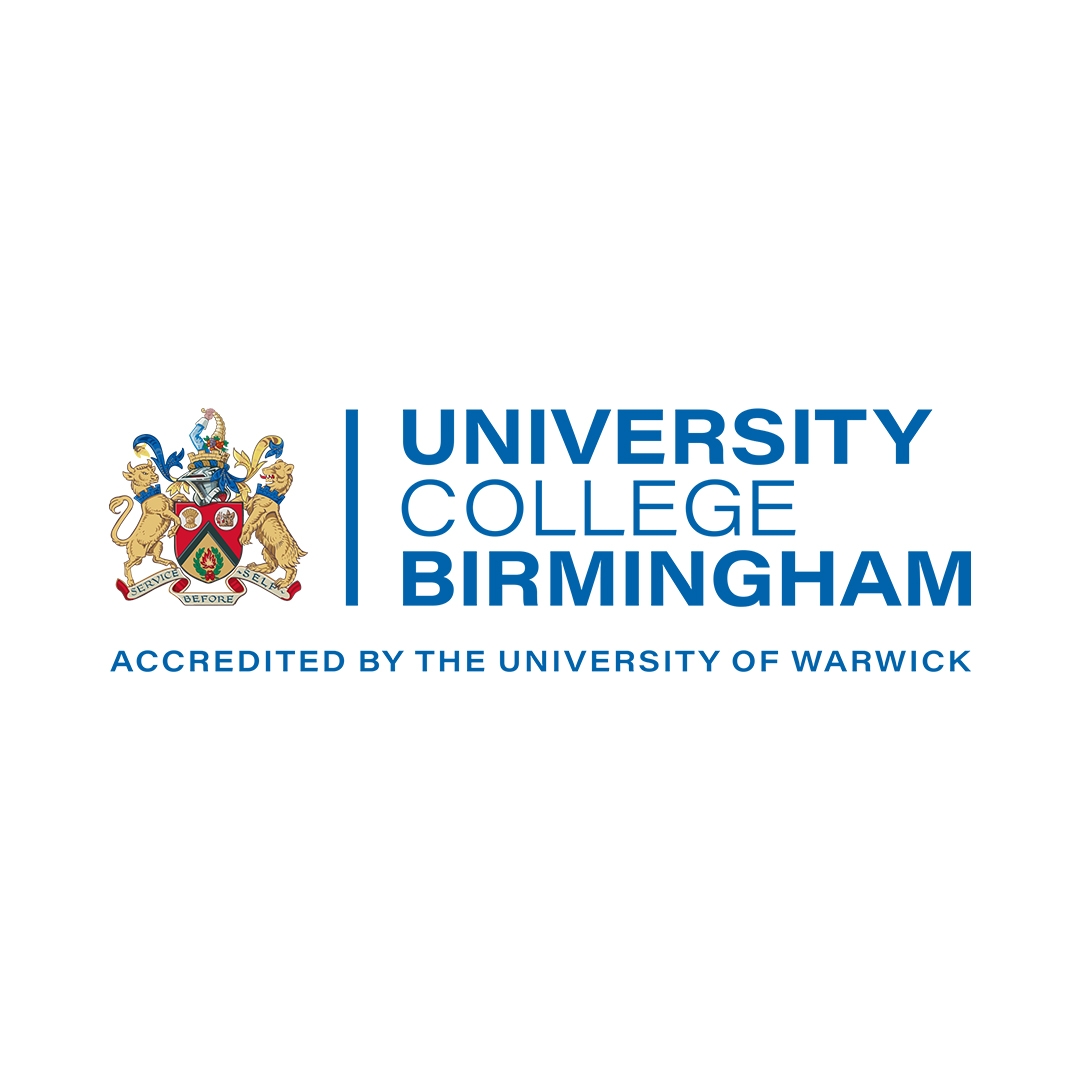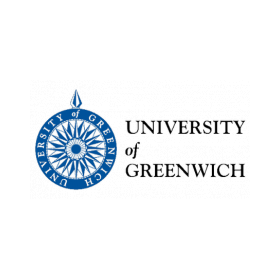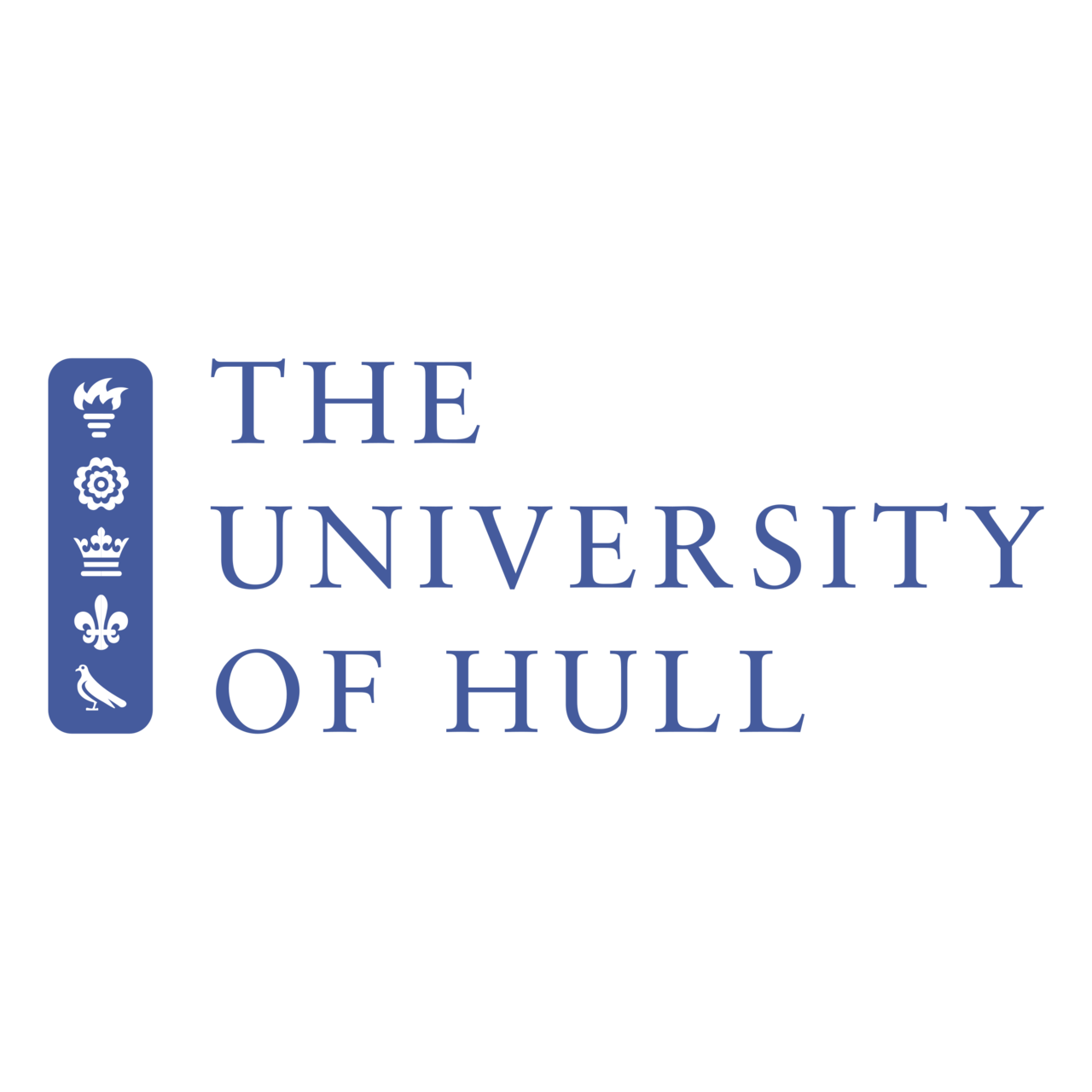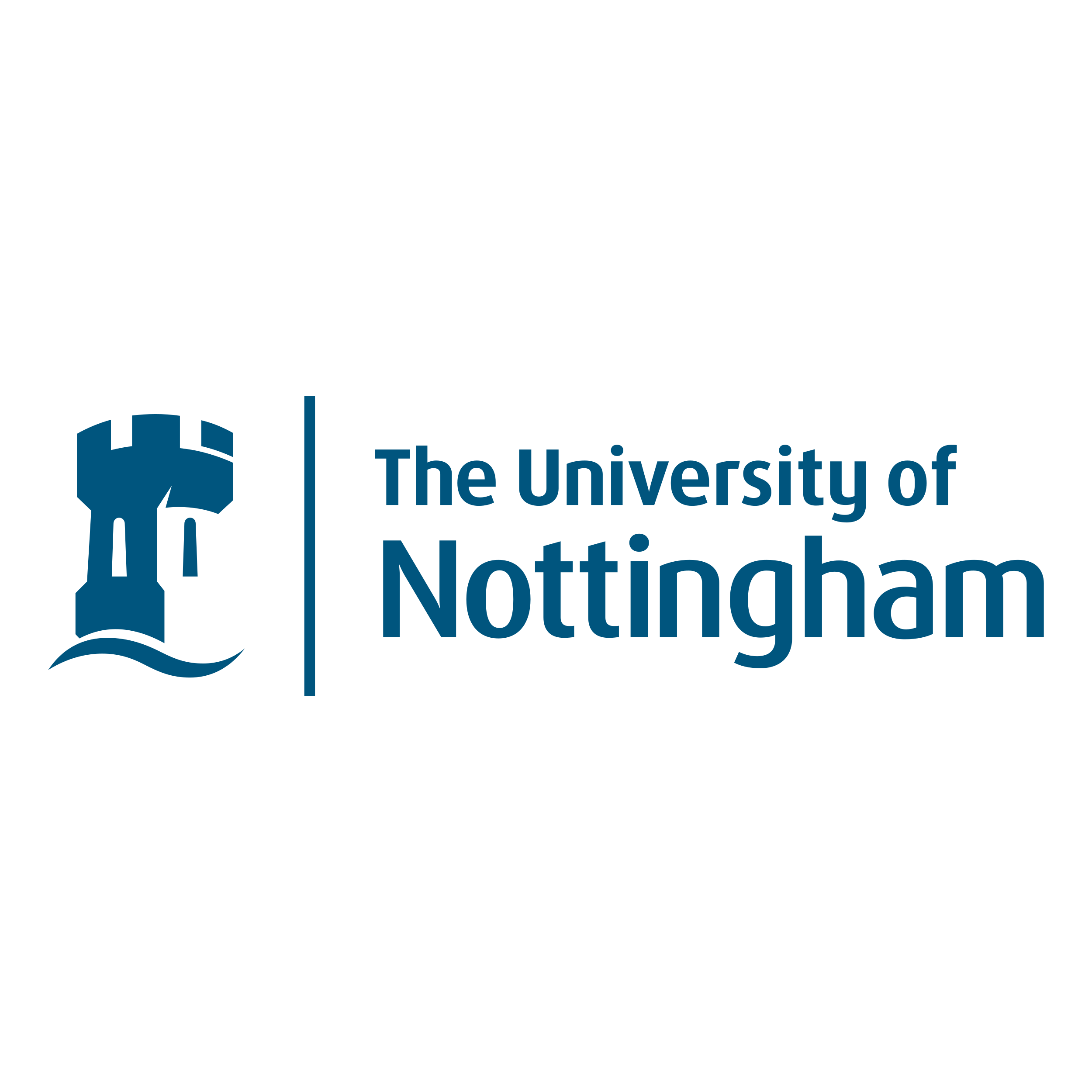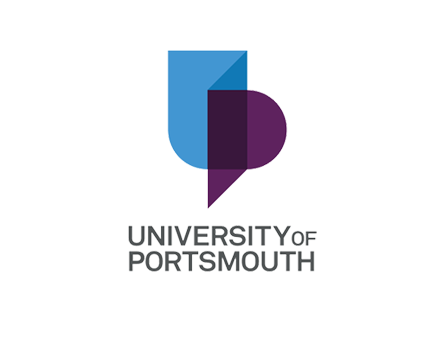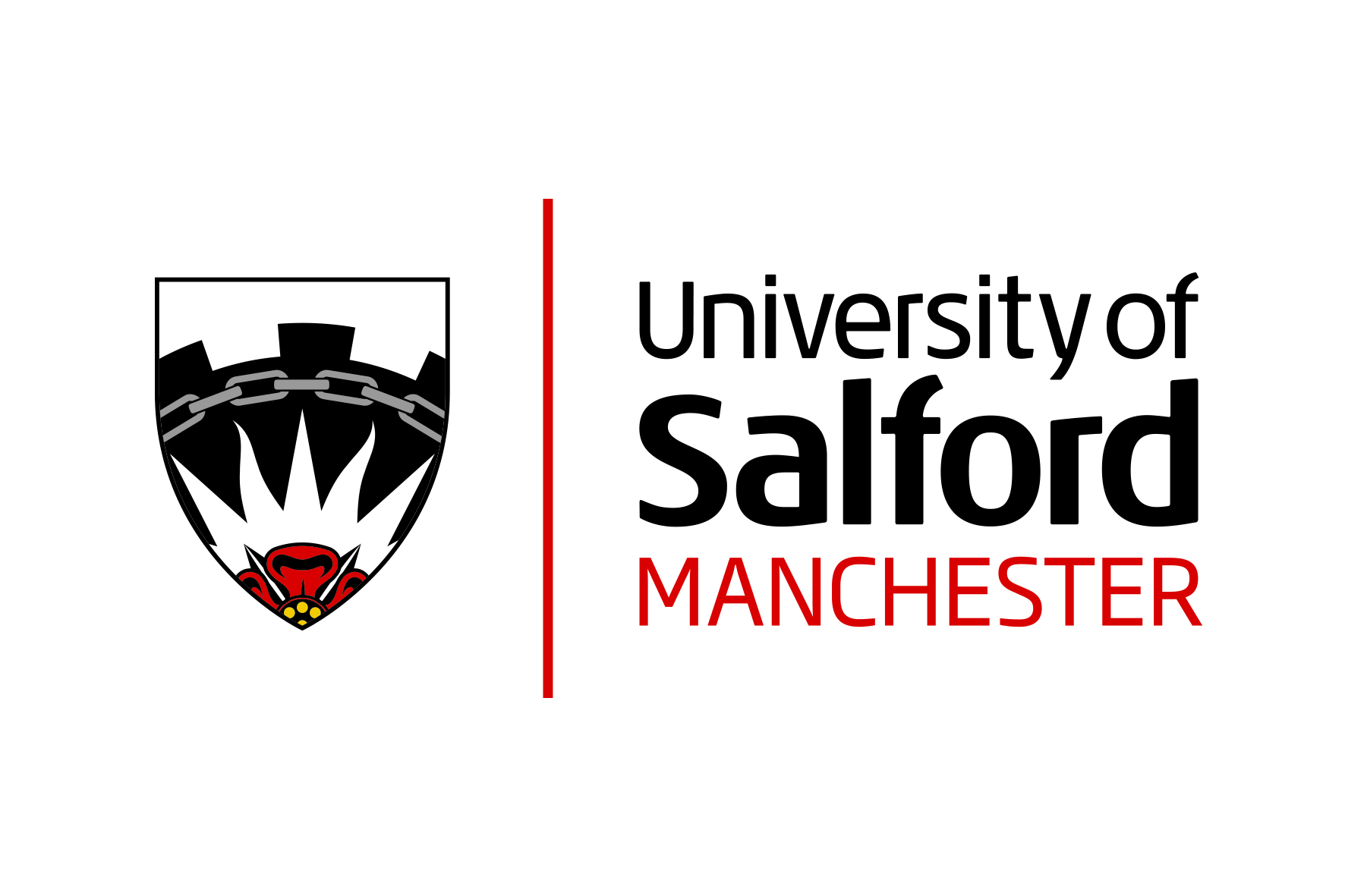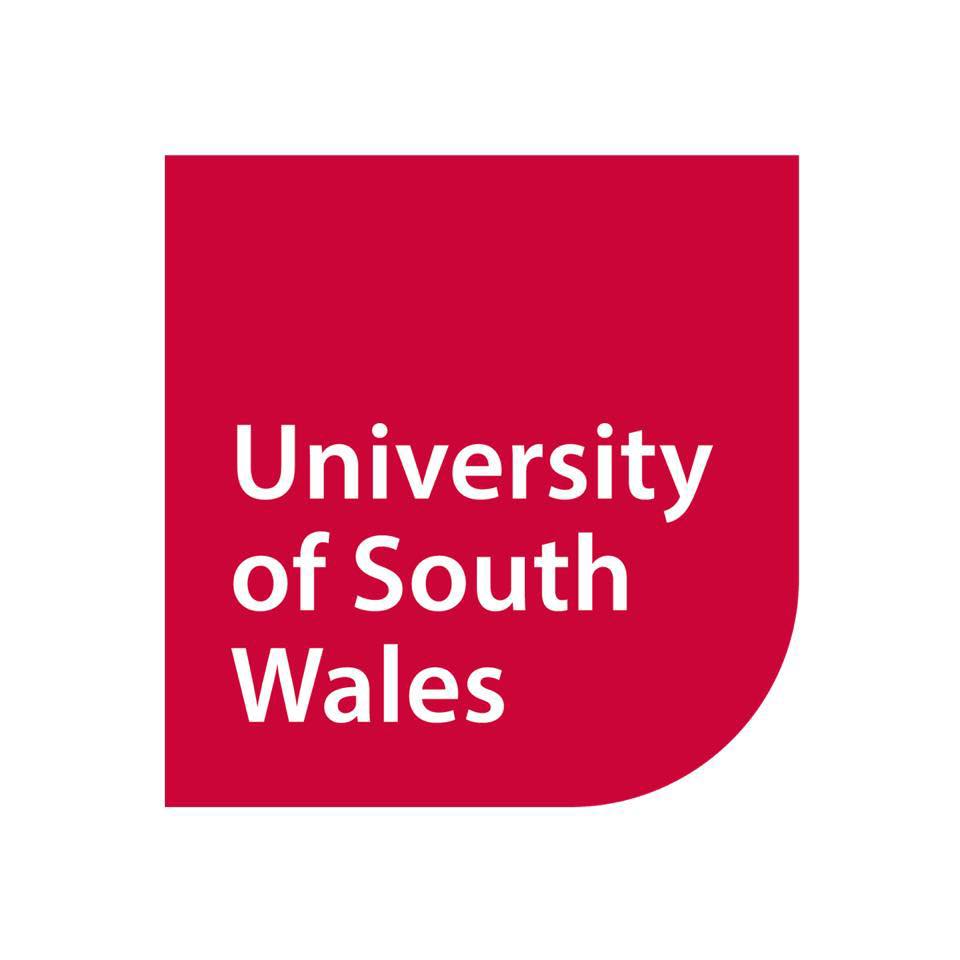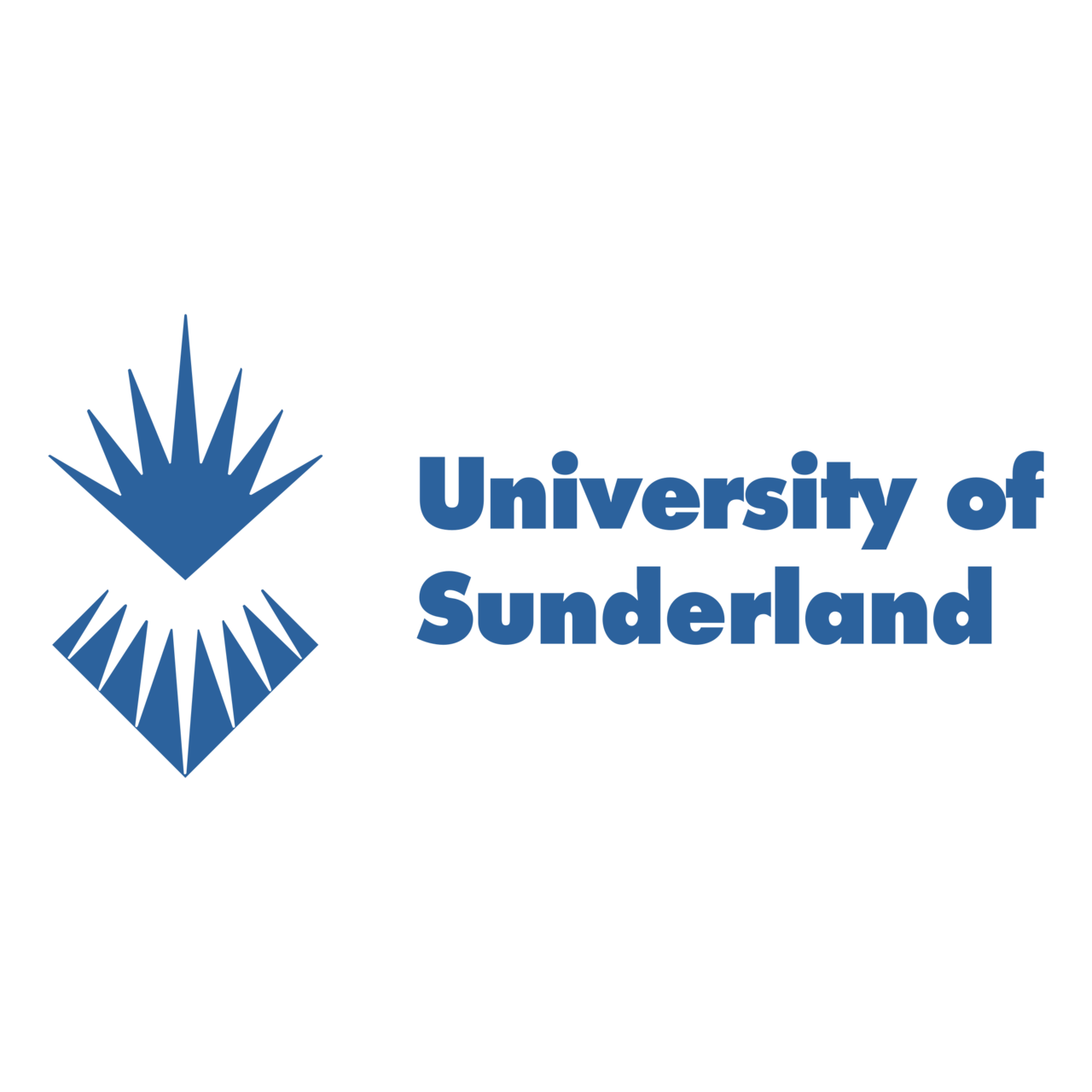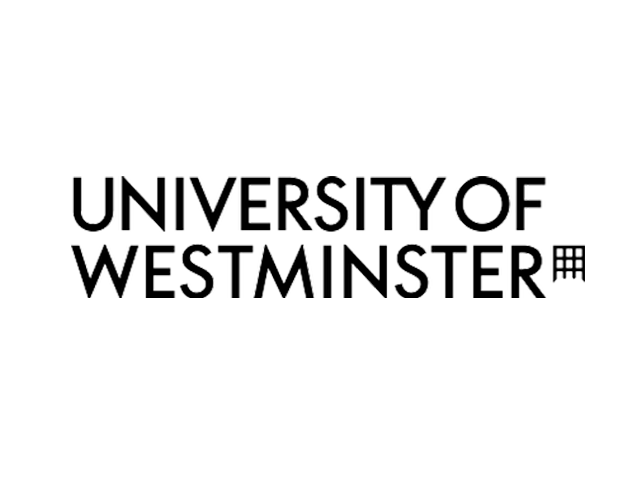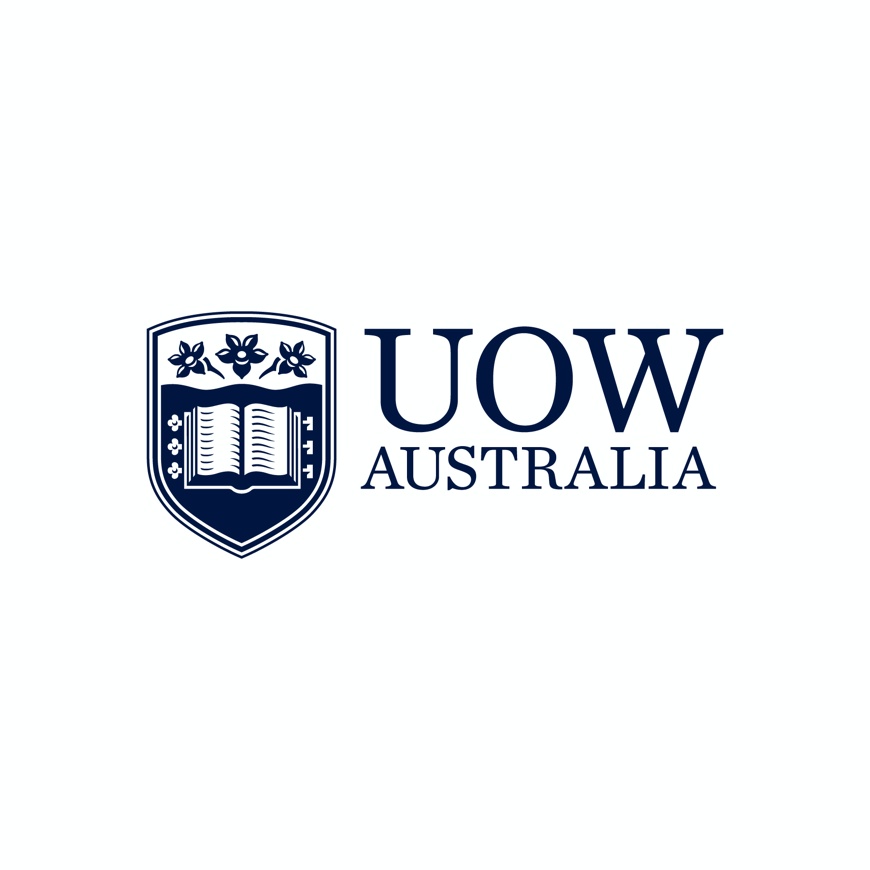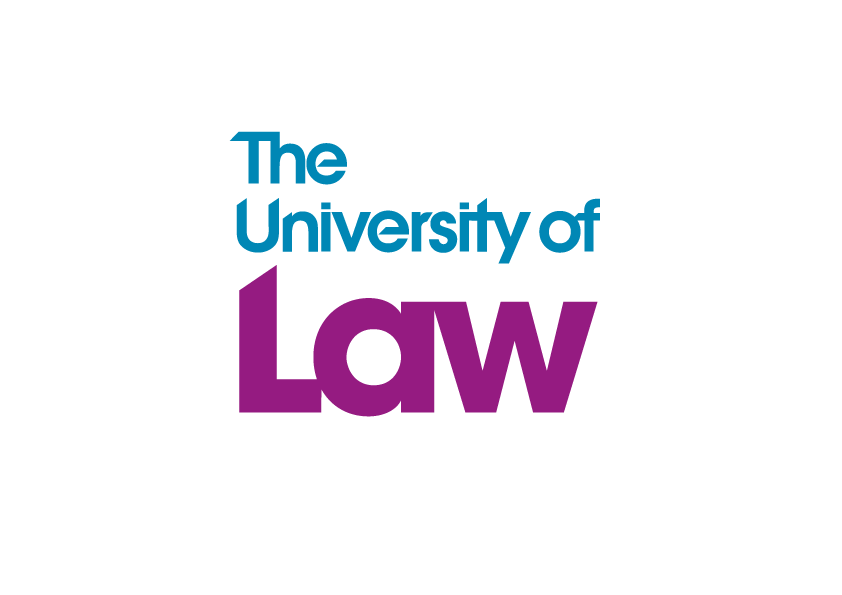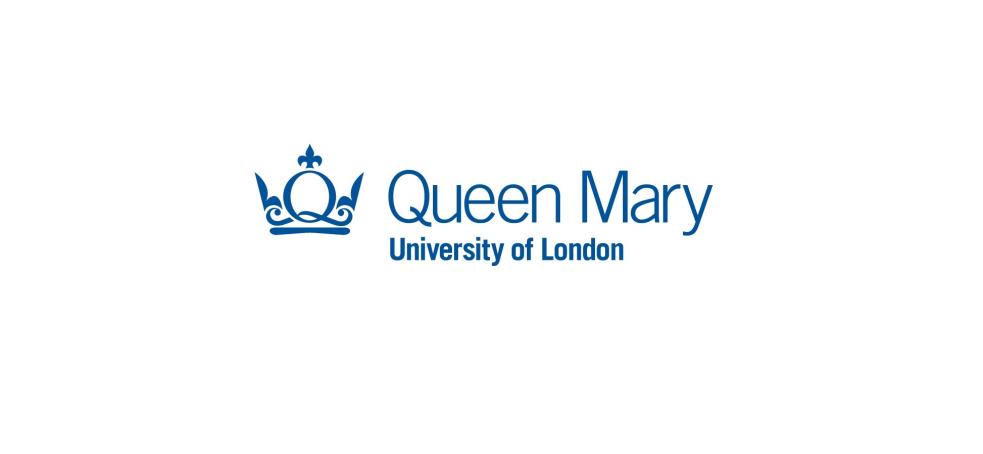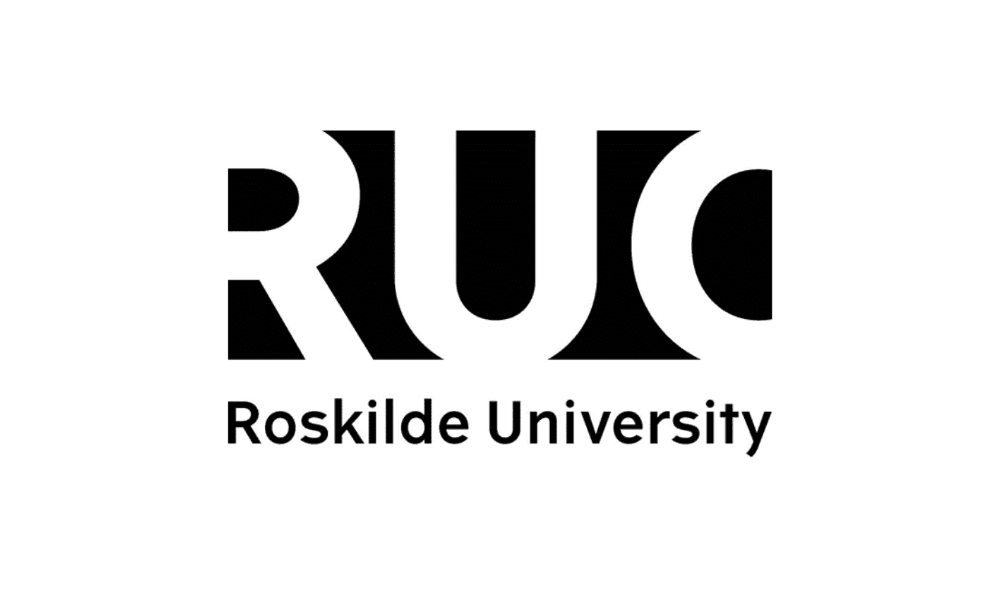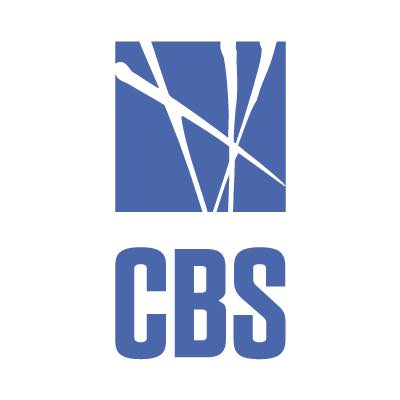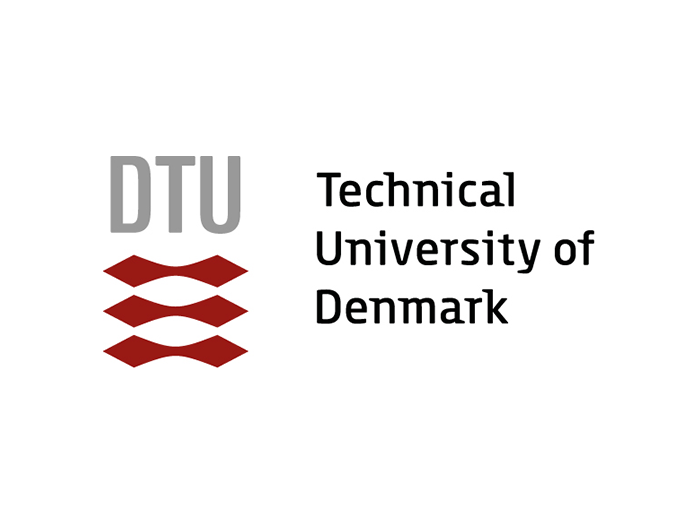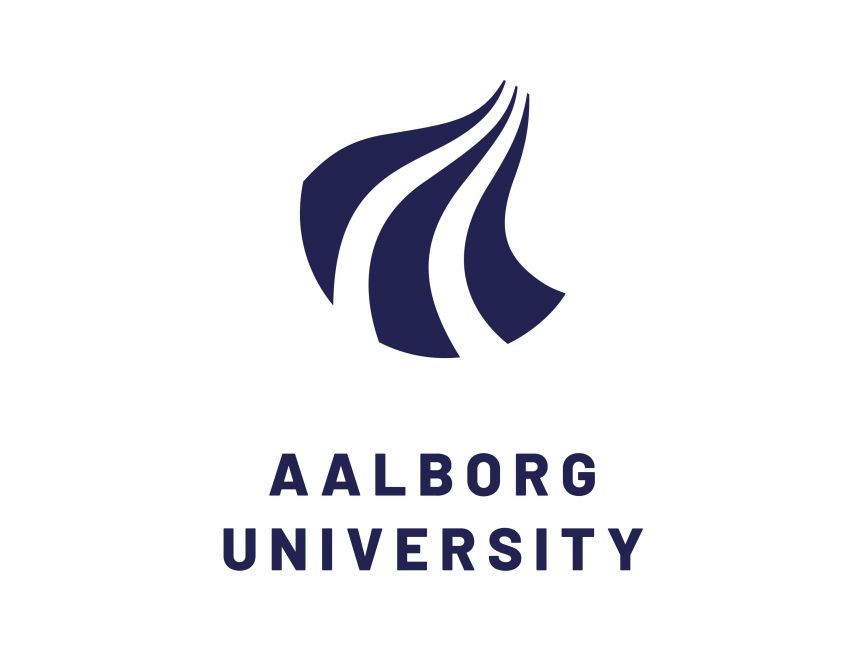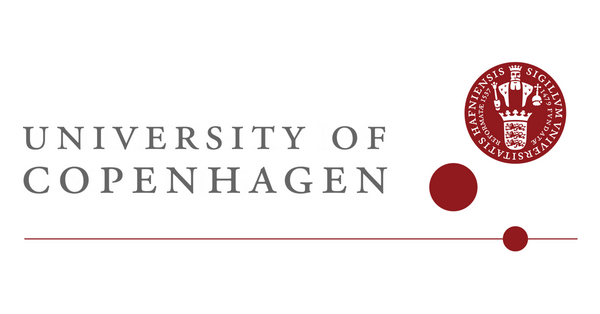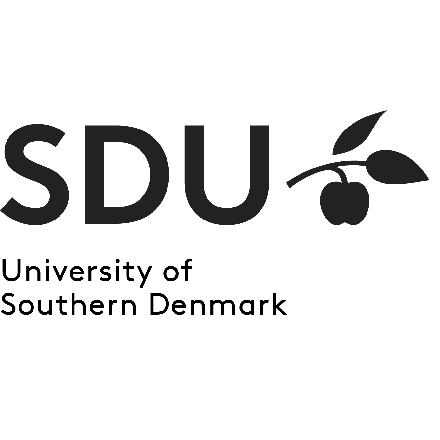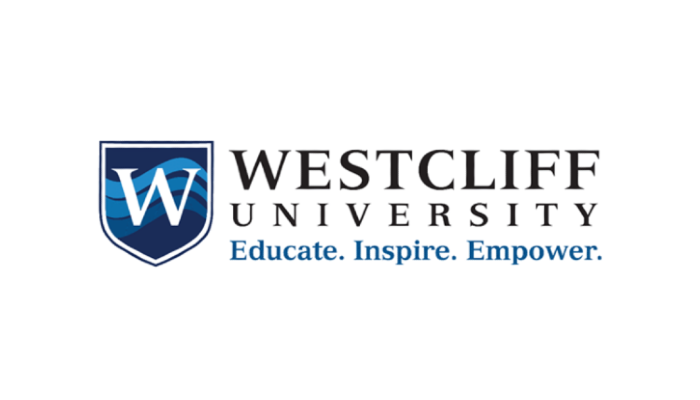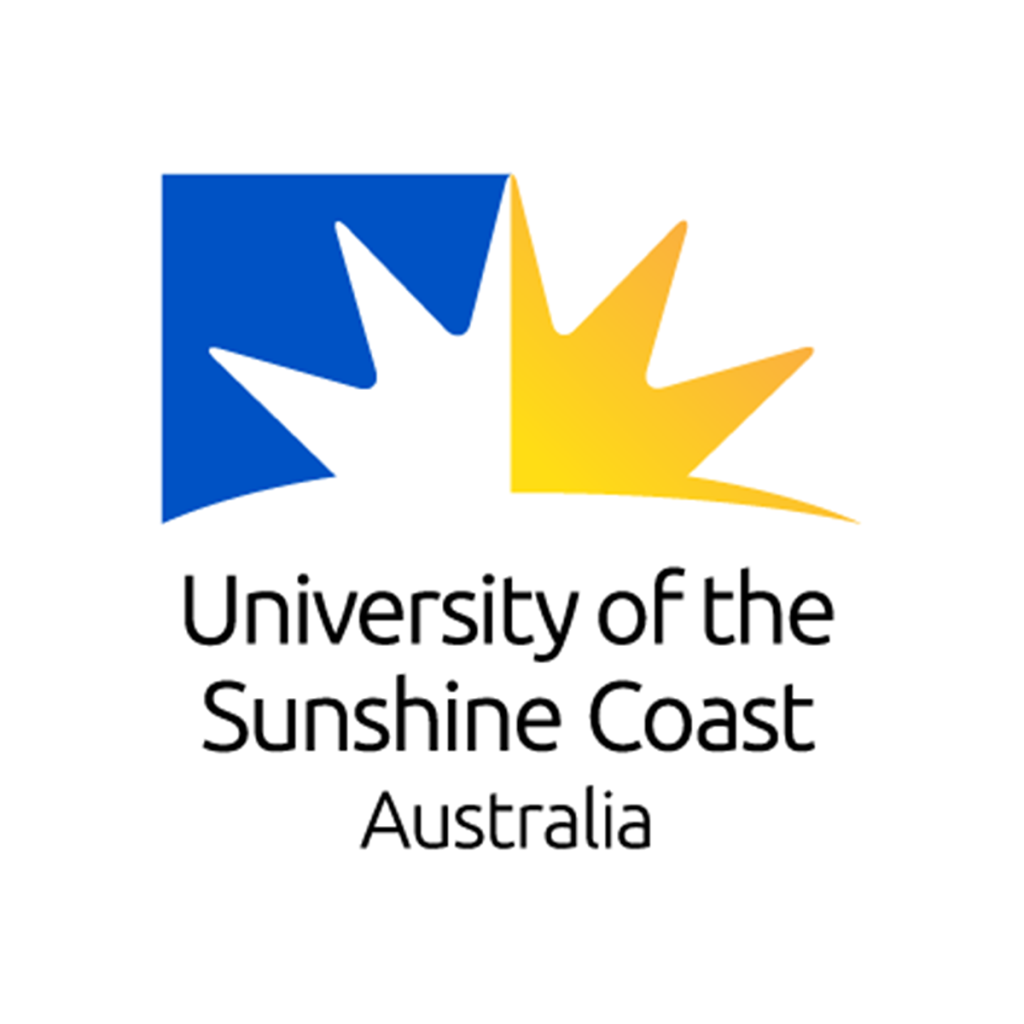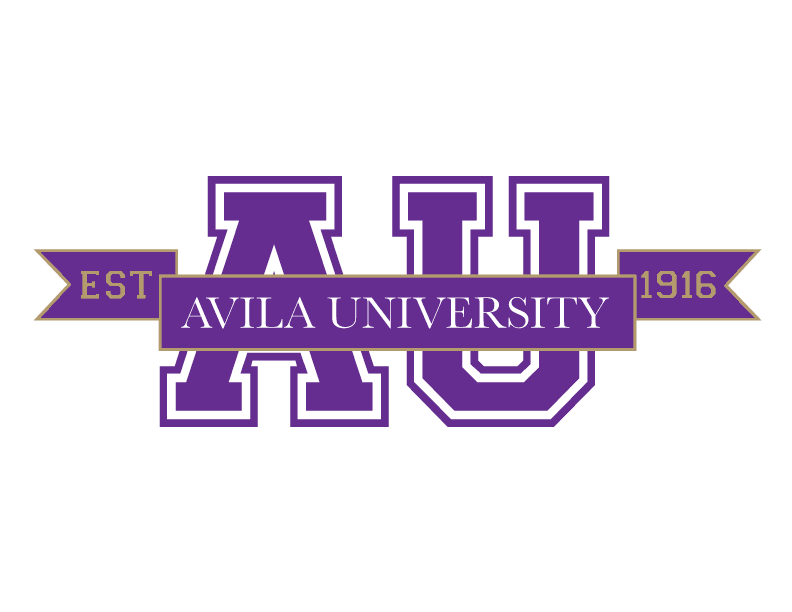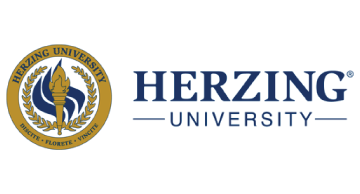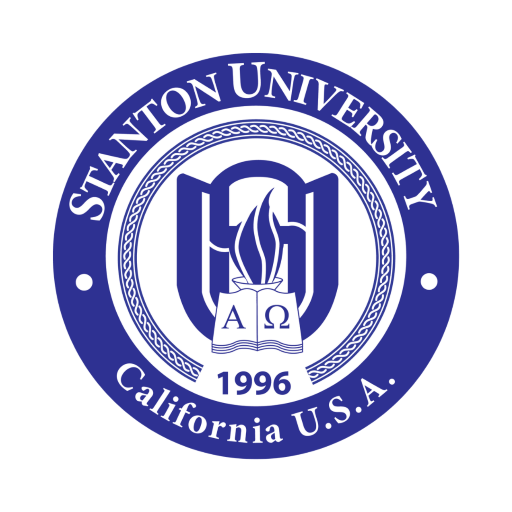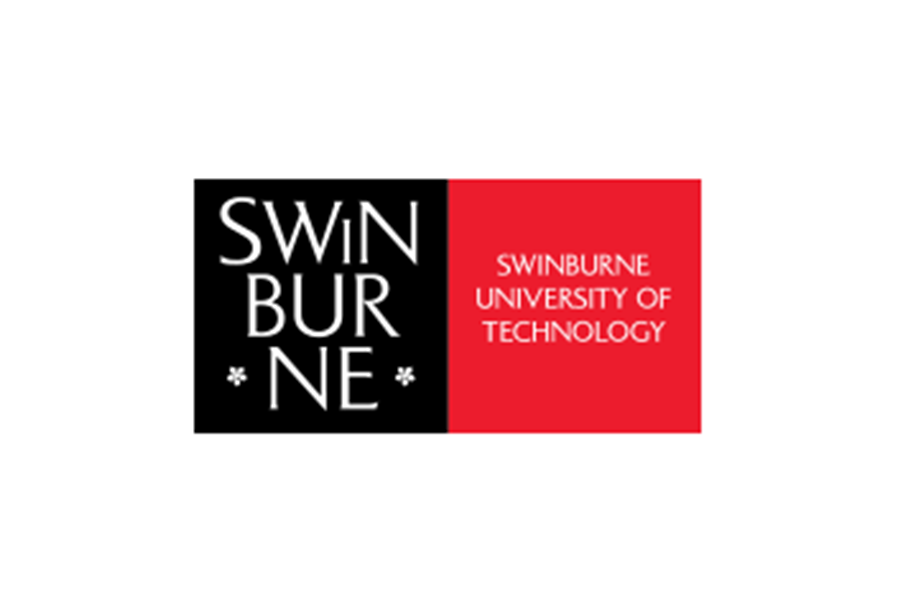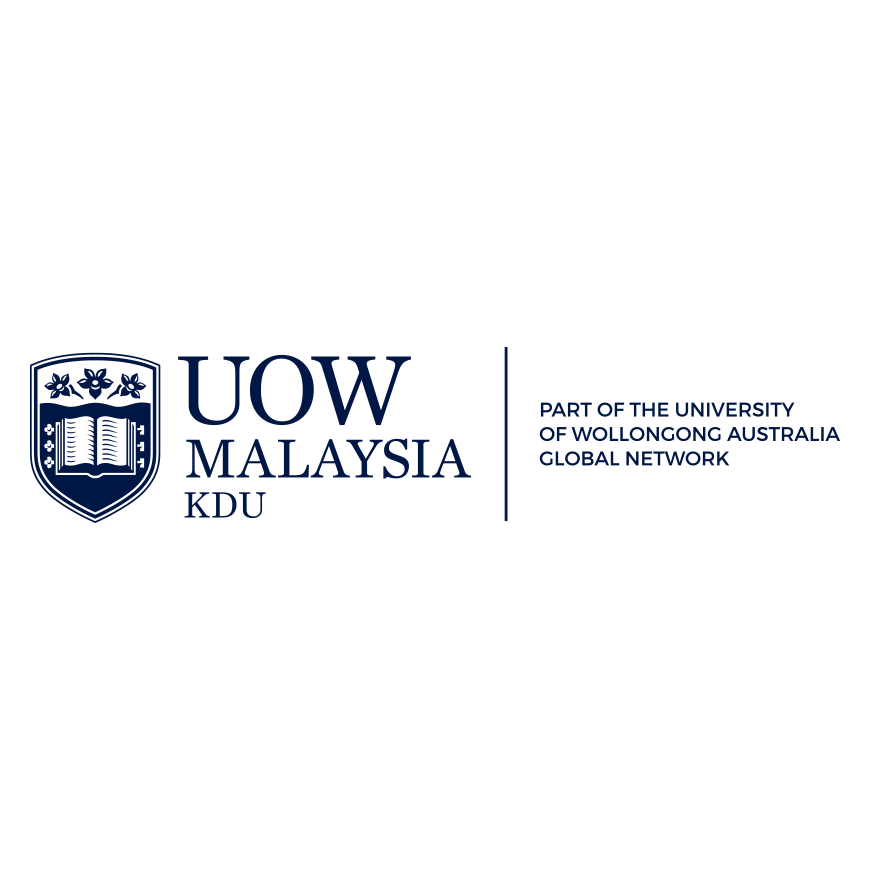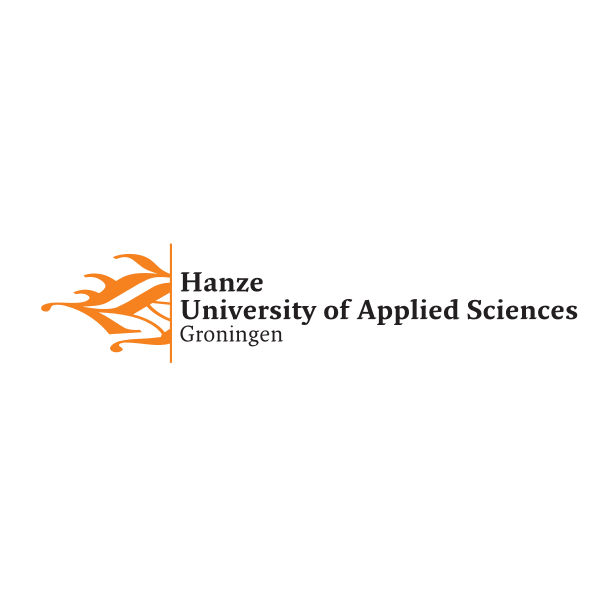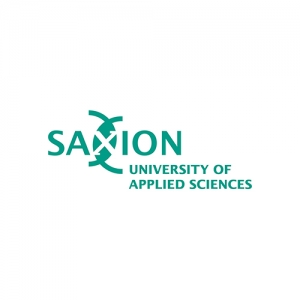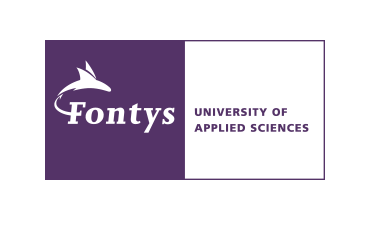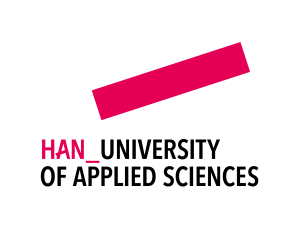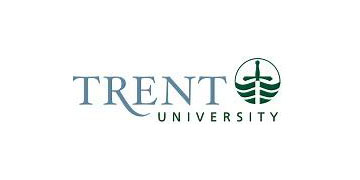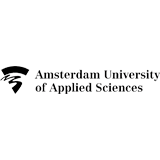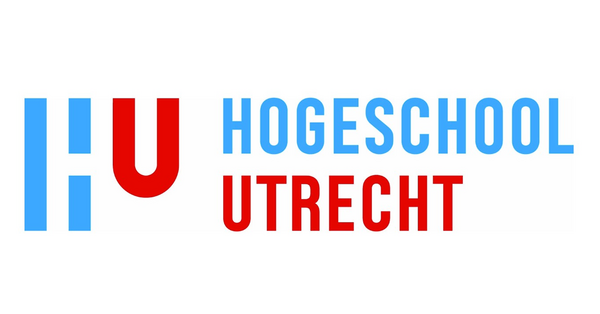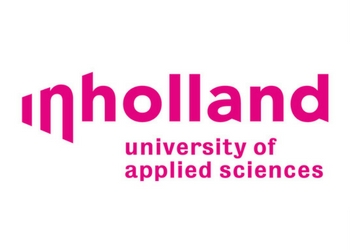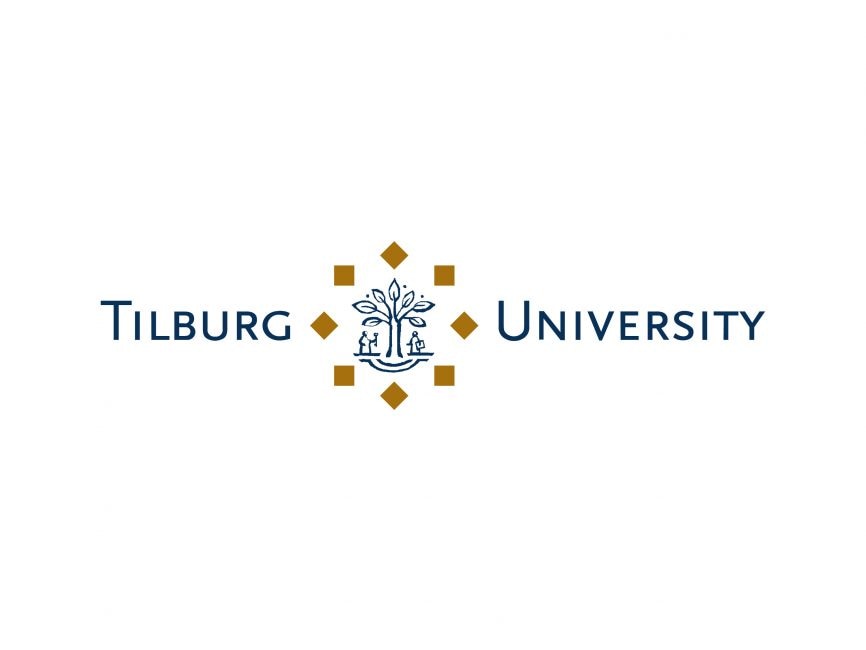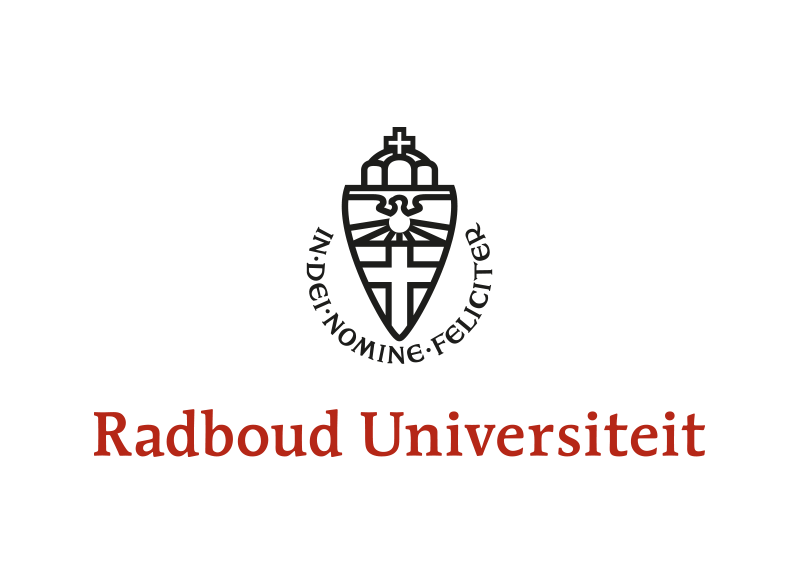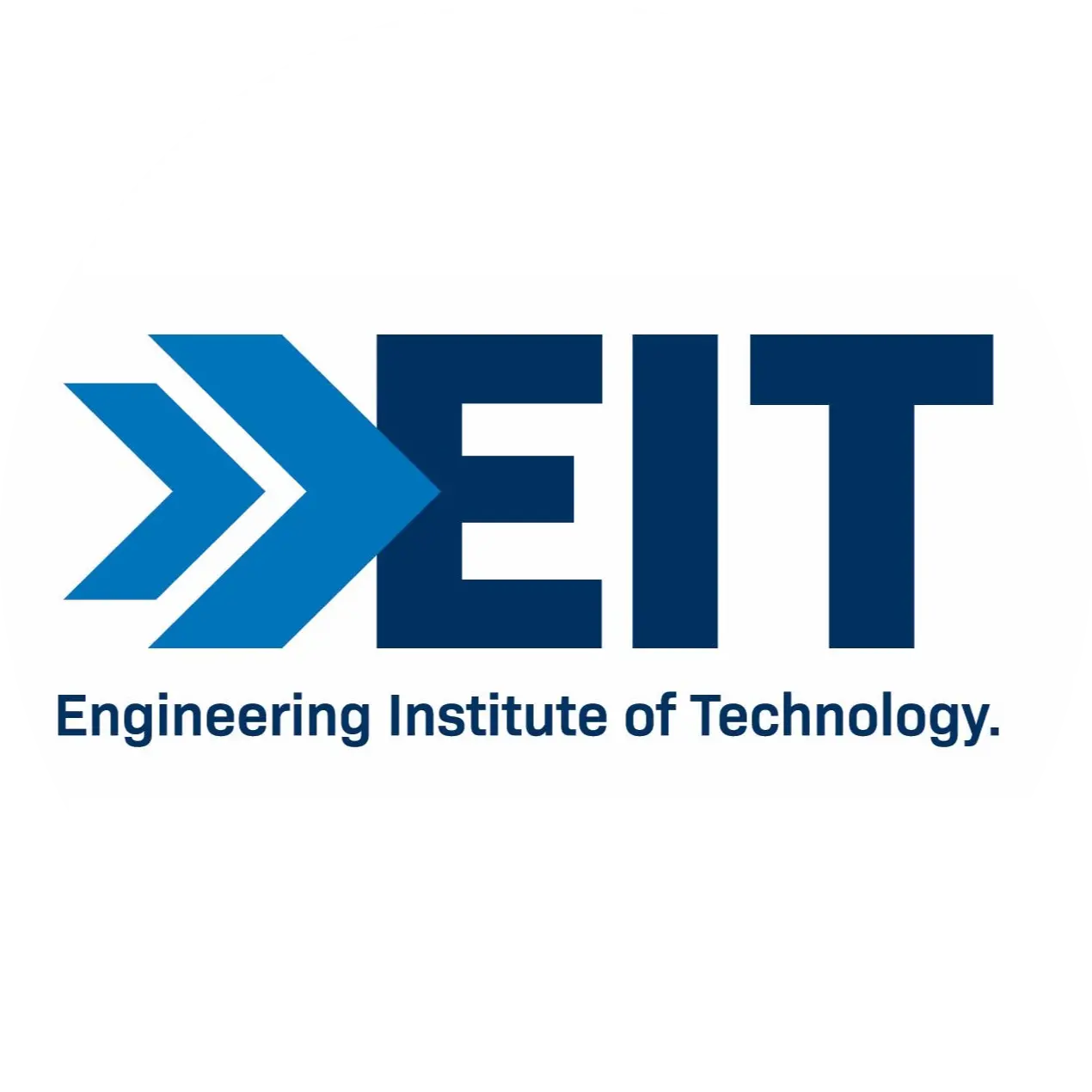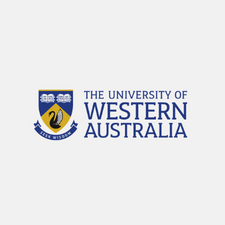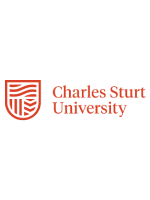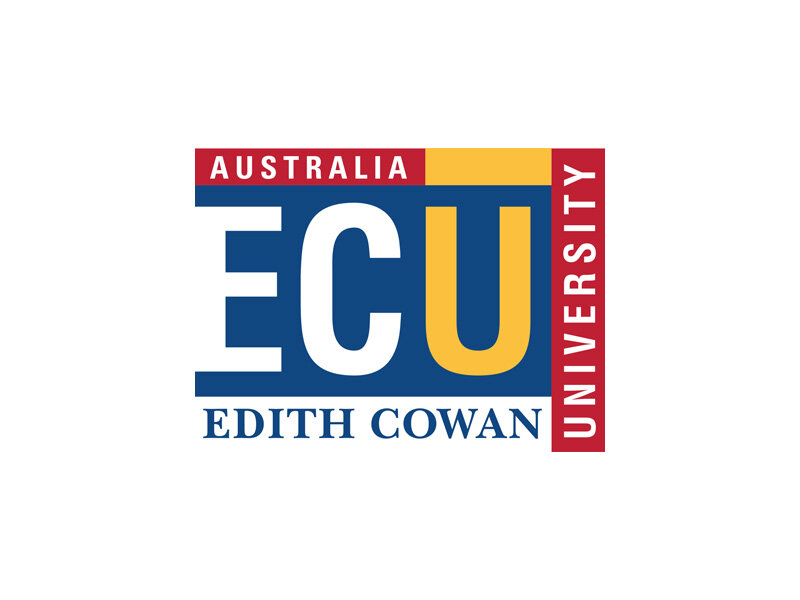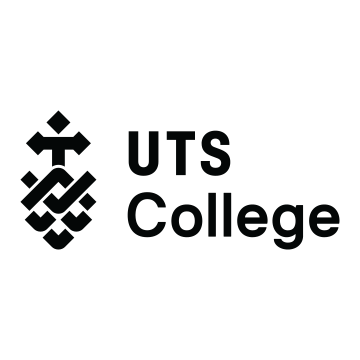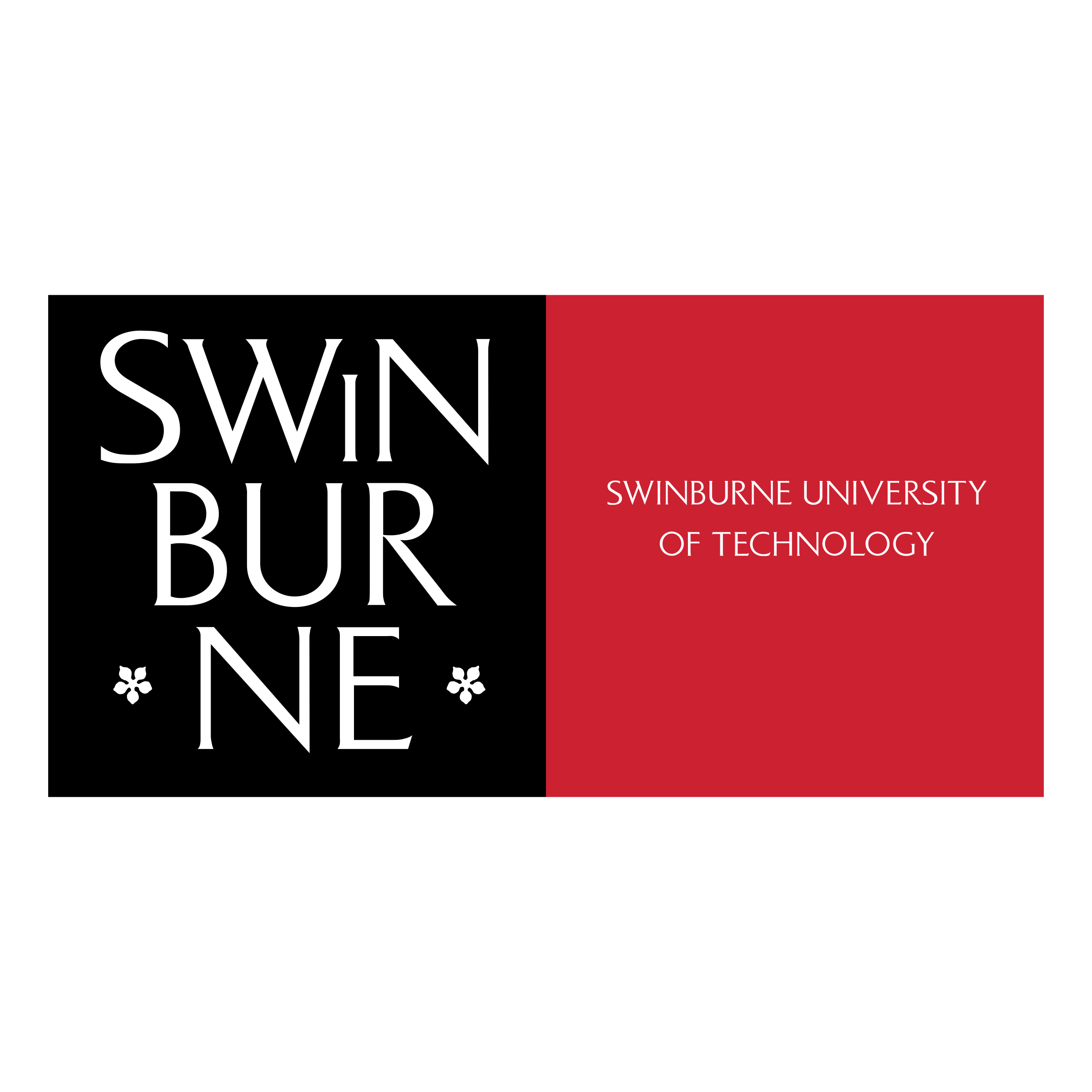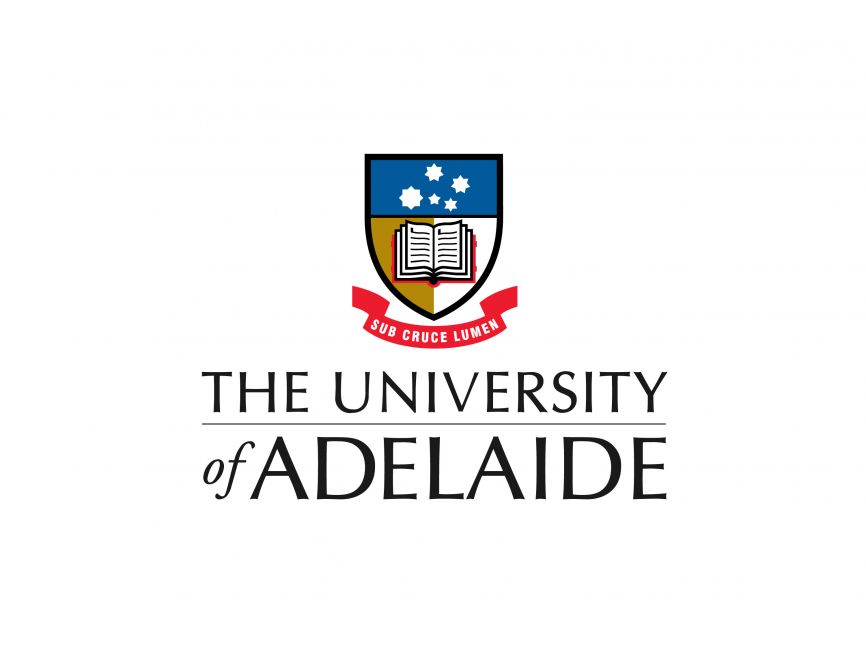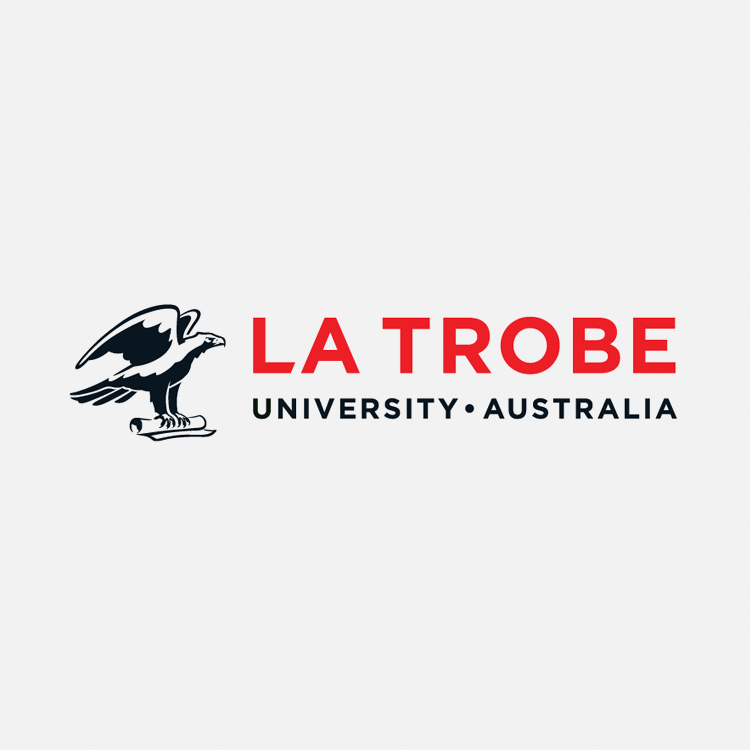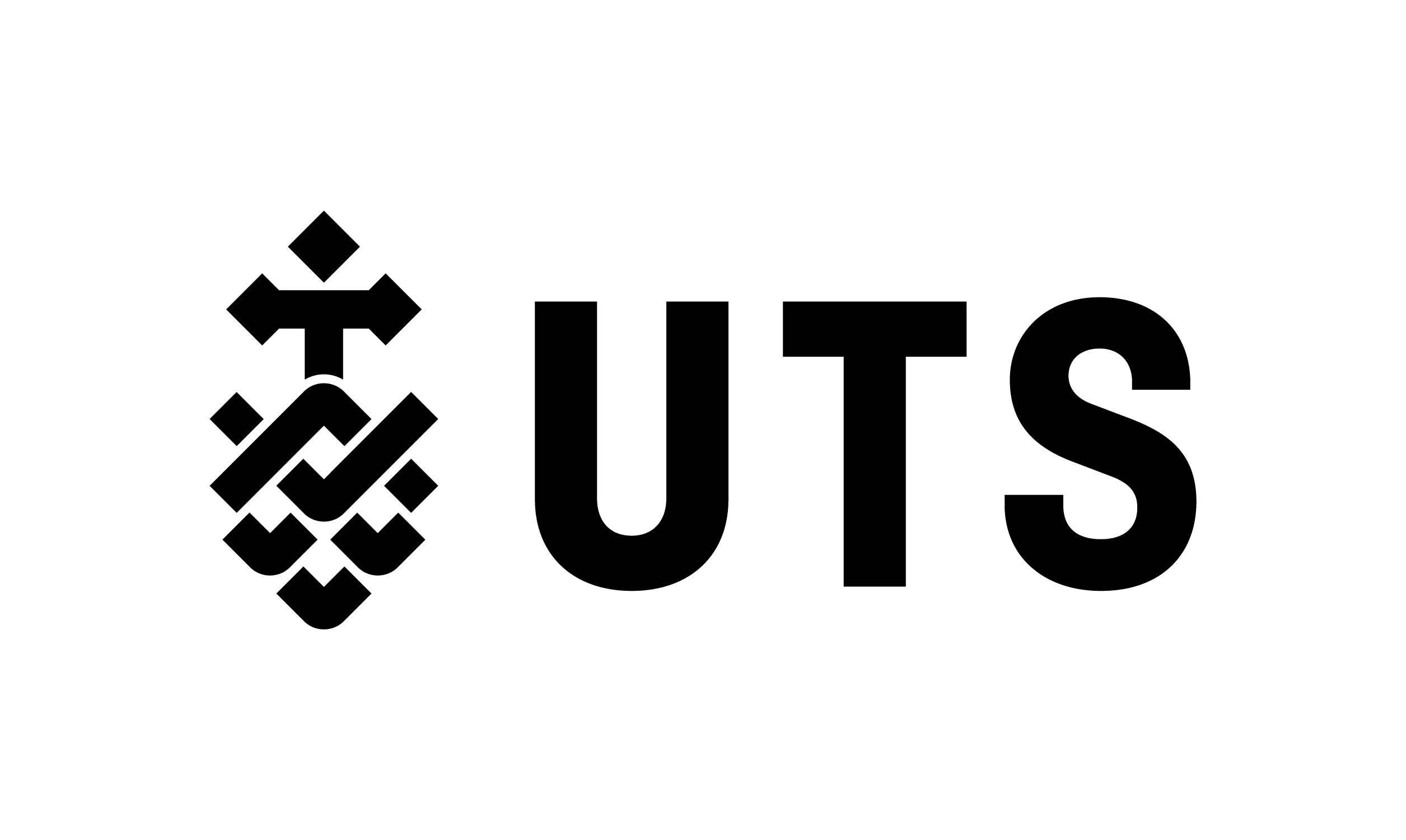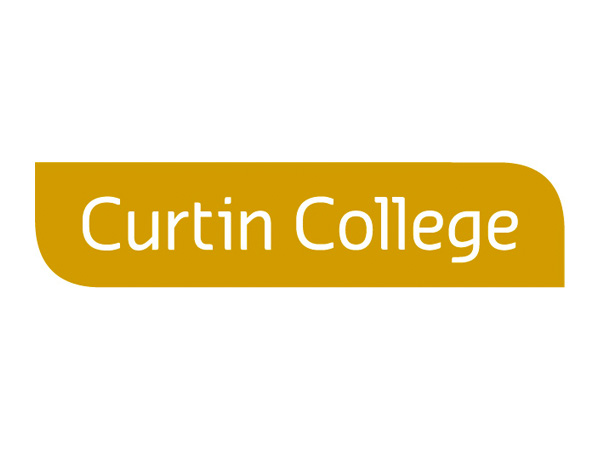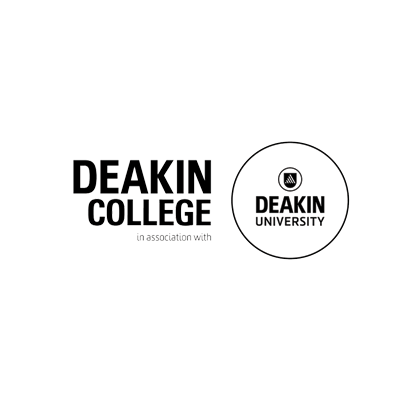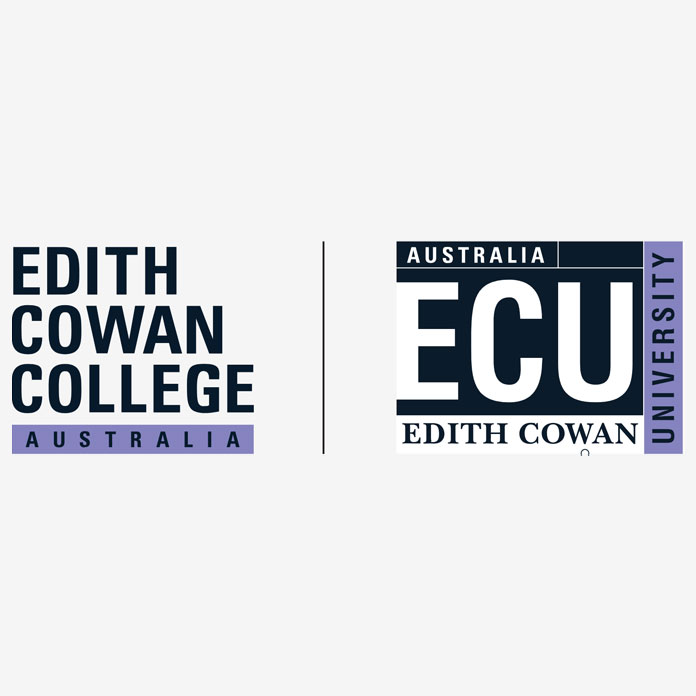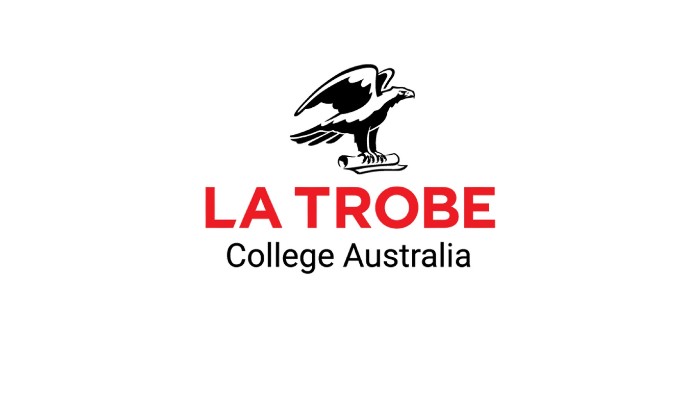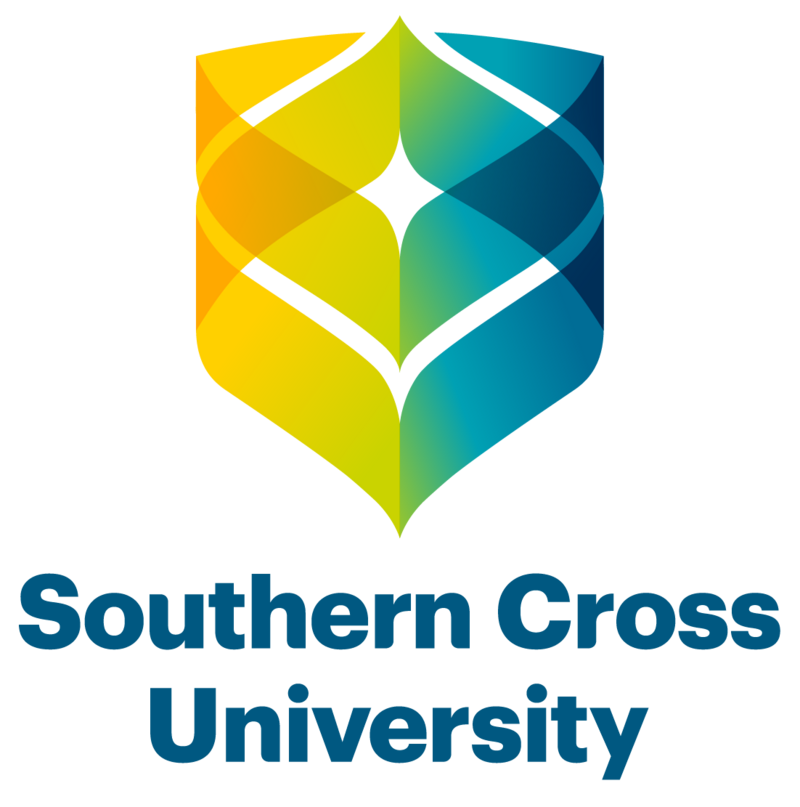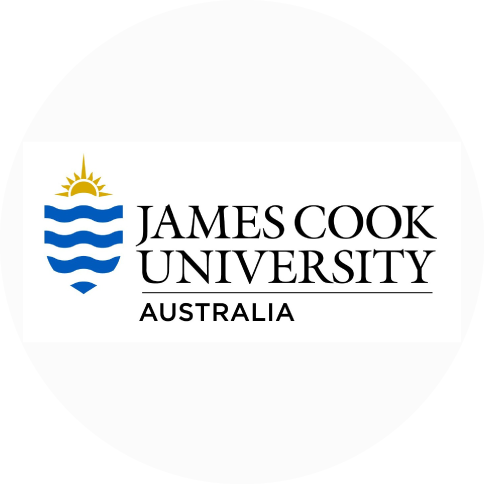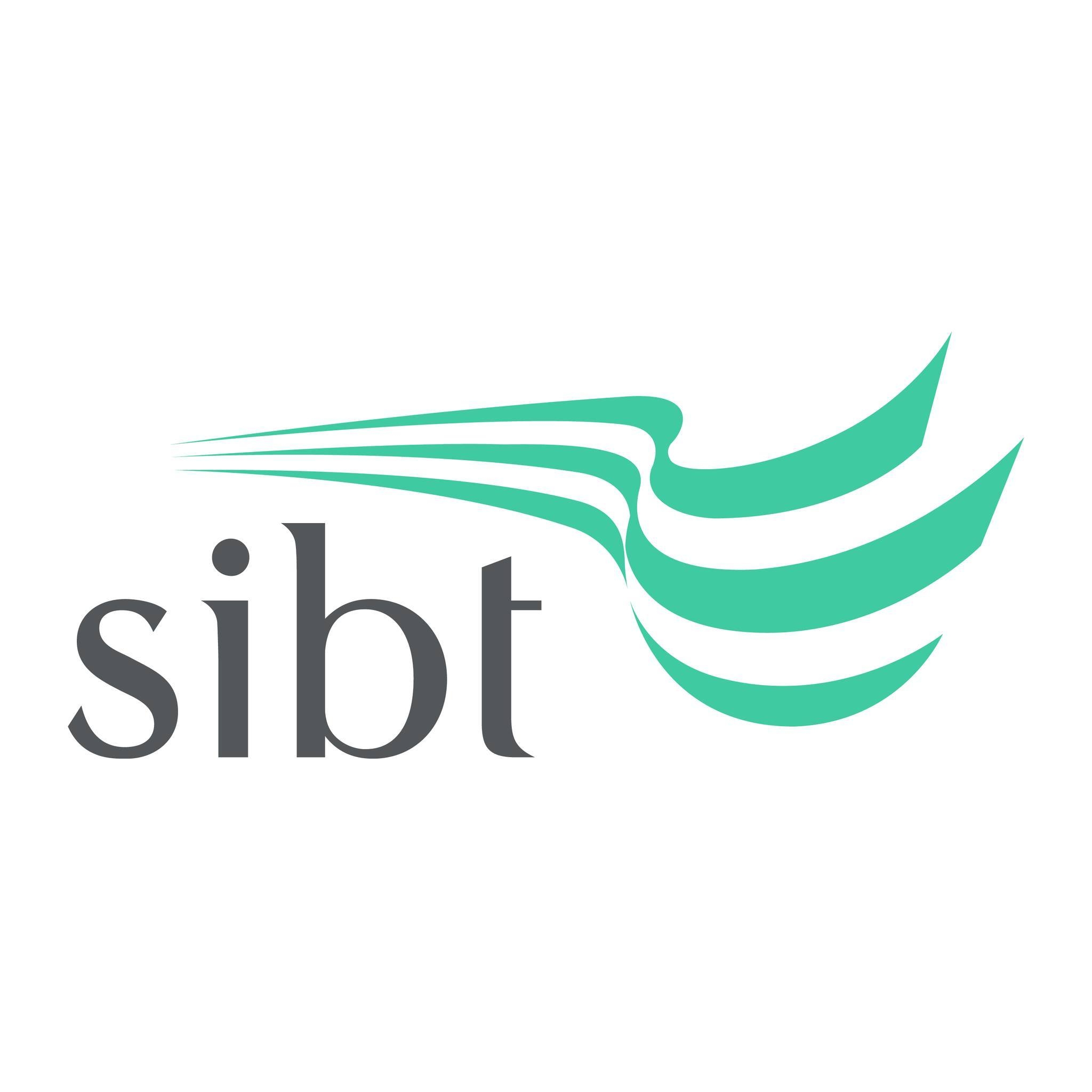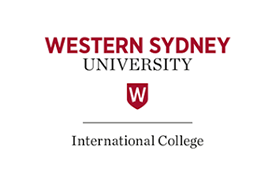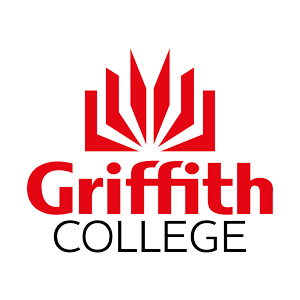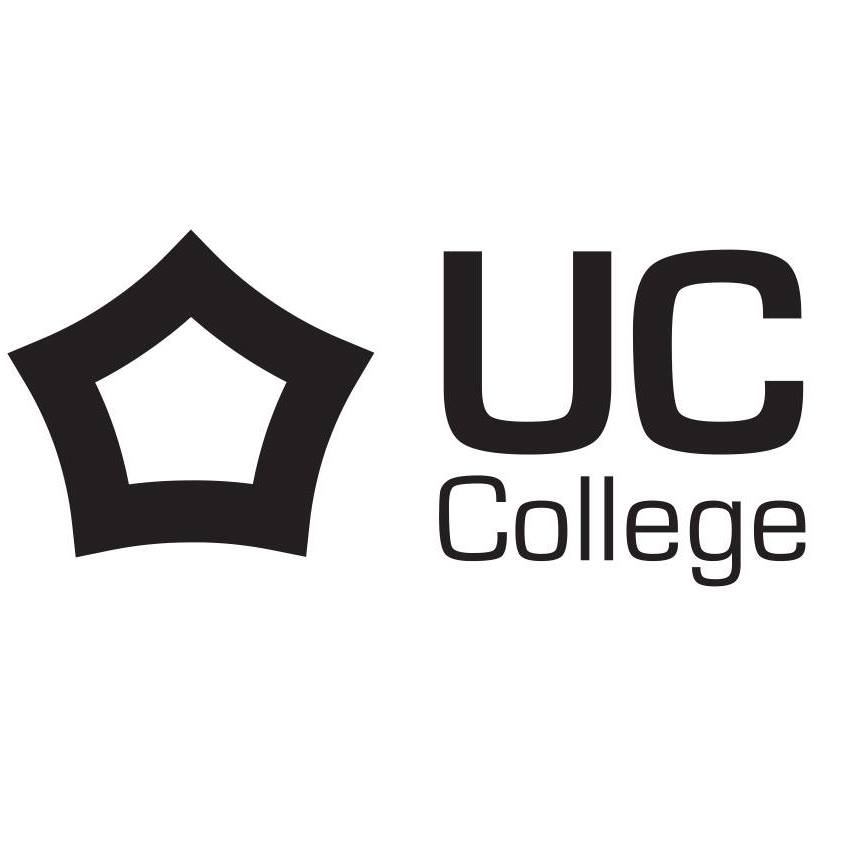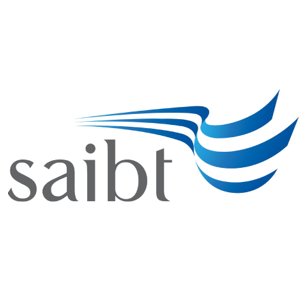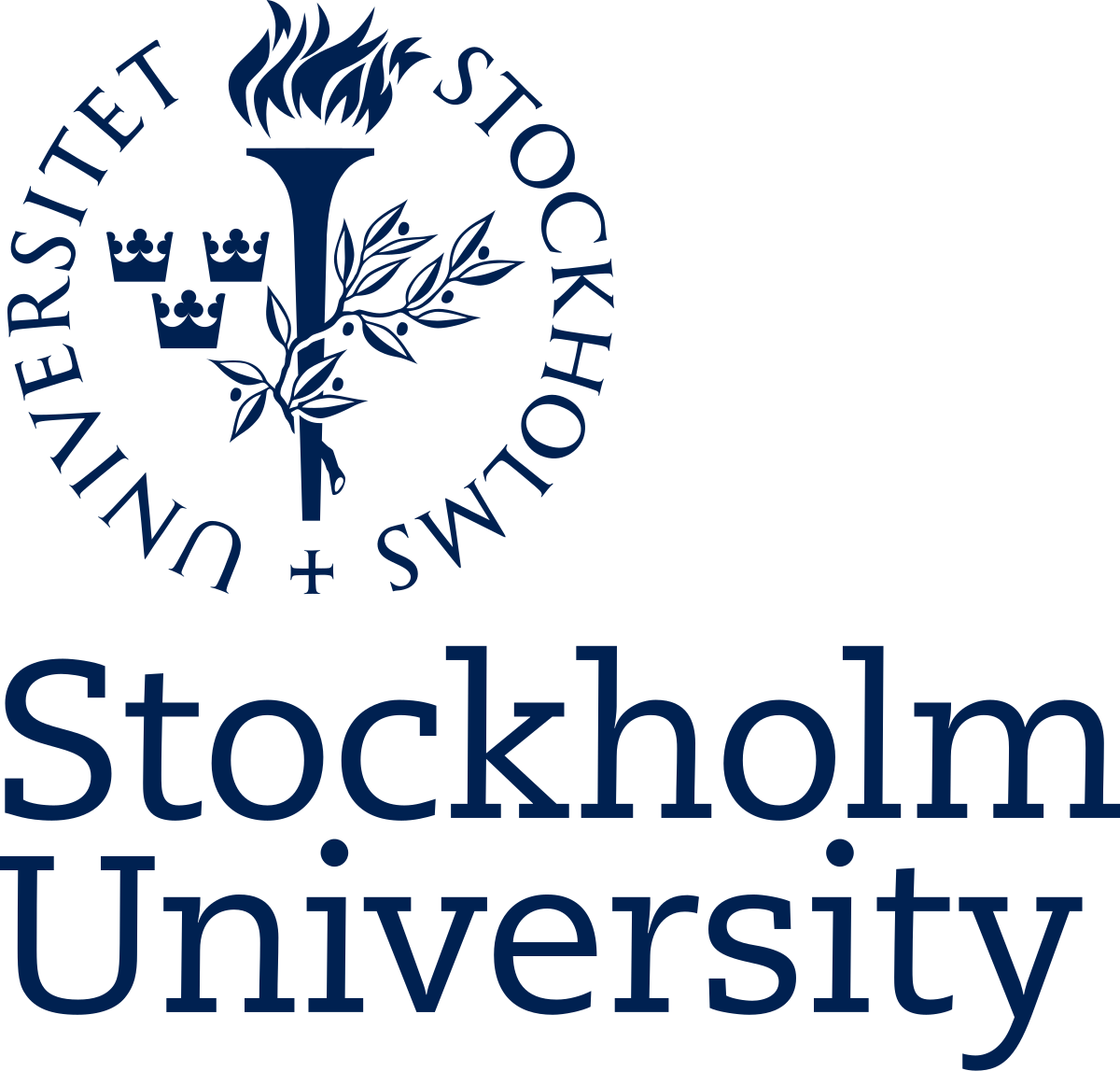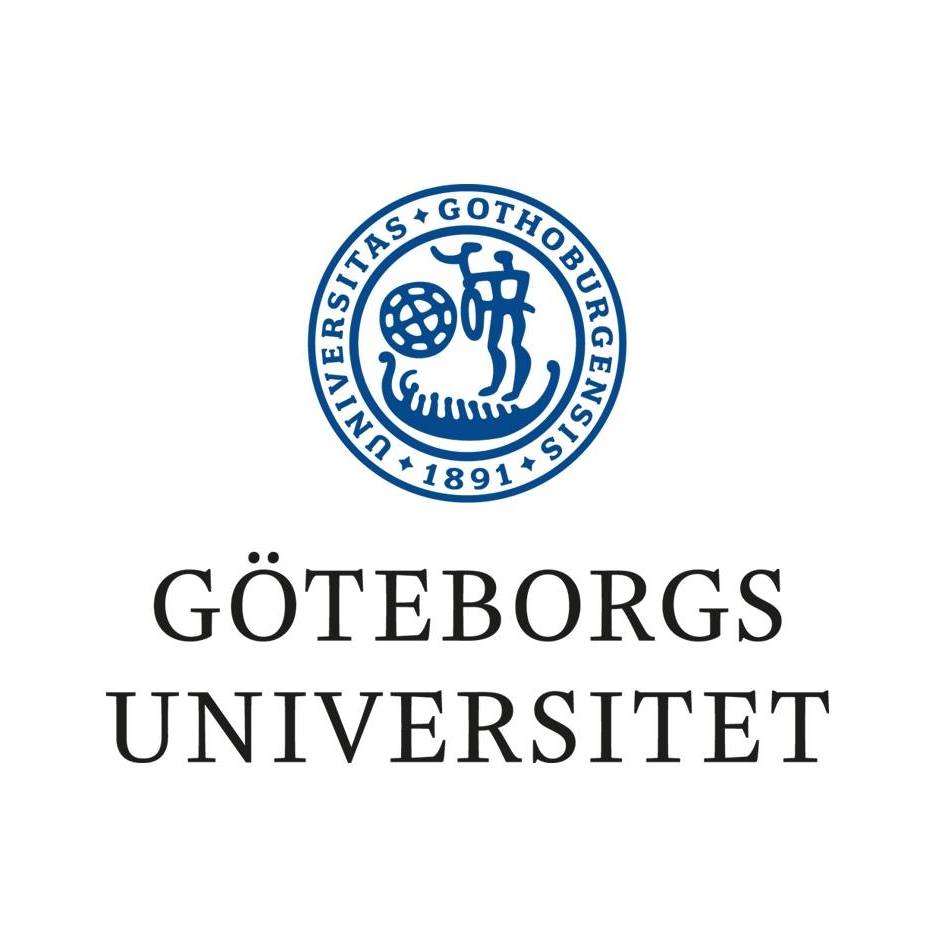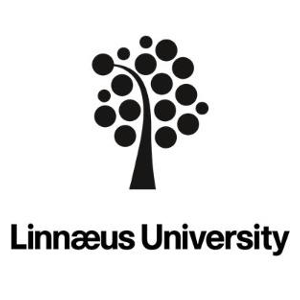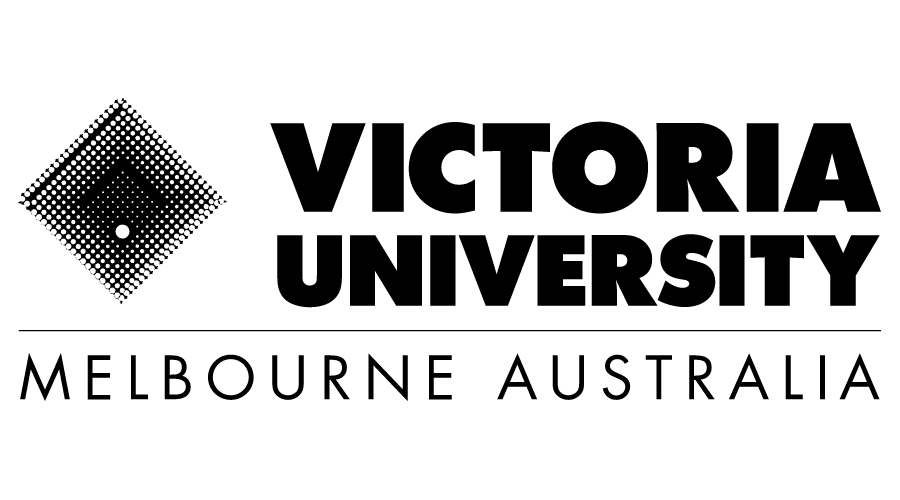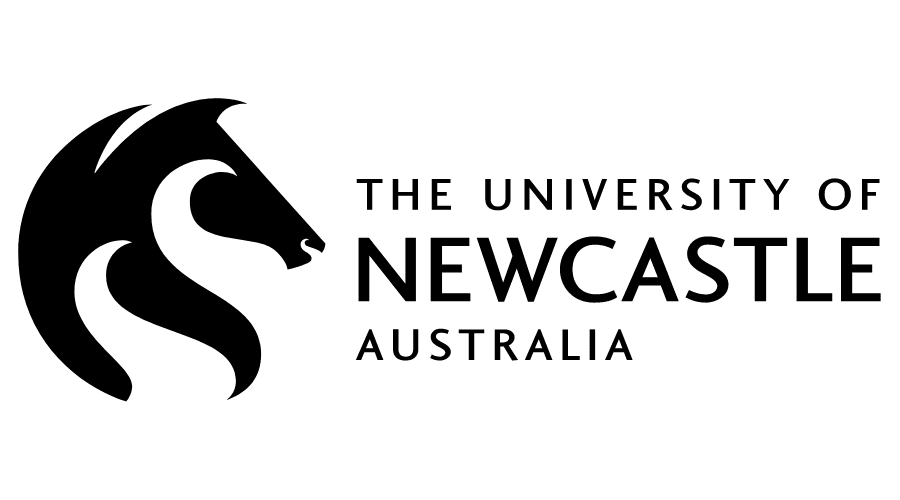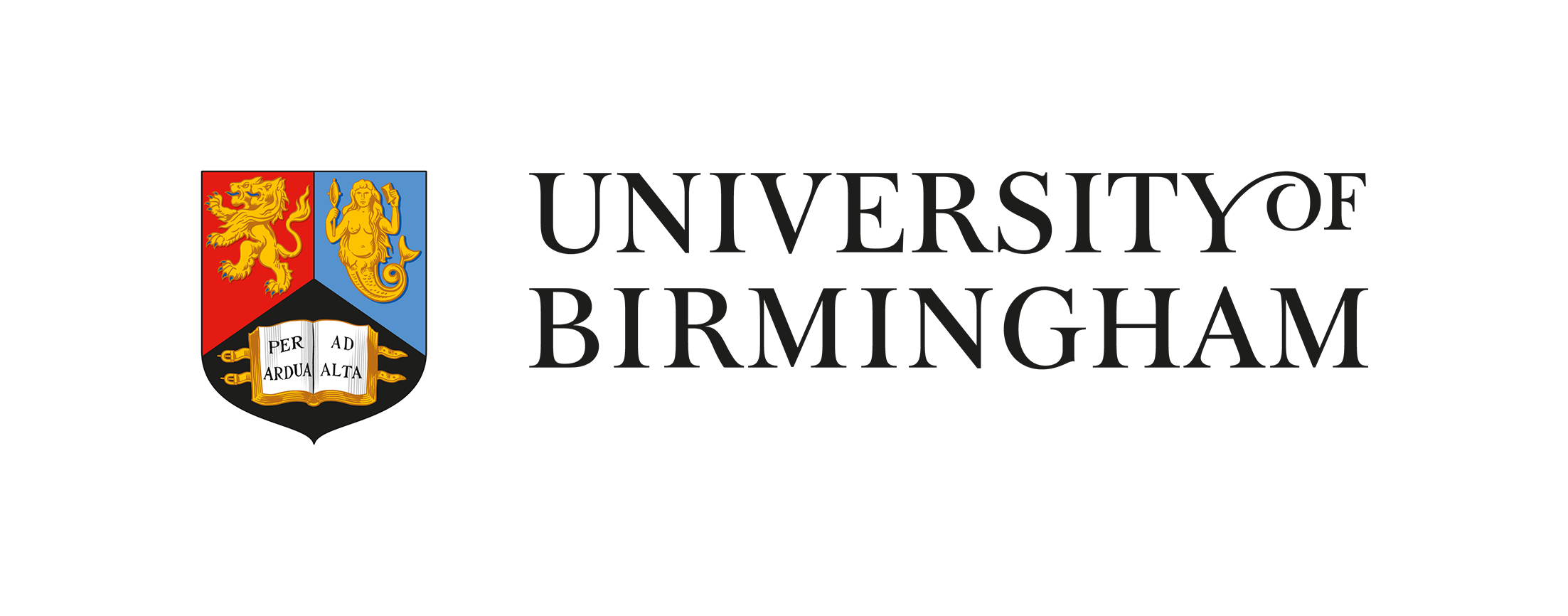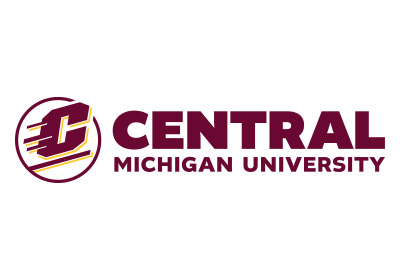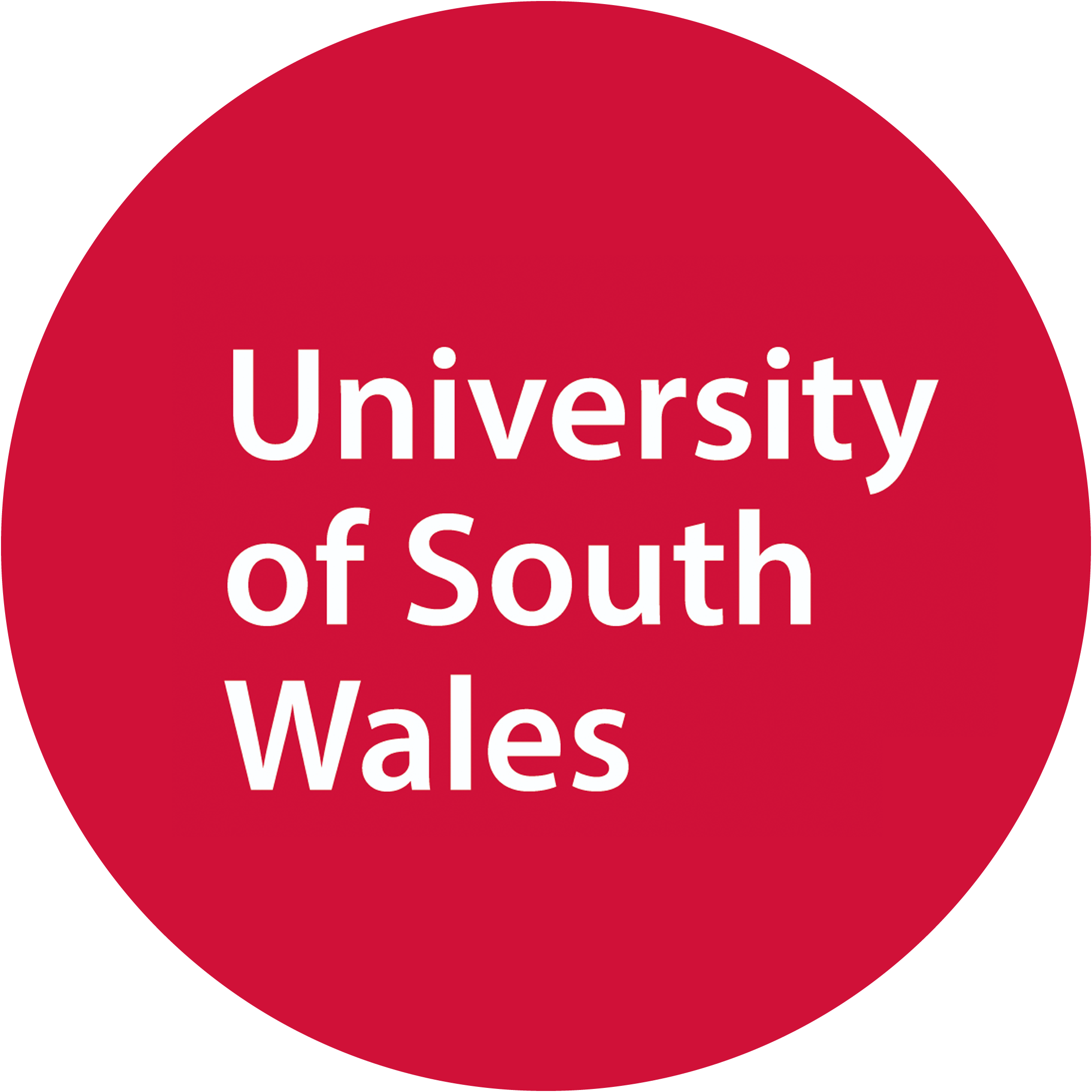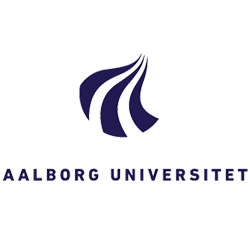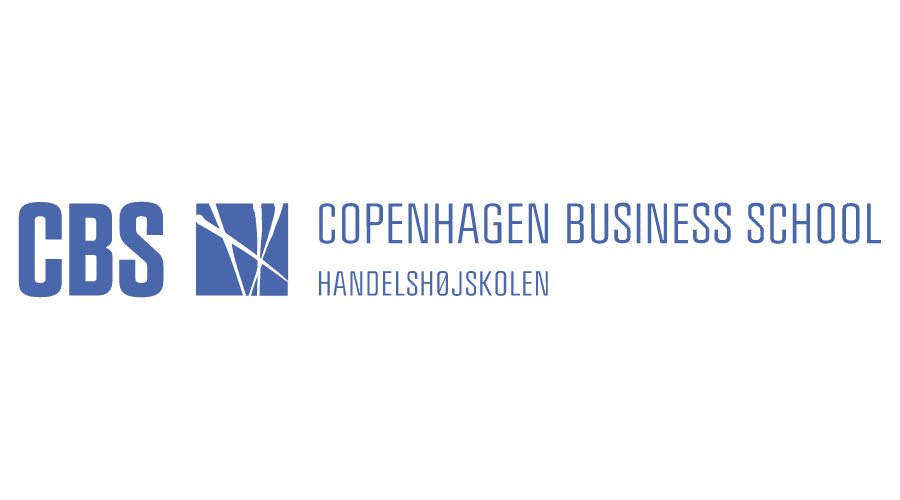Discover sustainability & academic excellence: study abroad in SWEDEN for an inspiring experience
Sweden attracts thousands of international students with its innovative spirit, rich culture, and commitment to sustainability. Studying in Sweden offers a chance to experience dynamic cities, stunning nature, and a world-class education that fosters creativity, critical thinking, and real-world applications.

Why choose Sweden?
Find out why Sweden has become one of the most popular destinations for international students
- World-class education with innovative teaching and research
- Strong focus on sustainability and environmental initiatives
- Welcoming and inclusive cultural diversity
- High quality of life with excellent healthcare and work-life balance
- High English proficiency facilitating communication and integration
Get into a Swedish University
Sweden offers diverse study opportunities, attracting many international students each year. IECC ensures a seamless process for Bangladeshi students aiming to study in Sweden.
- Expert Guidance: Help with selecting universities and applying for scholarships.
- Scholarships: Multiple opportunities for Bangladeshi students.
- Post-Study Work: Work options after graduation.
- Comprehensive Support: Document review, application submission, and visa assistance.
Trust IECC for a smooth path to studying in Sweden.
Select Institutes
University
Specification
Scholarship Details
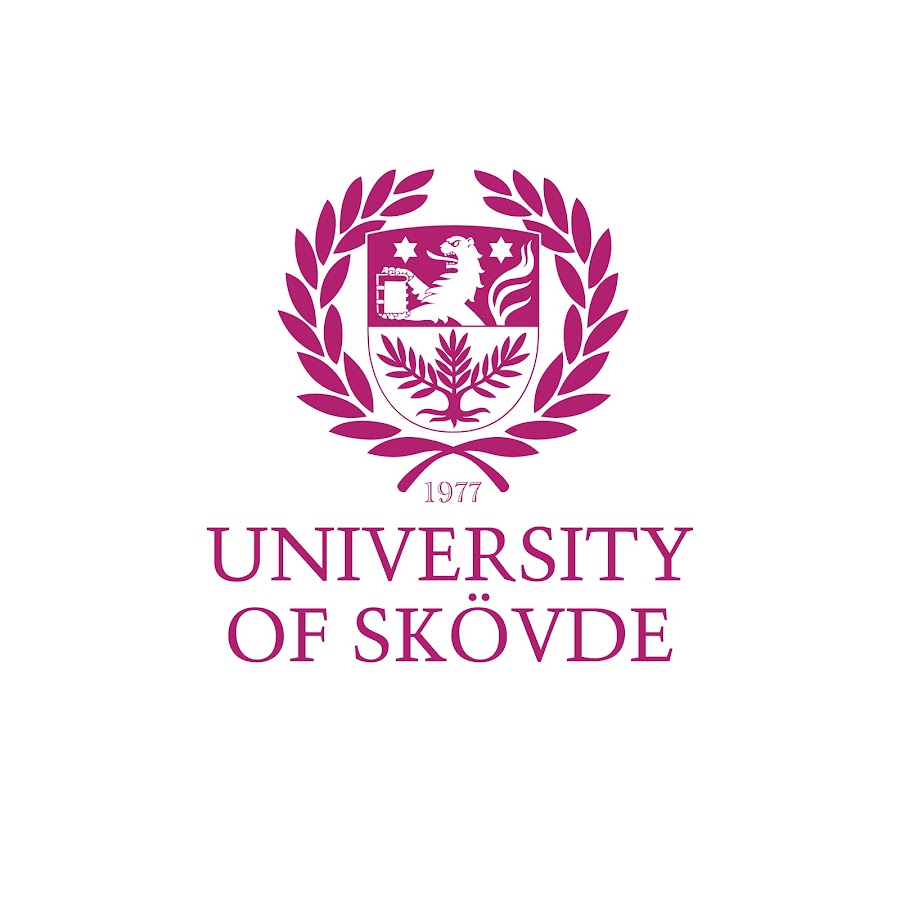
University of Skövde
➤ Ranked #21 in Sweden in meta ranking of 101 University Rankings
Quick View

Course Details
Our university offers a one-year master's programme in Cognitive Neuroscience: Mind and Brain. The programme provides a sound basis for research and teaching at a higher level within cognitive neuroscience. After graduating, the majority of master's students have continued with doctoral studies at various universities, both in Sweden and abroad.
| Total Subjects | |
|---|---|
| Total Credits | 60 Credit |
| Intake | Autumn / Spring |
| English Proficiency Level | IELTS 6.5 |
| Duration | 1 year |
During the first year of the programme, you will learn the basics of laboratory work, cell biology, evolution, genetics, chemistry, microbiology and bioinformatics. You will acquire broad knowledge of bioscience, and the second year will include advanced studies within molecular biology with a focus on molecular biodesign, biomarkers and laboratory work. You will also learn how to use various types of software to support biomolecular design. During the third year, you will study project management and entrepreneurship, and will apply your knowledge in a practical molecular biodesign project. The whole of the final semester involves working on an experimental bioscience degree project. Teaching takes place in English.
| Total Subjects | |
|---|---|
| Total Credits | 180 Credit |
| Intake | Autumn / Spring |
| English Proficiency Level | IELTS 6.5 |
| Duration | 3 years |
The curriculum consists of basic courses in biology and chemistry, in order to acquire the necessary knowledge for continued studies and you will get a good basic knowledge of how the body of a healthy person works. You will then continue to study various disease onsets/occurrences and how drugs are used to cure diseases. You will be trained in laboratory practices and scientific methods. During the final semester you will choose your thesis subject area within the field of biomedicine, which can be carried out either at an academic institution or at companies, such as a pharmaceutical company, in Sweden or abroad.
| Total Subjects | |
|---|---|
| Total Credits | 180 Credit |
| Intake | Autumn / Spring |
| English Proficiency Level | IELTS 6.5/5.5 |
| Duration | 3 years |
The programme is one year long and the first two courses you study are Human Genetics and Translational Genetics. These courses provide a broad introduction to the field of human genetics, and how the interaction between genetics and environment affects human characteristics and diseases. The following course focuses on biomedical and digital tools. You will also learn methods for analysing biomedical research questions and data management, including the analysis of large-scale genetic data. This course also serves as preparation for the degree project. The second semester is dedicated to the degree project where you will conduct an individual biomedical scientific experiment. There is an opportunity to carry out the degree project at a company or another university.
| Total Subjects | |
|---|---|
| Total Credits | 60 Credit |
| Intake | Autumn / Spring |
| English Proficiency Level | IELTS 6.5/5.5 |
| Duration | 1 year |
Engineers have a major impact on the development of a sustainable society and work within various fields all over the world. As an engineer, you will face challenges that will demand new and creative solutions on a daily basis. Our international master's programmes within engineering and technology are designed to give you the expertise to have a leading role in the digitalised smart industry of tomorrow.
| Total Subjects | |
|---|---|
| Total Credits | 120 Credit |
| Intake | Autumn / Spring |
| English Proficiency Level | IELTS 6.5 |
| Duration | 2 years |
In the future smart factory, digitalisation will not be limited to machine equipment and production systems, but also greatly affect the daily work of both management and operators. The machine and production equipment will be designed, constructed, launched and run based on models, simulations and optimisations using artificial intelligence and other advanced computer technologies. High demands on productivity and deliveries are today a matter of course in modern industry, while business and sustainable development are natural elements in all activities.
| Total Subjects | |
|---|---|
| Total Credits | 120 Credit |
| Intake | Autumn / Spring |
| English Proficiency Level | IELTS 6.5 |
| Duration | 2 years |
The master program Virtual Ergonomics and Design gives you tools to use digital technology to evaluate ergonomics but also customize technology and information based on user´s cognitive abilities and limitations.
| Total Subjects | |
|---|---|
| Total Credits | 120 Credit |
| Intake | Autumn / Spring |
| English Proficiency Level | IELTS 6.5 |
| Duration | 2 years |
The first year of the curriculum contains introductory courses in bioinformatics, chemistry, cell biology and genetics. The focus of the first year is on applied bioinformatics and basic knowledge in the biosciences. The second year focuses on knowledge and skills in handling and analysing biological data. You will also gain additional knowledge in genetics, programming and statistics. In the third year you have the opportunity to specialize in software development in bioinformatics, but you can additionally also study project management and entrepreneurship. The study program ends with a dissertation project comprising 30 ECTS credits. During your studies, lectures will be mixed with biological experiments and computer laboratory work. You will learn how to use various computerized tools for compiling and analyzing data from research projects and biological experiments, for example, sequence analysis and gene expression analysis. The language of tuition is English.
| Total Subjects | |
|---|---|
| Total Credits | 180 Credit |
| Intake | Autumn / Spring |
| English Proficiency Level | IELTS 6.5/5.5 |
| Duration | 3 years |
The first year of the curriculum contains introductory courses in bioinformatics, chemistry, cell biology and genetics. The focus of the first year is on applied bioinformatics and basic knowledge in the biosciences. The second year focuses on knowledge and skills in handling and analysing biological data. You will also gain additional knowledge in genetics, programming and statistics. In the third year you have the opportunity to specialize in software development in bioinformatics, but you can additionally also study project management and entrepreneurship. The study program ends with a dissertation project comprising 30 ECTS credits.
| Total Subjects | |
|---|---|
| Total Credits | 180 Credit |
| Intake | Autumn / Spring |
| English Proficiency Level | IELTS 6.5/5.5 |
| Duration | 3 years |
This is a one-year study programme, and the first semester comprises four courses. The first two courses are Concepts and Methods of Bioinformatics and Bioinformatical Analysis with Python. These courses provide both a broad introduction to the field and a basic grounding in programming and algorithm development. They are followed by Bioinformatical Analysis with R and The Bioinformatical Research Process. Bioinformatical Analysis with R introduces the R programming language and the statistical analysis of large-scale biological data. The Bioinformatical Research Process includes a series of seminars that provide an insight into relevant research. This also constitutes a preparatory course for the degree project. The second semester is devoted to the degree project, in which you will formulate and work with a relevant research problem.
| Total Subjects | |
|---|---|
| Total Credits | 60 Credit |
| Intake | Autumn / Spring |
| English Proficiency Level | IELTS 6.5 |
| Duration | 1 year |
The University of Skövde offers a one-year master’s programme in Cognitive Neuroscience: Mind and Brain, taught entirely in English. This is a demanding master’s programme for students with a background in cognitive neuroscience / neuroscience or consciousness studies, or in closely related subjects. It may also be suitable as a conversion programme for students with an interest in these subject areas and a background in a subject such as psychology, cognitive science, or philosophy. The programme provides a sound basis for research and teaching at a higher level within cognitive neuroscience. It requires ongoing, focused studies over the course of a year (two consecutive semesters).
| Total Subjects | |
|---|---|
| Total Credits | 60 Credit |
| Intake | Autumn / Spring |
| English Proficiency Level | IELTS 6.5 |
| Duration | 1 year |
The first year of the curriculum contains introductory courses in bioinformatics, chemistry, cell biology and genetics. The focus of the first year is on applied bioinformatics and basic knowledge in the biosciences. The second year focuses on knowledge and skills in handling and analysing biological data. You will also gain additional knowledge in genetics, programming and statistics. In the third year you have the opportunity to specialize in software development in bioinformatics, but you can additionally also study project management and entrepreneurship. The study program ends with a dissertation project comprising 30 ECTS credits. During your studies, lectures will be mixed with biological experiments and computer laboratory work. You will learn how to use various computerized tools for compiling and analyzing data from research projects and biological experiments, for example, sequence analysis and gene expression analysis. The language of tuition is English.
| Total Subjects | |
|---|---|
| Total Credits | 180 Credit |
| Intake | Autumn / Spring |
| English Proficiency Level | IELTS 6.5 |
| Duration | 2 years |
The courses in the programme give you a holistic view of the field through practical and theoretical system administration courses, network courses, and security courses. The programme also includes courses focusing on administrative security and how cyber security can contribute to a sustainable society. During the first year of the programme, you gain basic knowledge of information security, system administration, data communication, databases, and programming. In the second year, you will get deeper knowledge within data communication, network security, and operating systems. The second year also introduces you to IT forensics and the work as a cyber security specialist. In the third year, you can study abroad or continue to immerse yourself in cyber security, risk management and wireless networks. The education ends with a degree project. During the programme, you will have the opportunity to collaborate with companies and other organisations to prepare you for your future professional role. When you finish your studies, you will have a deep knowledge of how digital systems are implemented, monitored, attacked, and protected.
| Total Subjects | |
|---|---|
| Total Credits | 180 Credit |
| Intake | Autumn / Spring |
| English Proficiency Level | IELTS 6.5 |
| Duration | 3 years |
Semester 1- Introduction to Data Science, A1N, 15 creditsArtificial Intelligence A1N, 7,5 creditsData Mining A1F, 7,5 credits Semester 2 - Big Data Programming A1F, 7,5 credits Visual Data Analysis A1N, 7,5 credits Master Degree Project in Informatics with a Specialization in Data Science, 15 credits
| Total Subjects | |
|---|---|
| Total Credits | 60 Credit |
| Intake | Autumn / Spring |
| English Proficiency Level | IELTS 6.5 |
| Duration | 1 year |
Quick View
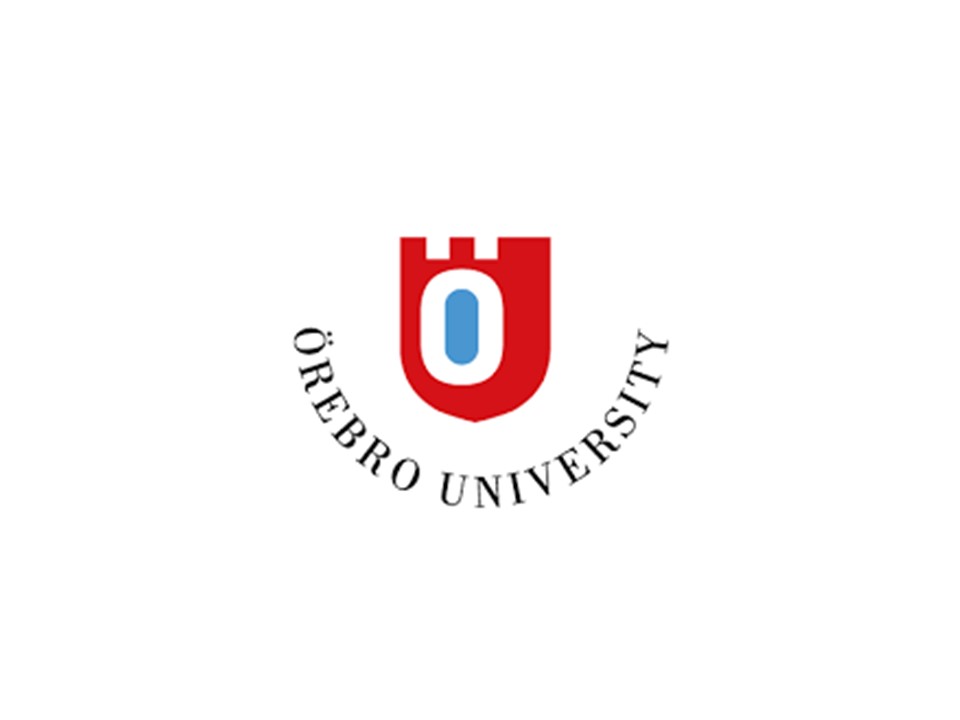
Course Details
The programme is designed to promote the skills necessary for becoming a critically aware communications specialist in a media environment that requires a broad competence in content production, strategic storytelling and visual design.
| Total Subjects | |
|---|---|
| Total Credits | 60 |
| Intake | September |
| English Proficiency Level | 6.5 no Band less then 6 |
| Duration | 1 year |
The number of information security incidents, as well as the financial losses relating to such incidents, is increasing. Thus, it is not surprising that information security management, aimed at safeguarding an organisation's information assets, has become a key strategic issue for many organisations.
| Total Subjects | |
|---|---|
| Total Credits | 120 |
| Intake | September |
| English Proficiency Level | 6.5 no Band less then 6 |
| Duration | 2 year |
The master's programme in Statistics with a focus on statistical modeling and data science will prepare you for taking a leading role in the analysis and understanding of complex information flows. The programme is a good starting point for a career in Statistics or Data Science in the private or public sector, both nationally and internationally.
| Total Subjects | |
|---|---|
| Total Credits | 120 |
| Intake | September |
| English Proficiency Level | 6.5 no Band less then 6 |
| Duration | 2 year |
The programme offers insight into several disciplines including (bio)analytical and environmental analysis to characterize the source and amounts of chemical contaminants in the environment and describe their history. To facilitate a broad understanding in environmental forensics, the master programme includes a wide range of sciences, focusing on environmental chemistry, field sampling, human and environmental health, analytical chemistry, bioanalytical methods and chemometrics. The education ensures students gain practical field experience, studying real-life cases adopted from industry and research projects. The programme uses problem based learning (PBL) to encourage active learning and to develop problem solving abilities and good communication skills.
| Total Subjects | |
|---|---|
| Total Credits | 120 |
| Intake | September |
| English Proficiency Level | 6.5 no Band less then 6 |
| Duration | 2 year |
This two-year MSc programme offers you both broad and specialised knowledge in experimental medicine. During your second year, you select between one of four profiles: Cardiovascular Biomedicine, Inflammation in Health and Disease, Nutrition-Gut-Brain Interactions, or Vaccine Development.
| Total Subjects | |
|---|---|
| Total Credits | 120 |
| Intake | September |
| English Proficiency Level | 6.5 no Band less then 6 |
| Duration | 2 year |
During this interdisciplinary programme you will develop advanced analytical skills that are needed when studying contemporary social problems. With such skills you can work with social issues in both the private and public sector, and you are also well equipped for studies at doctoral level.
| Total Subjects | |
|---|---|
| Total Credits | 60 |
| Intake | September |
| English Proficiency Level | 6.5 no Band less then 6 |
| Duration | 1 year |
Quick View
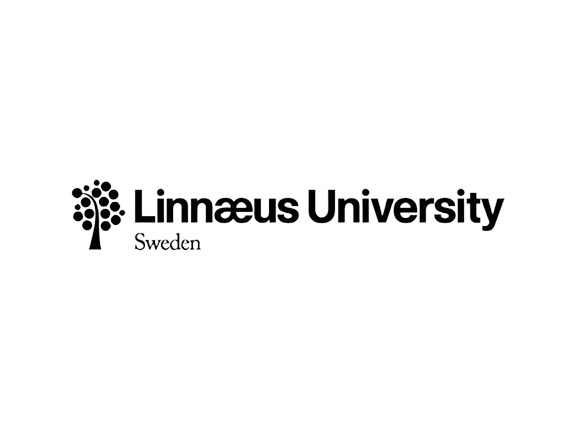
Course Details
Programme courses for Specialization: Frontiers in Management Accounting & Process-based Control Year 1:Contemporary Perspectives in Management Accounting, 15 credits, A1N (mandatory), Advanced Economic Analysis, Information Systems & Risk Management, 15 credits, A1N (mandatory), Process Based Management Control, 15 credits, A1F, (mandatory), Qualitative Methods and Applications, 7.5 credits, A1F, (elective), Quantitative Methods and Applications, 7.5 credits, A1F, (elective), Degree Project in Business Administration (Master), 15 credits, A1E, Year 2: Business Process and Supply Chain Management, 15 credits, A1F (mandatory), E-Business Management, 15 credits, A1F, (mandatory), Business Administration, Business Process Control & Supply Chain Management, Degree project (master), 30 credits, A2E, (mandatory)
| Total Subjects | |
|---|---|
| Total Credits | 120 credits |
| Intake | September |
| English Proficiency Level | IELTS 6.5 overall or TOEFL 90 |
| Duration | 2 Years |
Courses in the programme Semester 1: Advanced Mathematical Economics 7.5 credits, A1N, (compulsory) Advanced Econometrics 7.5 credits, A1N, (compulsory) Advanced Microeconomics 7.5 credits, A1N, (compulsory) Advanced Macroeconomics 7.5 credits, A1N, (compulsory) Semester 2: Advanced empirical methods in economics 7.5 credits, A1F, (compulsory) Advanced labour economics 7,5 credits, A1F, (compulsory) Behavioral Economics for Economic Policy and Decision Making 7.5 credits, A1F Advanced economic methodology 7.5 credits, A1F, (elective) Economics, degree project (master) 15 credits, A1E (elective) Semester 3: Optional courses, 30 credits Semester 4: Economics, degree project (master), 30 credits, A2E, (compulsory)
| Total Subjects | |
|---|---|
| Total Credits | 120 credits |
| Intake | September |
| English Proficiency Level | IELTS 6.5 overall or TOEFL 90 |
| Duration | 2 Years |
Courses in the programme Semester 1: Advanced Mathematical Economics 7.5 credits, A1N, (compulsory) Advanced Econometrics 7.5 credits, A1N, (compulsory) Advanced Microeconomics 7.5 credits, A1N, (compulsory) Advanced Macroeconomics 7.5 credits, A1N, (compulsory) Semester 2: Advanced empirical methods in economics 7.5 credits, A1F, (compulsory) Advanced labour economics 7,5 credits, A1F, (compulsory) Behavioral Economics for Economic Policy and Decision Making 7.5 credits, A1F (elective) Advanced economic methodology 7.5 credits, A1F, (elective) Economics, degree project (master) 15 credits, A1E (elective) Semester 3: Optional courses, 30 credits Semester 4: Economics, degree project (master), 30 credits, A2E, (compulsory)
| Total Subjects | |
|---|---|
| Total Credits | 120 credits |
| Intake | September |
| English Proficiency Level | IELTS 6.5 overall or TOEFL 90 |
| Duration | 2 Years |
The course Innovation Processes and Research Methods links scientific and artistic methods with research. The course also discusses the process involved in working with projects in depth. Third term During the third term, students specialise by taking optional courses within the main field of study. This can also include studies abroad. Fourth term In the fourth term the student conducts a degree project, in which they may collaborate across disciplines. Courses in the programme Year 1 Local innovation, 22.5 credits, level A1N (mandatory) Innovation Methods and Tools, 7.5 credits, level A1F (mandatory) Global Innovation, 22.5 credits, level A1F (mandatory) Innovation Processes and Research Methods, 7.5 credits, level A1F (mandatory) Year 2 Optional courses in the main field of study Business Administration, 30 credits, Degree Project in Business Administration (Master), 15 credits, level A1E (elective), Business Administration with specialization in Innovation, Degree Project (Master), 30 credits, level A2E (mandatory) The courses in the programme can in agreement with the program coordinator, be exchanged for corresponding courses within the programme’s focus. In this case, the programme coordinator verifies that the programme’s degree and programme goals are still met.
| Total Subjects | |
|---|---|
| Total Credits | 120 credits |
| Intake | September |
| English Proficiency Level | IELTS 6.5 overall or TOEFL 90 |
| Duration | 2 Years |
Programme Courses The program is structured in courses of 7,5 credits and 15 credits. Fundamentals of Information Systems, 15 credits, A1N Contemporary issues in IS research and development, 7.5 credits. A1N Information Systems Methodology, 7.5 credits, A1N Big Data in Organizations, Business, and Society, 15 credits, A1N Digital Environments: Information society and Internet of things, 15 hp, A1N Digital Capability for Organizational Agility, 7.5 hp, A1F Systemic Perspectives on Digital Transformation, 7.5 hp, A1F Theories of Information Systems, 7.5 credits, A1F Elective courses The student will also choose 7,5 credits elective courses. Degree project 30 credits, A2E
| Total Subjects | |
|---|---|
| Total Credits | 120 credits |
| Intake | September |
| English Proficiency Level | IELTS 6.5 overall or TOEFL 90 |
| Duration | 2 Years |
Programme Overview Year 1 Systems Modeling and Simulation, 5 hp, A1N Code Transformation and Interpretation, 5 hp, A1N Project in Model-based Development, 10 hp, A1N Formal methods, 5 hp, A1N Scientific Methods in Computer Science, 5 hp, A1N Machine Learning, 5 hp, A1N Parallel Computing, 5 hp, A1N Independent Project in Computer Science, 15 hp, A1E: Deep Machine Learning, 5 hp, A1N
| Total Subjects | |
|---|---|
| Total Credits | 120 credits |
| Intake | September |
| English Proficiency Level | IELTS 6.5 overall or TOEFL 90 |
| Duration | 2 Years |
Year 1 Introduction to Programming (G1N), 7.5 credits Basic Mathematics for Computer Scientists (G1N), 7.5 credits - Programming and Data Structures (G1F), 7.5 credits - Continuation of programming with focus on data structures and algorithms. Database Technology (G1F), 7.5 credits Computer Security (G1F), 7.5 credits Elective course, 7.5 credits - Recommended course is Object-oriented Programming (G1F), 7.5 credits Project course in Computer Science (G1F), 7.5 credits Discrete Mathematics (G1F), 7.5 credits Year 2: Elective course, 7.5 credits Computer Technology I (G1F), 7.5 credits Operating Systems (G1F), 7.5 credits Cryptography and Coding Theory (G1F), 7.5 credits Ethical Hacking and Penetration Testing (G1F), 7.5 credits Computer Networks - an introduction (G1F), 7.5 credits Systems administration (G1F), 7.5 credits Internet Security (G2F), 7.5 credits Year 3 Virtualization, cloud and storage (G2F), 7.5 credits Mobile and Wireless Security (G2F), 7.5 credits Digital Forensics (G2F), 7,5 credits Web Development (G2F), 7,5 credits Scientific Methods (G2F), 7,5 credits Elective course, 7.5 credits Degree Project at Bachelor Level (G2E), 15 credits
| Total Subjects | |
|---|---|
| Total Credits | 180 credits |
| Intake | September |
| English Proficiency Level | IELTS 6.5 overall or TOEFL 90 |
| Duration | 3 Years |
Programme Courses Year 1 Introduction to Programming (G1N), 7.5 credits Basic Mathematics for Computer Scientists (G1N), 7.5 credits - Computer Security (G1F), 7.5 credits Programming and Data Structures (G1F), 7.5 credits Database Technology (G1F), 7.5 credits Object-oriented Programming (G1F), 7.5 credits Project course in Computer Science (G1F), 7.5 credits Discrete Mathematics (G1F), 7.5 credits Object Oriented Analysis and Design using UML (G1F), 7.5 credits Computer Technology 1 (G1F), 7.5 credits Operating Systems (G1F), 7.5 credits - Provides an overview of the structure of operating systems and the resources that it manages. Elective course, 7.5 credits - Recommended course is Linear Algebra (G1F). Computer Networks - an introduction (G1F), 7.5 credits Software Design (G2F), 7.5 credits Project Course in Software Engineering (G2F), 7.5 credits Elective course, 7.5 credits - Recommended course is Introduction to Machine Learning (G2F) . Year 3 Software Testing (G1F), 7.5 credits Algorithms and Advanced Data Structures (G1F), 7.5 credits Elective course, 7.5 credits Web Development (G2F), 7.5 credits Software Architectures (G2F), 7.5 credits Scientific Methods (G2F), 7.5 credits Degree Project at Bachelor Level (G2E), 15 credits
| Total Subjects | |
|---|---|
| Total Credits | 180 credits |
| Intake | September |
| English Proficiency Level | IELTS 6.5 overall or TOEFL 90 |
| Duration | 3 Years |
Programme courses: Introduction to International Law, 7.5 cr, G1N (mandatory) Cross-cultural Communication in Business, 7.5 cr, (mandatory) Business Administration I - Organisation & Leadership, 7.5 cr, G1N (mandatory) Business Administration I - Marketing Foundations, 7.5 cr, G1N (mandatory) Business Administration I - Management Control and Cost Accounting, 7.5 cr, G1N (mandatory) Business Administration I - Fundamentals of Finance, 7.5 cr, G1N (mandatory) YEAR II: Business Administration II - Business Relations, 7.5 cr, G1F (mandatory) International Market Analysis and Statistics, 7.5 cr, G1N (mandatory) Business Administration II - International Sales, 7.5 cr, G1F (mandatory) Business Administration II - International Purchasing and Supply Chain Management, 7.5 cr, G1F (mandatory) International Economics and Market Analysis, G1N (mandatory) Business Administration II - International Marketing, 7.5 cr, G1F (mandatory) International Entrepreneurship and Business Development, 15 cr, G1F (mandatory) YEAR III: Optional courses, including studies abroad, 30 credits Alternatively: Enrollment in approved double degree programmes, 60 credits Along with: Business Administration III - International Business Strategy, 7.5 cr, G2F (mandatory) Business Administration III - Scientific Method, 7.5 cr, G2F (mandatory) . Business Administration III International Business, Degree Project (Bachelor), 15 cr, G2E (mandatory)
| Total Subjects | |
|---|---|
| Total Credits | 180 credits |
| Intake | September |
| English Proficiency Level | IELTS 6.5 overall or TOEFL 90 |
| Duration | 3 Years |
Programme courses YEAR I • Tourism Studies I - Introduction to Tourism, 15 cr., G1N (mandatory) Tourism Studies I - Global Tourism Production System, 15 cr., G1N (mandatory) Business Administration I - Organisation and Leadership, 7.5 cr., G1N (mandatory) • Business Administration I - Marketing Foundations, 7.5 cr., G1N (mandatory) Business Administration I - Management Control and Cost Accounting, 7.5 cr., G1N (mandatory) Business Administration I - Fundamentals of Finance, 7.5 cr., G1N (mandatory) YEAR II • Business Administration II - E-commerce, 7.5 cr., G1F (mandatory) Business Administration II - IMC and Brand Management, 7.5 cr., G1F (mandatory) Business Administration II - Consumer Behaviour and Consumer Culture, 7.5 cr., G1F (mandatory) Business Administration II - Innovation Management, 7.5 cr., G1F (mandatory) b)Tourism Studies II - Destination Management 7.5 cr., G1F (mandatory) • Tourism Studies II - Hospitality Management, 7.5 cr., G1F (mandatory) • Tourism Studies II - Events Management, 7.5 cr., G1F (mandatory) • Tourism Studies II - Tourism Entrepreneurship, 7.5 cr., G1F (mandatory) YEAR III A. Specialization in Tourism Studies: Tourism Studies III - Tourism as Business Phenomenon in Contemporary Society, 7.5 cr., G2F (mandatory) • Tourism Studies III - Methods in Tourism Studies, 7.5 cr., G2F (mandatory) Tourism Studies III - Methods in Tourism Studies, 7.5 cr., G2F (mandatory) • Tourism Studies III - Degree Project (Bachelor), 15 cr., G2E (mandatory) • Studies Abroad, 30 cr.; Tourism Management Strategic and Practical Application, 30 cr., G2F internship course); • Business Administration III, 30 cr., G2F/G2E b), within the frame of the specialization in Cruise Management. • Basic Seamanship, 7.5 cr., G1N (mandatory) • Shipping and the Environment, 7.5 cr., G1N (mandatory) • Cruise ship as a working place, 7.5 cr., G1N (mandatory) • Passengers and Safety, 7.5 cr., G1N (mandatory) Business Administration III - Perspectives on Service Management Research, 7.5 cr., G2F (mandatory) • • Business Administration III - Research Methods, 7.5 cr., G2F (mandatory) Business Administration III - Degree Project (Bachelor), 15 cr., G2E (mandatory)
| Total Subjects | |
|---|---|
| Total Credits | 180 credits |
| Intake | September |
| English Proficiency Level | IELTS 6.5 overall or TOEFL 90 |
| Duration | 3 Years |
Courses in the programme Year 1 Energy and Climate (7.5 credits, A1N) Diffusion of Innovations for a Sustainable Built Environment (7.5 credits, A1N) Environmental Analysis Methods (7.5 credits, A1N) Scientific theory and method (7.5 credits, A1N) Innovation, Entrepreneurship and Sustainability, (7.5 credits, A1N) Management of sustainable innovations in organizations, (7.5 credits, A1N) Circular Economy and Green Financing, (7.5 credits, A1N) Environmental Accounting, 7.5 credits, A1N) Year 2 Energy policies (7.5 credits, A1N) The course deals with how energy policy Life Cycle Analysis (LCA) (7.5 credits, A1N) The course deals with LCA for Energy management in the built environment (7.5 credits, A1N) The course Independent work (30 credits, A2E)
| Total Subjects | |
|---|---|
| Total Credits | 120 credits |
| Intake | September |
| English Proficiency Level | IELTS 6.5 overall or TOEFL 90 |
| Duration | 2 Years |
In the first year, students complete 45 credits in international affairs and 15 in research methods, with courses like European Integration, Global Politics, Qualitative Methods, and Quantitative Methods (7.5 credits each). The second semester includes International Organizations, Foreign Policy Analysis, International Security, and Democracy and Dictatorship. The second year offers electives or internships (30 credits) and concludes with a 30-credit independent research project.
| Total Subjects | |
|---|---|
| Total Credits | 120 credits |
| Intake | September |
| English Proficiency Level | IELTS 6.5 overall or TOEFL 90 |
| Duration | 2 Years |
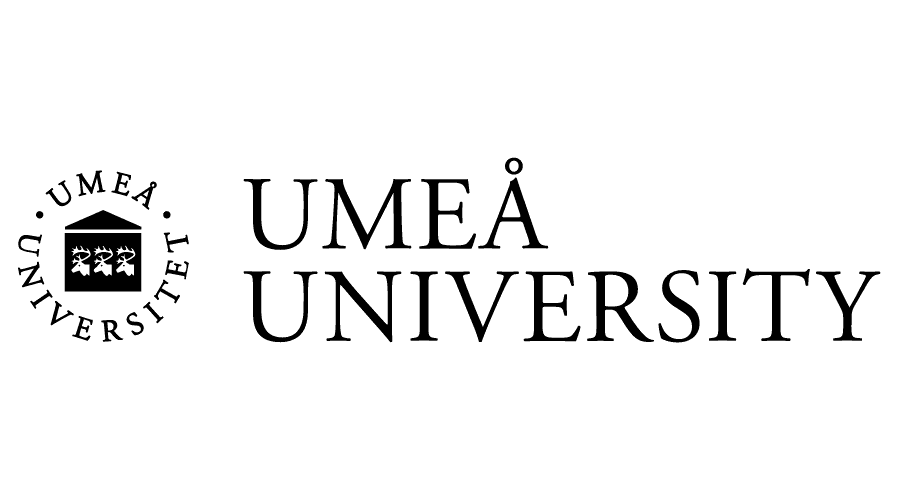
Umea University
➤ Ranked 363rd overall in U.S. News & World Report Best Global Universities ranking 2024
Quick View

Course Details
The Bachelor's Programme in Life Science provides you with a broad competence in chemistry and molecular biology. Our teachers have close links to outstanding research in areas such as microbiology, medicinal chemistry, biochemistry, infectious medicine, and plant and forest biotechnology. After completing the programme, you can call yourself a chemist, molecular biologist or both, as you have the opportunity to finish your education with a double bachelor's degree in both these subject areas. Year 1 Biological chemistry Fundamentals of chemistry Biochemistry Organic chemistry Year 2 Microbiology and basic molecular biology Basic and molecular genetics Cell biology Animal and plant physiology Year 3 Breadth and depth through optional courses Degree thesis within Chemistry or Molecular Biology .
| Total Subjects | 12 Courses |
|---|---|
| Total Credits | 180 credits |
| Intake | September |
| English Proficiency Level | IELTS 6.5/5.5 or TOEFL 90 |
| Duration | 3 Years |
The programme prepares you for an international career and for qualified tasks in companies and organizations working across national borders. The programme provides an understanding of global challenges and how international organizations and a global economy work. You have good opportunities to study abroad or do an internship. You become eligible for our master's programmes in business or economics and can also apply for other master's programmes in Sweden or abroad. Year 1 Markets, Trade and Global Challenges 7.5 credits International Business Administration and Global Challenges 7.5 credits Leading and Organizing in an International Context 7.5 credits Managerial Economics 7.5 credits Contemporary Marketing 7.5 credits Macroeconomics 15 credits Finance 7.5 credits Year 2 Business Analytics 15 credits Introduction to International Business Law 7.5 credits Data Visualization of Global Trends 7.5 credits And Specialization: Business Administration Project Management, 7.5 credits Innovation, Entrepreneurship and Technology, 7.5 credits Financial Accounting, 7.5 credits Managerial Accounting, 7.5 credits Or Specialization: Economics Economic Modeling with Applications, 10 credits Industrial Organizations, 5 credits International Economics, 7.5 credits Financial Economics, 7.5 credits Year 3 Elective studies / Optional studies (includes possibilities to study abroad or do an internship) 30 credits And Specialization: Business Administration Meeting Challenges in the International Business Environment, 15 credits Bachelor's Thesis in International Business Administration, 15 credits Or Specialization: Economics Micro: Consumer Behavior, 5 credits Macro: Institutions and Policy 5 credits Current Topics in Economics 5 credits Bachelor's Thesis in Economics 15 credits .
| Total Subjects | 20 Courses |
|---|---|
| Total Credits | 180 credits |
| Intake | September |
| English Proficiency Level | IELTS 6.5/5.5 or TOEFL 90 |
| Duration | 3 Years |
The programme develops your design competences by providing professional tools, hands-on work methods, creative challenges and an inspiring study environment. You learn to combine the analysis of complex contexts with the identification of relevant design opportunities towards a holistic ideation scope. The methods and techniques are integrated in relevant course and project challenges. During the education, the field of design is explored through a mix of individual studies and group work. Year 1: Skills and techniques CAID 1 and 2 Design for User Experience/People-Centred Design Sound in Industrial Design Product Analysis Strategic design Year 2: Visual Design Prototyping Conceptual Product Solutions Creative Reflections on Product Design.
| Total Subjects | 10 Courses |
|---|---|
| Total Credits | 120 credits |
| Intake | September |
| English Proficiency Level | IELTS 6.5/5.5 or TOEFL 90 |
| Duration | 2 Years |
Year 1 Synthesis course 1: Architecture and Urban Design Project, Positioning Seminar course 1a: Architectural Technology, Sustainability and Environmental Impact Seminar course 1b: Theory and History of Architecture and Urban Design Synthesis course 2: Architecture and Urban Design Project, Resolution Seminar course 2a: Architectural Technology, Resolution Seminar course 2b: Professional Studies in Architecture and Urban Design Year 2 Synthesis course 3: Preparatory Architecture and Urban Design Project for Master's Thesis Seminar course 3a: Preparatory Research in Architectural Technology for Master's Thesis Seminar course 3b: Preparatory Research in Theory and History of Architecture and Urban Design for Master's Thesis Master's Thesis, Master of Fine Arts in Architecture and Urban Design.
| Total Subjects | 11 Courses |
|---|---|
| Total Credits | 120 credits |
| Intake | September |
| English Proficiency Level | IELTS 6.5/5.5 or TOEFL 90 |
| Duration | 2 Years |
In today’s dynamic landscape, Artificial Intelligence (AI) is not just a buzzword; it’s a driving force behind groundbreaking innovations. As AI permeates every aspect of our lives, from healthcare to finance, understanding its ethical implications also becomes paramount. General mandatory courses: • Foundations of Logic and Model Theory or Statistics for Engineers • Artificial Intelligence • Artificial Intelligence - Methods and Applications • Responsible Design of Interactive AI-Systems • Data privacy Mandatory profile courses in Computing Science: If you aim for one of the profile areas in Computing Science you will get a degree in Computing Science with specialization in AI and will also have to take these mandatory courses: • Machine Learning • Degree Project: Master of Science (two years) in Computing Science (specialization Artificial Intelligence) The elective profile courses in Computing Science: The profile areas in Computing Science are organized as a set of suggested elective courses: Elective profile courses for Social AI: • Human-AI Interaction • Formal and Cognitive Reasoning • Human Robot Interaction • Cognitive Interaction Design • Mobile robotics • Individual project in Artificial Intelligence Elective profile course for Machine Learning: • Human-AI Interaction • Project course in Machine Vision • Deep learning • Natural Language Processing • Individual project in Artificial Intelligence • Mobile robotics Mandatory profile courses in Mathematical Statistics: If you aim to follow the Data Science profile you will get a degree in Mathematical Statistics and will have to take these five mandatory courses: • Stochastic Processes and Simulation • Data Preprocessing and Visualisation • Design of Experiments and Advanced Statistical Modelling • Statistical learning with high-dimensional data • Multivariate Data Analysis • Thesis Project for the Degree of Master of Science in Mathematical Statistics In the Programme syllabus you can find more details about the programme and which courses you will take.
| Total Subjects | 7 Courses |
|---|---|
| Total Credits | 120 credits |
| Intake | September |
| English Proficiency Level | IELTS 6.5/5.5 or TOEFL 90 |
| Duration | 2 Years |
The Master´s programme in Chemistry deepens your knowledge of proteins' function in the body, chemicals’ effect in the environment, and of the development of new pharmaceuticals. The education has close proximity to three strong research areas at Umeå University – medicinal chemistry, environmental chemistry and protein chemistry. Your future career is as a scientist, in the industry or with public authorities. Year 1 Biophysical-Chemical Concepts Advanced Experimental Tools in Chemistry Chemometrics Computational Chemistry Elective course Year 2 Elective courses Degree project.
| Total Subjects | 7 Courses |
|---|---|
| Total Credits | 120 credits |
| Intake | September |
| English Proficiency Level | IELTS 6.5/5.5 or TOEFL 90 |
| Duration | 2 Years |
Year 1: Efficient Algorithms. Database System Principles. Artificial Intelligence – Methods and Applications. Eligible courses. Year 2: Eligible courses. Student Conference in Computing Science. Degree Project: Master of Science (two years) in Computing Science.
| Total Subjects | 5 Courses |
|---|---|
| Total Credits | 120 credits |
| Intake | September |
| English Proficiency Level | IELTS 6.5/5.5 or TOEFL 90 |
| Duration | 2 Years |
Within the Master's Programme in Earth Science you will study natural earth processes, climate change and the impact of human influences such as natural resources and environmental disruption. Impact on earth processes leads to substantial changes in the environment. You will develop awareness and in-depth knowledge of environmental changes over years to millennia in different types of environments. Year 1 starting in autumn: Autumn: Aquatic Ecosystems, 7,5 credits Aquatic biogeochemistry, 7,5 credits Analysis of field data, 15 credits Spring: Analysis of Environmental Changes, 15 credits Terrestrial biogeochemistry, 15 credits Year 1 starting in spring: Spring: Analysis of Environmental Changes, 15 credits Terrestrial biogeochemistry, 15 credits Autumn: Aquatic Ecosystems, 7.5 credits Aquatic Biogeochemistry, 7.5 credits Analysis of field data, 15 credits Year 2: Elective courses, 30 credits Thesis work, 30 credits or 60 credits
| Total Subjects | |
|---|---|
| Total Credits | 120 credits |
| Intake | September |
| English Proficiency Level | IELTS 6.5/5.5 or TOEFL 90 |
| Duration | 2 Years |
Year 1 Forest Ecology or Aquatic Ecosystems + Aquatic Ecosystem Ecology Ecological Dynamics or Molecular Ecology and Evolution Analysis of Field Data Ecosystem Management (mandatory for specialisation in Ecosystem management) Year 2 Courses Free of choice and/or Thesis project
| Total Subjects | |
|---|---|
| Total Credits | 120 credits |
| Intake | September |
| English Proficiency Level | IELTS 6.5/5.5 or TOEFL 90 |
| Duration | 2 Years |
The Master's Programme in Environmental science is a natural science programme that aims to develop your competence in working with environmental issues. You will study environmental issues from a scientific perspective – analysing causes, relationships and possible solutions to environmental problems. Sustainable development is a core theme in the programme, which will help you prepare for your future career, whether you aim to work at a government agency or in the private sector. Year 1 Autumn term Transition towards a sustainable society, 15 ECTS Sustainability Science, 15 ECTS Year 1 Spring term Analyses of Environmental Changes, 15 ECTS Elective courses, 30 ECTS Examples of elective courses: Theoretical environmental science, 15 ECTS Degree of Master of Science thesis*, 15 ECTS *This course is only for students who intend to take a one-year Degree of Master of Science (Swedish: “magister”) Year 2 Autumn term Elective courses, 30 ECTS Examples of elective courses: Freshwater Management, 15 ECTS Geographical information system, 15 ECTS Theoretical environmental science, 15 ECTS Year 2 Spring term Master's Degree thesis, 30 ECTS Alternatively: Year 2 Autumn and spring term Master's Degree thesis, 60 ECTS
| Total Subjects | 12 Courses and Thesis |
|---|---|
| Total Credits | 120 credits |
| Intake | September |
| English Proficiency Level | IELTS 6.5/5.5 or TOEFL 90 |
| Duration | 2 Years |
The Master’s Programme in Interaction Design focuses on exploring the structure and behaviour of interactive systems, from computers to mobile devices, to appliances and beyond. Interaction design is about the ability to design both cognitive and physical interfaces and integrate them into a successful whole. We aim to enable designers to create sustainable, comprehensible and pleasurable information based products, services and environments. Year 1: Skills and Techniques, IxD Specialized Product Graphic Designs and Expressions Form Workshop Communication Design for Co-creation General Product (Service Design) Year 2: Experience Prototyping Interaction Concept Creative Reflections on Interaction Design Elective track: Practice in Interaction design Degree Project
| Total Subjects | 11 Courses |
|---|---|
| Total Credits | 120 credits |
| Intake | September |
| English Proficiency Level | IELTS 6.5/5.5 or TOEFL 90 |
| Duration | 2 Years |
Courses in Mathematical Statistics: Statistical learning with high dimensional data analysis, 7.5 credits Design of Experiments and Advanced Statistical Modelling, 15 credits Inference Theory, 7.5 credits Multivariate Data Analysis, 7.5 credits Probability Theory, 7.5 credits Research in the Mathematical Sciences, 7.5 credits Current Research Topics in Mathematical Statistics, 7.5 credits Stationary stochastic processes,7.5 credits Time Series Analysis and Spatial Statistics, 7.5 credits Courses in Statistics: Programming in Statistics, 7.5 credits Causal Inference, 7,5 credits
| Total Subjects | 11 Courses |
|---|---|
| Total Credits | 120 credits |
| Intake | September |
| English Proficiency Level | IELTS 6.5/5.5 or TOEFL 90 |
| Duration | 2 Years |
The Master’s programme in Physics gives you the opportunity to acquire wider and deeper knowledge and abilities within one or several subareas in physics. You are free to choose courses according to your own interests and ambitions, but we also offer three special profiles: Computational Physics, Advanced Materials and Atomic, Molecular and Optical Physics. The study atmosphere is international and you can choose to study part of the programme in another country. Advanced Fluid Mechanics, 7.5 credits Advanced Materials, 7.5 credits Analytical Mechanics, 7.5 credits Analytical Mechanics, 6 credits Arctic Science, 4.5 credits Atomic and Molecular Physics, 7.5 credits Bachelor´s Thesis in Physics I, 15 credits Computational Fluid Dynamics, 7.5 credits Electrodynamics, 6 credits Electrodynamics with Vector Analysis, 7.5 credits Foundations of Electromagnetics, 6 credits General Relativity, 7.5 credits Information, networks, and markets, 7.5 credits Introduction to Solid State Physics, 7.5 credits Introductory Quantum Mechanics, 7.5 credits Laser-Based Spectroscopic Techniques, 7.5 credits Master´s Thesis in Engineering Physics, 30 credits Master´s Thesis in Physics, 30 credits Master´s Thesis in Physics II, 15 credits Modelling and Simulation, 7.5 credits Modelling the Dynamics of Living Systems, 7.5 credits Modern Physics, 4.5 credits Nano Science, 7.5 credits Non-Invasive Measurement Techniques, 7.5 credits Non-Linear Physics, 7.5 credits
| Total Subjects | 25 Courses and Thesis |
|---|---|
| Total Credits | 120 credits |
| Intake | September |
| English Proficiency Level | IELTS 6.5/5.5 or TOEFL 90 |
| Duration | 2 Years |
Year 1 Plant cell and molecular biology Plant Growth and Development Plant biotechnology and molecular breeding Elective courses Year 2 Elective courses Degree Thesis in Plant Biology or Degree Thesis in Plant Molecular Biology Examples of elective courses: Project course in Plant Molecular Biology/Plant Biology Functional Genomics Theory Applied Functional Genomics Biomaterials and Bioenergy Genetics and Biotechnology in Forest Production Systems
| Total Subjects | 12 Courses |
|---|---|
| Total Credits | 120 credits |
| Intake | September |
| English Proficiency Level | IELTS 6.5/5.5 or TOEFL 90 |
| Duration | 2 Years |
Plant biotechnology is an important tool to solve global problems. How do we produce enough food in the world? How do we develop renewable fuels and manage ecosystems in an environmentally friendly and sustainable manner? The Master’s programme in Plant and Forest Biotechnology gives you specialised competence and skills to recognize, understand and find solutions to these challenges Year 1 Plant cell and molecular biology Plant Growth and Development Plant biotechnology and molecular breeding Elective courses Year 2 Elective courses Degree Thesis in Plant Biology or Degree Thesis in Plant Molecular Biology Examples of elective courses: Project course in Plant Molecular Biology/Plant Biology Functional Genomics Theory Applied Functional Genomics Biomaterials and Bioenergy Genetics and Biotechnology in Forest Production Systems
| Total Subjects | 8 Courses and Thesis |
|---|---|
| Total Credits | 120 credits |
| Intake | September |
| English Proficiency Level | IELTS 6.5/5.5 or TOEFL 90 |
| Duration | 2 Years |
Mathematics is key to a successful career! Whether you want to work with programming, AI, finance, data analytics, bioinformatics, tech design, computer security, make a career in the natural or social sciences, development or business, a master’s degree in mathematics will let you develop strong analytical skills that will command respect among future employers and colleagues. Mathematicians are sought-after in a wide range of professions and can look forward to an excellent salary progression.Core courses in Mathematics: Research in the Mathematical Sciences, 7.5 credits Probability Theory, 7.5 credits Numerical Methods for Partial Differential Equations, 7.5 credits Stochastic Differential equations. 7.5 credits Degree projects in Mathematics: Thesis Project for a Degree of Master of Science (60 credits) in Mathematics, 15 credits Thesis Project for a Degree of Master of Science (120 credits) in Mathematics, 30 credits
| Total Subjects | |
|---|---|
| Total Credits | 120 credits |
| Intake | September |
| English Proficiency Level | IELTS 6.5/5.5 or TOEFL 90 |
| Duration | 2 Years |
The Master’s Programme in Robotics and Control is interdisciplinary with courses that cover important aspects of modern robotics, such as autonomous systems, field robotics, artificial intelligence, computer vision, mobile robots, embedded systems, modelling and control systems. Lectures, lab work, projects and assignments are closely connected to ongoing research at Umeå University.Year 1: Human-Centered artificial intelligence Artificial Intelligence – methods and applications Linear Control Systems Mechatronics. Adaptive Control Project course in Machine Vision Image Processing Modeling in Robotics Eligible courses Year 2: Electronics profile: Student Conference in Electronics and Mechatronics Telerobotics and Applied Sensor Fusion Optimal Control for Linear Systems Control Methods for Robot Applications Eligible courses. Thesis work Computing Science profile: Student Conference in Computing Science Eligible courses Thesis work
| Total Subjects | 12 Courses |
|---|---|
| Total Credits | 120 credits |
| Intake | September |
| English Proficiency Level | IELTS 6.5/5.5 or TOEFL 90 |
| Duration | 2 Years |
Transportation is an integral part of any society, with population growth and environmental degradation creating challenges demanding new and innovative solutions. Throughout the education, you will learn how to develop conceptual ideas in collaboration with external partners while applying sustainable design methods to address the complexity of mobility in the 21st century. Year 1: Skills and Techniques (7.5 credits) CAID 1 & 2 (7.5 credits) Vehicle Concept Design (15 credits) Form in Transportation Design (7.5 credits) Vehicle Design Analysis (7.5 credits) Strategic Design (15 credits) Year 2: Storytelling in Design (7.5 credits) Vehicle Interior Design (15 credits) Future Mobility (7.5 credits) Elective track: Practice in Transportation Design (30 credits) Degree project (30 credits)
| Total Subjects | 11 Courses |
|---|---|
| Total Credits | 120 credits |
| Intake | September |
| English Proficiency Level | IELTS 6.5/5.5 or TOEFL 90 |
| Duration | 2 Years |
Quick View
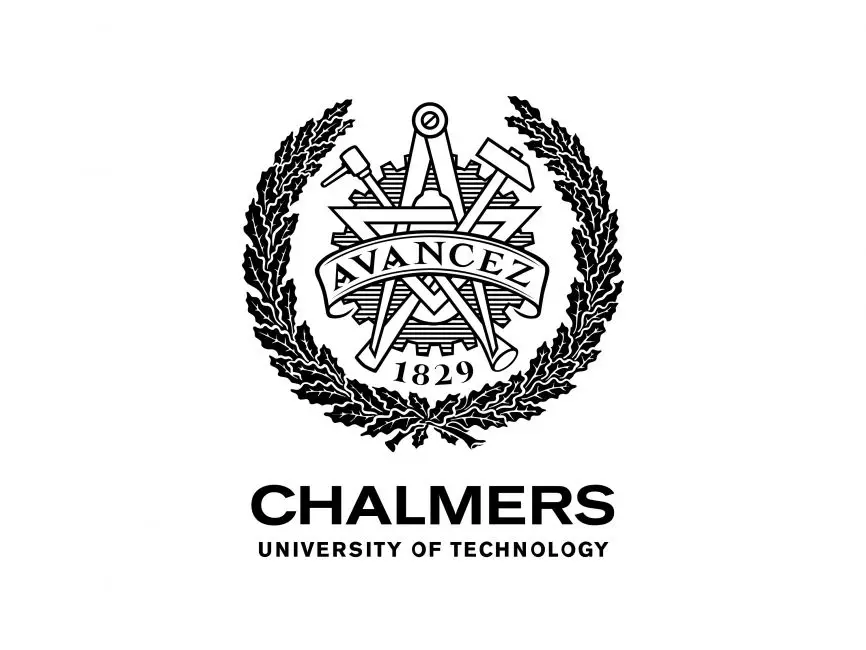
Course Details
The master’s programme in Applied mechanics at Chalmers will train you to solve solid, structural and fluid mechanics problems in a broad spectrum of different application areas. You will gain core competencies for becoming a key player for both large and small enterprises working with the mechanical design of sustainable and competitive products while considering aspects like reliability, robustness, weight as well as energy efficiency. The teaching in the programme mainly consists of lectures, tutorial classes, computer classes and physical experiments. But the interconnection and collaboration with industry are significant which is manifested by guest lectures, study visits as well as tasks in the project course. Most of our students carry out their master thesis projects in the industry, but they can also be carried out at research groups at Chalmers or internationally.
| Total Subjects | 4 compulsory subject and 30 elective and thesis |
|---|---|
| Total Credits | 120 |
| Intake | September |
| English Proficiency Level | IELTS 6.5 |
| Duration | 2 Years |
This master's programme offers a comprehensive foundation in the science of programming. It will give you a strong basis for developing the computer applications of today and tomorrow and for conducting innovative research and promoting development. It is suitable for you who wish to study the core areas of computer science on an advanced level in order to prepare for research and development in the software industry. It also provides an ideal basis for academic research in computer science.
| Total Subjects | 4 compulsory subject and 30 elective and thesis |
|---|---|
| Total Credits | 120 |
| Intake | September |
| English Proficiency Level | IELTS 6.5 |
| Duration | 2 Years |
The master's programme, you will learn to design methodologies used to construct computer systems and networks. Such methodologies include fault-tolerant distributed algorithm design, concurrent programming, computer systems engineering, and secure and dependable systems design. The coursework is designed to develop both your theoretical knowledge and practical expertise.
| Total Subjects | 4 compulsory subject and 30 elective and thesis |
|---|---|
| Total Credits | 120 |
| Intake | September |
| English Proficiency Level | IELTS 6.5 |
| Duration | 2 Years |
The courses of the programme will provide a solid foundation in machine learning, statistics, and optimization, with an in-depth understanding of the mathematical modelling techniques used for extracting information from large sets of complex data, and with the computational skills and algorithms for working with such data. You will also gain familiarity with a range of common problems within Data science and AI which can be solved with such techniques.
| Total Subjects | 4 compulsory subject and 30 elective and thesis |
|---|---|
| Total Credits | 120 |
| Intake | September |
| English Proficiency Level | IELTS 6.5 |
| Duration | 2 Years |
The master's programme is intended to bridge different worldviews, exercise the ability to perceive and understand diverse perspectives and support a reciprocal, mutual, understanding between actors in the construction sector such as user, client, architect, engineer, consultant, planner, or an economist. The programme will prepare you for a long-lasting professional career by providing a broad repertoire of problem-solving methods and by integrating theory and practice to understand and manage the complexity in the actualization of a construction project.
| Total Subjects | 4 compulsory subject and 30 elective and thesis |
|---|---|
| Total Credits | 120 |
| Intake | September |
| English Proficiency Level | IELTS 6.5 |
| Duration | 2 Years |
In Information and communication technology, you will get ready for an advanced engineering career in the fields of communication and information science. You will acquire deep theoretical and applied knowledge, the competence to conduct complex multidisciplinary projects, and a passion for discovery.The core courses of the programme will give you solid analytical skills and an understanding of the fundamental principles of communication and information processing: probability theory and statistical learning, digital signal processing, information and communication theory, communication networking, and security. The master’s programme offers three main tracks for specialisation with a generous number of elective courses to choose from.
| Total Subjects | 5 compulsory subject and 30 elective and thesis |
|---|---|
| Total Credits | 120 |
| Intake | September |
| English Proficiency Level | IELTS 6.5 |
| Duration | 2 Years |
The master's programme combines a number of perspectives on software engineering, all of which promote the common goal of educating engineers who are skilled in designing quality software at low development and maintenance costs. Software engineering and technology is also a platform for future researchers who get qualified to perform advanced technological and methodological experiments in software engineering. The programme focuses on three main competences in software engineering: advanced technical knowledge and skills, advanced knowledge of methods and processes, and advanced knowledge of industrial activities and practices. The combination of this knowledge is highly valued and in great demand in the software industry in order to support, innovate, and improve practices with new methods and tools.
| Total Subjects | 5 compulsory subject and 30 elective and thesis |
|---|---|
| Total Credits | 120 |
| Intake | September |
| English Proficiency Level | IELTS 6.5 |
| Duration | 2 Years |
The master's programme focuses on the design, management and improvement of supply chain management strategies. It is multidisciplinary and builds on several scientific disciplines. One important way a company can improve its competitiveness is to apply supply chain management (SCM). This programme will help you to develop your skills in purchasing, logistics, marketing, transport and general management.
| Total Subjects | 6 compulsory subject and 20 elective and thesis |
|---|---|
| Total Credits | 120 |
| Intake | September |
| English Proficiency Level | IELTS 6.5 |
| Duration | 2 Years |
The master's programme in Physics is intended for those who have a strong interest in theoretical, computational, and/or experimental aspects of physics and astronomy. In short, the theory provides models and concepts that can explain and predict experimental observations. The use of computers allows for numerical computation of the fundamental laws of physics and the use of advanced techniques, for example, machine learning and quantum computing.
| Total Subjects | 3 compulsory subject and 30 elective and thesis |
|---|---|
| Total Credits | 120 |
| Intake | September |
| English Proficiency Level | IELTS 6.5 |
| Duration | 2 Years |
This master's programme also embraces process design, engineering, modelling and control. The practical applications of biotechnology include age-old techniques such as brewing, fermentation and cheese-making, all of which are still important today. The introduction of new techniques based on fundamental biological research has resulted in major advances. Microorganisms and cells (or parts thereof) are utilized to produce valuable products, and new medicines are also products of biotechnology.
| Total Subjects | 5 compulsory subject and 30 elective and thesis |
|---|---|
| Total Credits | 120 |
| Intake | September |
| English Proficiency Level | IELTS 6.5 |
| Duration | 2 Years |
This master's programme is an internationally competitive education that aims to educate engineers who can work at the technological front and use modern biomedical technologies to meet a growing need in healthcare sectors and the biomedical engineering industry, but also in other industries that have elements of biomedical engineering technology. The education will give you a broad biomedical technology foundation with a certain focus on medical imaging, medical products and entrepreneurship and digital health.
| Total Subjects | 4 compulsory subject and 30 elective and thesis |
|---|---|
| Total Credits | 120 |
| Intake | September |
| English Proficiency Level | IELTS 6.5 |
| Duration | 2 Years |
The master’s programme in Architecture and urban design will give you the skills and knowledge needed to practice architecture and urban design professionally. The programme emphasises a research-oriented approach in order to anticipate future challenges for architects and urban designers. Its profile is design-led and practical, as well as academic and theoretical.
| Total Subjects | 2 compulsory subject and 30 elective and thesis |
|---|---|
| Total Credits | 120 |
| Intake | September |
| English Proficiency Level | IELTS 6.5 |
| Duration | 2 Years |
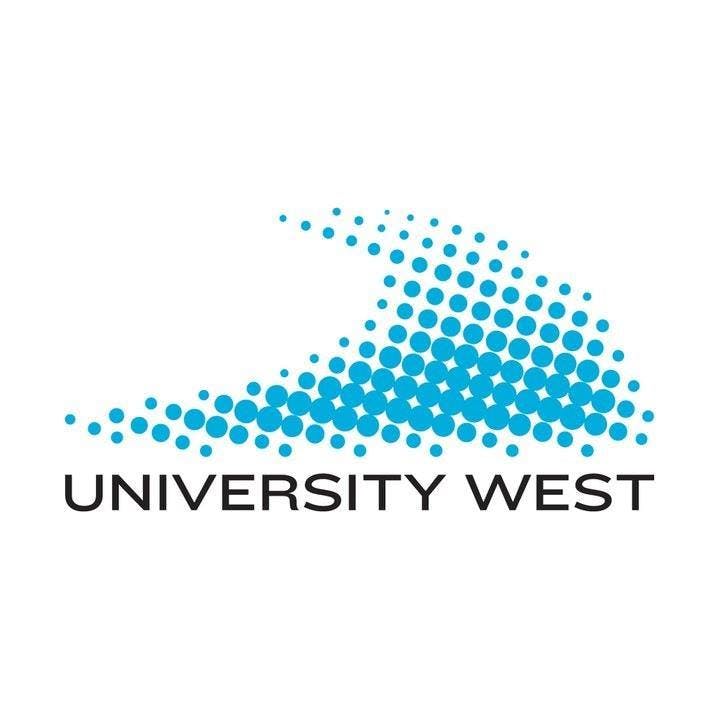
University West
➤ Ranked among the top 25 universities in the world for co-producing scientific articles with external partners.
Quick View

Course Details
The Master in Leadership in Digitalised Organisations will build the theoretical and practical knowledge needed to be a responsible and adaptive leader in changing and sustainable digitalised organisations. You may even go on to influence new approaches to management and governance of organisations of the future. The programme is multidisciplinary and includes study in informatics, business administration, pedagogy and more. Work integrated learning forms the foundation of your studies, with special focus on leadership and digitalised organisations. Digitalisation changes how we communicate, share and search for information and organise, produce, coordinate and lead operations. It demands leadership that is more collaborative, intersectional and norm-critical.
| Total Subjects | 12 Subject, 1 Internship and 1 project, Masters in thesis in final semester |
|---|---|
| Total Credits | 120 |
| Intake | September |
| English Proficiency Level | IELTS 6.5 |
| Duration | 2 Years |
This programme will build your knowledge base in both work integrated learning and sustainable development, step by step, beginning with an introduction to WIL and sustainability as an academic and professional subject. Through this programme, you will develop both interdisciplinary research competence and professional competence in the field of sustainability. The training is unique in its combination of sustainability and WIL, the processes turning knowledge into practice. You will learn how to understand and evaluate the common global sustainability goals and how they can be achieved within different activities and contexts. You will build this competence through work integrated learning content and pedagogy. Also gain real work experience with an internship or expand your cultural competencies by studying abroad during the third semester of your programme
| Total Subjects | 12 Subject, 1 Internship and 1 project, Masters in thesis in final semester |
|---|---|
| Total Credits | 120 |
| Intake | September |
| English Proficiency Level | IELTS 6.5 |
| Duration | 2 Years |
This programme develops new perspectives of how knowledge production, combined with learning and experiences, can influence societal change through applied work integrated political studies. The programme is closely integrated into University West’s complete academic environment and profile of Work Integrated Learning. During your studies you conduct a research internship in direct collaboration with surrounding society, focusing on finding real sustainable solutions to societal challenges.
| Total Subjects | 12 Subject, 1 Internship and thesis |
|---|---|
| Total Credits | 120 |
| Intake | September |
| English Proficiency Level | IELTS 6.5 |
| Duration | 2 Years |
The one-year Master in Finance prepares you for a career as a financial analyst in corporations and financial institutions. Fully taught in English, it consists of advanced courses (45 credits) and a master’s thesis project (15 credits). The programme has a strong analytical focus and emphasizes the knowledge and skills needed in today’s global financial environment.
| Total Subjects | 6 Subject, 1 Project |
|---|---|
| Total Credits | 60 |
| Intake | September |
| English Proficiency Level | IELTS 6.5 |
| Duration | 1 Year |
This program covering all main subfields of international business, this programme includes a master’s thesis project. During this project, you will identify, critically reflect upon, analyse and solve problems related to international business activities by incorporating a range of business research methods. You will also learn to communicate your proposed solutions to your peers, academics and commissioning companies and organisations.
| Total Subjects | 6 Subject, 1 Project |
|---|---|
| Total Credits | 60 |
| Intake | September |
| English Proficiency Level | IELTS 6.5 |
| Duration | 1 Year |
The Masters of IT and Management is a stimulating and future-focused one-year master’s programme. Fully taught in English, it’s designed for students with a background in social and/or computer sciences who are keenly interested in analysing, developing, implementing and evaluating ICT interventions for organisations. We’ve developed your programme in close cooperation with local industries and municipalities, focusing on current IT issues that concern your potential employers.
| Total Subjects | 4 Subject, 1 project and 2 Programming |
|---|---|
| Total Credits | 60 |
| Intake | September |
| English Proficiency Level | IELTS 6.5 |
| Duration | 1 Year |
There is high demand for cybersecurity specialists with a big-picture understanding of the technical aspects of cybersecurity – and complimentary competence in related areas. This is why your programme is broad and multidisciplinary. We’ve built your training in collaboration with industry to best prepare you for the cybersecurity workforce. Your studies will include the main functions of cybersecurity, from risk management, compliance, law, regulations, security and hacking to digital forensics. This broad scope prepares you to design strategies that integrate best security practices and solutions.
| Total Subjects | 6 Subject and thesis |
|---|---|
| Total Credits | 60 |
| Intake | September |
| English Proficiency Level | IELTS 6.5 |
| Duration | 1 Year |
The total programme consists of 60 credits in accordance with the European Credit Transfer and Accumulation System (ECTS). The courses focus on development and use of rigorous methods for designing, constructing, and quality validation and verification of effective and reliable software programs and systems. A software engineer must be knowledgeable of the entire software development lifecycle, including but not limited to; requirements engineering, software processes, software modelling and analysis, software design, and software quality, verification, and validation.
| Total Subjects | 6 Subject and thesis |
|---|---|
| Total Credits | 60 |
| Intake | September |
| English Proficiency Level | IELTS 6.5 |
| Duration | 1 Year |
This programme prepares you for a leadership role where you help form a bridge between industrial operations and other aspects of companies and organisations. You’ll learn how to leverage information technology as a powerful tool, as well as develop a strong understanding of the business and organisational aspects of management, design, planning and development of industrial operations and supply chains. Learn best practices using LEAN principles in Sweden, well established in manufacturing and building systems that tie together IT tools, knowledge and management.
| Total Subjects | 10 Subject and thesis |
|---|---|
| Total Credits | 120 |
| Intake | September |
| English Proficiency Level | IELTS 6.5 |
| Duration | 2 Years |
This programme for electrical engineers, mechanical engineers and computer engineers to become production technology engineers with advanced skills in AI and automation. Your curriculum is designed to meet the demands of industry. An added advantage of studying at University West is that you will also have easy access to the rich research environment in the PTC and PTW. You’ll gain practical experience through assignments as well as group and individual projects in close collaboration with corporate leaders in the industry. The entire programme has been built on the strength of a close collaboration between industry and University West. Every aspect is based on the real hiring needs of companies and research facilities in the industry.
| Total Subjects | 13 Subject, 1 certificate program and thesis |
|---|---|
| Total Credits | 120 |
| Intake | September |
| English Proficiency Level | IELTS 6.5 |
| Duration | 2 Years |
This programme for electrical engineers, mechanical engineers and computer engineers to become production technology engineers with advanced skills in AI and automation. Your curriculum is designed to meet the demands of industry. An added advantage of studying at University West is that you will also have easy access to the rich research environment in the PTC and PTW. You’ll gain practical experience through assignments as well as group and individual projects in close collaboration with corporate leaders in the industry. The entire programme has been built on the strength of a close collaboration between industry and University West. Every aspect is based on the real hiring needs of companies and research facilities in the industry.
| Total Subjects | 8 Subject |
|---|---|
| Total Credits | 60 |
| Intake | September |
| English Proficiency Level | IELTS 6.5 |
| Duration | 1 Year |
In this one-year Master in electric engineering - programme you will develop an understanding of electric vehicles or electric power systems. Your programme will cover the main aspects of design, testing and development within electric vehicles or electric power engineering, with electric engineering as the foundation.
| Total Subjects | 15 Subject and 2 project |
|---|---|
| Total Credits | 60 |
| Intake | August |
| English Proficiency Level | IELTS 6.5 |
| Duration | 1 Year |
In this one-year Electromechanical Vehicle Engineering programme you will develop an understanding of electric vehicles and electric powertrain. Your programme will cover the main aspects of design, testing and development within electric vehicles, with mechanical engineering as the foundation.
| Total Subjects | 9 Subject and 1 project |
|---|---|
| Total Credits | 60 |
| Intake | September |
| English Proficiency Level | IELTS 6.5 |
| Duration | 1 Year |
This programme presents multiple crucial manufacturing technologies and their scientific bases, along with related scientific developments and ongoing challenges. In this interdisciplinary learning environment, you’ll build knowledge across a broad range of engineering topics. An advantage of study at University West, you will also have easy access to the rich research environment in the PTC and PTW. You’ll gain practical experience through assignments as well as group and individual projects in close collaboration with corporate leaders in the industry. The entire programme has been built through the collaboration of industry and researchers at University West. Every aspect is based on the real hiring needs of companies and research facilities in the industry.
| Total Subjects | 8 Subject and 1 project |
|---|---|
| Total Credits | 60 |
| Intake | September |
| English Proficiency Level | IELTS 6.5 |
| Duration | 1 Year |
This programme presents multiple crucial manufacturing technologies and their scientific bases, along with related scientific developments and ongoing challenges. Master of these subjects will enable you to effectively control and monitor these processes, considering the impact of processes on materials. In this interdisciplinary learning environment, you’ll build knowledge across a broad range of engineering topics. An advantage of study at University West, you will also have easy access to the rich research environment in the PTC and PTW.
| Total Subjects | 13 subject, thesis and placement |
|---|---|
| Total Credits | 120 |
| Intake | September |
| English Proficiency Level | IELTS 6.5 |
| Duration | 2 Years |
The courses that make up the programme offer you in-depth knowledge of smart factories and prepare you well for contributing to their development. You learn design and programming of robots and automation systems. The entire programme has been built through the collaboration of industry and researcher.
| Total Subjects | 19 subject and 1 project |
|---|---|
| Total Credits | 120 |
| Intake | September |
| English Proficiency Level | IELTS 6.5 |
| Duration | 2 Years |
The International Programme in Politics and Economics (IPPE) at University West is an open creative interdisciplinary thinking space – exploring the intersections between politics and economics in multiple issue areas and diverse sites across different world regions. IPPE aims to highlight that social, political, and economic forces are not only local and national in scope but also regional and global. IPPE is often concerned with linking academic enquiry with policy and other practices, and the programme’s vision is provoked by “real world” situations and a wish to produce knowledge that contributes to a better understanding of change over time. In short, IPPE is intellectually pluralist and is not a degree programme with a single line of aims, questions, theories, and methods but more a conversation and crossfertilisation among diverse approaches.
| Total Subjects | 19 subject and 2 projects |
|---|---|
| Total Credits | 180 |
| Intake | September |
| English Proficiency Level | IELTS 6.5 |
| Duration | 3 Years |
In this three-year, multidisciplinary Bachelor of Science degree programme, you’ll develop an understanding of future factories, materials and production. Your programme will cover the main aspects of production technology, where its base is mechanical engineering. In this interdisciplinary learning environment, you’ll build knowledge across a broad range of engineering topics. An advantage of study at University West, you will also have easy access to the rich research environment in the PTC and PTW. You’ll gain practical experience through assignments as well as group and individual projects in close collaboration with corporate leaders in the industry. In the third year of your programme, you’ll have the opportunity to complete an industrial placement and study abroad in Europe, Asia or South America. The entire programme has been built through the collaboration of industry and researchers at University West. Every aspect is based on real hiring needs of companies and research facilities in the industry.
| Total Subjects | 27 subject, Placement and project |
|---|---|
| Total Credits | 180 |
| Intake | January |
| English Proficiency Level | IELTS 6.5 |
| Duration | 3 Years |
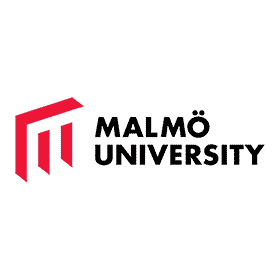
Malmo University
➤ Ranked 15th in Sweden
➤ Ranked #=31 in QS WUR Ranking By Subject 2024
Quick View

Course Details
The programme creates a platform for understanding the involvement of surface science in biomedicine and biotechnology. You will get theoretical knowledge and practical skills in the areas of biomedical activities which require expertise beyond traditional disciplines of biomedicine, chemistry or biology.
| Total Subjects | |
|---|---|
| Total Credits | 120 Credits |
| Intake | September |
| English Proficiency Level | IELTS 6.5 |
| Duration | 2 years |
This interdisciplinary two-year master’s programme will provide you with understanding of the state-of-the-art methods and algorithms of data science through hands-on experience with the latest tools and systems in the industry. After graduation, you will be qualified to work in a range of positions in data-centred projects as well as pursue PhD studies in data science.Data Science is an emerging and multidisciplinary field that requires knowledge and skills in subjects such as computer science, mathematics and communication technologies.
| Total Subjects | |
|---|---|
| Total Credits | 120 Credits |
| Intake | September |
| English Proficiency Level | IELTS 6.5 |
| Duration | 2 years |
The Computer Science: Internet of Things, Master’s Programme (two-year) prepares students for careers in a rapidly growing global industry. The demand for people with IoT engineering skills is expected to increase dramatically. Future innovation in the IoT area is expected to accelerate the growth of the IoT sector. This will lead to a growing demand in society for IoT system developers who have skills in the complete IoT value chain while, at the same time, also understand IoT business aspects.
| Total Subjects | |
|---|---|
| Total Credits | 120 Credits |
| Intake | September |
| English Proficiency Level | IELTS 6.5 |
| Duration | 2 years |
The programme immerses you in developing practical techniques, methods, and materials for teaching English as a Second Language (ESL), such as virtual exchange, storytelling and creative writing. You also will study English grammar in the context of TESOL, investigate adolescent language development and explore bilingual and multicultural education.
| Total Subjects | |
|---|---|
| Total Credits | 120 Credits |
| Intake | September |
| English Proficiency Level | IELTS 6.5 |
| Duration | 2 years |
Interaction design is a rapidly changing discipline, and we maintain the relevance of our education by working with real-world design cases and external clients including local industry partners and cultural and civic organizations. Navigating a shifting design landscape also requires the critical mindset of a scholar, and we foster reflective design by teaching research skills and involving students in active research projects.
| Total Subjects | |
|---|---|
| Total Credits | 120 Credits |
| Intake | September |
| English Proficiency Level | IELTS 6.5 |
| Duration | 2 years |
The master's programme Global Politics aims towards you who are interested in global political issues. You will learn how an increasingly complex world, where the global and the local meet, presents us with new challenges and opportunities. The programme provides you with a solid practical base concerning concepts like justice, peace, security, power, culture and democracy. You will learn how to analyse conflicts, international relations and human rights claims and violations.
| Total Subjects | |
|---|---|
| Total Credits | 120 Credits |
| Intake | September |
| English Proficiency Level | IELTS 6.5 |
| Duration | 2 years |
The Urban Studies Master’s Programme equips you with an interdisciplinary and international education, with a deepened understanding of urban processes and developments. The programme allows you to focus on your own areas of interests within the research fields of urban studies. The education takes place in the Öresund region, an area centred around Copenhagen and Malmö that offers an abundance of examples of global urban development issues.
| Total Subjects | |
|---|---|
| Total Credits | 120 Credits |
| Intake | September |
| English Proficiency Level | IELTS 6.5 |
| Duration | 2 years |
Student will independently, critically and systematically analyse complex topics relevant to social and behavioural science with a focus on criminology. Students from a variety of fields and cultural backgrounds make up the classroom environment, and you are encouraged to discuss subjects in both a Swedish and an international context.
| Total Subjects | |
|---|---|
| Total Credits | 120 Credits |
| Intake | September |
| English Proficiency Level | IELTS 6.5 |
| Duration | 2 years |
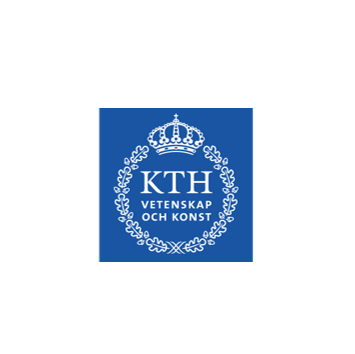
KTH Royal Institute & Technology
➤ QS World University Rankings: Ranked 74th in 2025
➤ Highest-Ranked University in Sweden and 10th in the European Union.
Quick View

Course Details
The master's programme in Computer Science provides a broad education in computer science with the possibility to specialise in different subjects. You will learn the methods for constructing software systems, including theoretical foundations and the practical ability to develop products and systems
| Total Subjects | |
|---|---|
| Total Credits | 120 ECTS |
| Intake | September |
| English Proficiency Level | IELTS 6.5 |
| Duration | 2 years |
Cybersecurity is a broad and multi-faceted subject. It ranges from fundamental computing theory to software engineering, computer communication, large-scale distributed systems, and physical process control into human and social behaviour. The programme is rooted in computer science and reaches out to aspects of the business and social context of cybersecurity.
| Total Subjects | |
|---|---|
| Total Credits | 120 ECTS |
| Intake | September |
| English Proficiency Level | IELTS 6.5 |
| Duration | 2 years |
In this programme, you will learn the mathematical and statistical foundations and methods for machine learning with the goal of modelling and discovering patterns from observations. You will also gain practical experience in matching, applying and implementing relevant machine learning techniques to solve real-world problems in a broad range of application domains
| Total Subjects | |
|---|---|
| Total Credits | 120 ECTS |
| Intake | September |
| English Proficiency Level | IELTS 6.5 |
| Duration | 2 years |
The global demand for affordable and sustainable resources has created a significant need for electrical engineers and researchers to provide electricity and to build new smart solutions that enable more sustainable energy management. This is the programme for those who want to develop components, systems and management of electric power.
| Total Subjects | |
|---|---|
| Total Credits | 120 ECTS |
| Intake | September |
| English Proficiency Level | IELTS 6.5 |
| Duration | 2 years |
Communication networks have evolved dramatically over recent decades. Accommodating the data traffic generated by billions of users and trillions of digital devices requires continuous technological evolution. Innovative internet and wireless infrastructure will be needed to cater for these challenging and unprecedented growth and performance characteristics. The master's programme in Communications Systems will prepare you for a career in such an essential field for our society.
| Total Subjects | |
|---|---|
| Total Credits | 120 ECTS |
| Intake | September |
| English Proficiency Level | IELTS 6.5 |
| Duration | 2 years |
The programme consists of studio-based teaching, orientation courses, seminar courses and a final independent degree project. Through the different stages of the programme, you will complete six studio projects, each providing an opportunity to apply and develop skills in varied areas of the learning process. The annual selection procedure allows you to list your preferences for the studios on offer.
| Total Subjects | |
|---|---|
| Total Credits | 120 ECTS |
| Intake | September |
| English Proficiency Level | IELTS 6.5 |
| Duration | 2 years |
This master's programme gives you advanced knowledge in the field of Structural Engineering as well as in the subjects of Civil or Architectural Engineering. You learn how to implement this knowledge by comprehensively understanding buildings and infrastructure as advanced technical systems. The programme offers advanced-level courses that often relate to real-life projects and the use of state-of-the-art tools for design and modelling.
| Total Subjects | |
|---|---|
| Total Credits | 120 ECTS |
| Intake | September |
| English Proficiency Level | IELTS 6.5 |
| Duration | 2 years |
The programme has no tracks and there is a significant degree of freedom for you to select courses within the programme, given that the specific course prerequisites are fulfilled. The courses offered within the programme are based on a combination of theoretical and practical approaches, both in the field and laboratory, using tools such as GIS, different computer models and tools for decision support.
| Total Subjects | |
|---|---|
| Total Credits | 120 ECTS |
| Intake | September |
| English Proficiency Level | IELTS 6.5 |
| Duration | 2 years |
The master's programme in Aerospace Engineering offers you a broad, challenging and internationally acknowledged education. It provides skills in aerospace modelling and design, solving complex engineering tasks, collaboration with others in project work, and communicating results and findings professionally. The programme at KTH is highly international, with contacts and students from all over the world. The astronaut and KTH alumnus Christer Fuglesang is the chairman of the Progamme's Advisory Board.
| Total Subjects | |
|---|---|
| Total Credits | 120 ECTS |
| Intake | September |
| English Proficiency Level | IELTS 6.5 |
| Duration | 2 years |
This two-year master's programme comprises advanced courses that focus on tools used to analyse various biological samples for life science research, as well as for healthcare applications within diagnostics and drug development. You will gain in-depth knowledge about scientific methodologies used for comprehensive analyses of biological systems, and their applications for advanced health care or medical surveillance. The programme offers extensive biotechnology training to tackle global needs in the area of life sciences, preparing you for careers both in Sweden and internationally.
| Total Subjects | |
|---|---|
| Total Credits | 120 ECTS |
| Intake | September |
| English Proficiency Level | IELTS 6.5 |
| Duration | 2 years |
Mechatronics combines mechanical, electrical and computer systems to create intelligent, user-friendly products and services. KTH's research and education activities within Mechatronics are conducted closely with a wide range of industries, offering excellent opportunities to complete smaller projects during your studies and your final degree project at a company. In the longer term, this close collaboration also enables us to identify future industry needs and evolve our curriculum and teaching accordingly. The master's programme in Mechatronics has previously been a track on the master's programme in Engineering Design, but is from 2024 given as its own programme.
| Total Subjects | |
|---|---|
| Total Credits | 120 ECTS |
| Intake | September |
| English Proficiency Level | IELTS 6.5 |
| Duration | 2 years |
The programme's main focus is understanding the creation of value for customers.The programme consists of several tailored courses exclusively provided for the programme. They form a detailed understanding of the three levels of value creation and the interrelation between them. The learning process throughout the programme is enhanced by the integrated design of the compulsory courses – where case assignments, problem-based learning, and interaction with the industry are of central importance
| Total Subjects | |
|---|---|
| Total Credits | 120 ECTS |
| Intake | September |
| English Proficiency Level | IELTS 6.5 |
| Duration | 2 years |
Quick View

Course Details
Degree of Bachelor of Science with a major in Informatics specialisation Graphic Design and Web Development
| Total Subjects | |
|---|---|
| Total Credits | 180 credits |
| Intake | Autumn |
| English Proficiency Level | IELTS - 6.5 |
| Duration | 3 years |
Degree of Bachelor of Science in Business and Economics with a major in Business Administration
| Total Subjects | |
|---|---|
| Total Credits | 180 credits |
| Intake | Autumn |
| English Proficiency Level | IELTS - 6.5 |
| Duration | 3 years |
Degree of Bachelor of Science in Prosthetics and Orthotics Degree of Bachelor of Science with a major in Prosthetics and Orthotics
| Total Subjects | |
|---|---|
| Total Credits | 180 credits |
| Intake | Autumn |
| English Proficiency Level | IELTS - 6.5 |
| Duration | 3 years |
Degree of Bachelor of Science in Business and Economics with a major in Economics
| Total Subjects | |
|---|---|
| Total Credits | 180 credits |
| Intake | Autumn |
| English Proficiency Level | IELTS - 6.5 |
| Duration | 3 years |
Degree of Bachelor of Science in Business and Economics with a major in Business Administration
| Total Subjects | |
|---|---|
| Total Credits | 180 credits |
| Intake | Autumn |
| English Proficiency Level | IELTS - 6.5 |
| Duration | 3 years |
Degree of Bachelor of Science in Business and Economics with a major in Business Administration
| Total Subjects | |
|---|---|
| Total Credits | 180 credits |
| Intake | Autumn |
| English Proficiency Level | IELTS - 6.5 |
| Duration | 3 years |
Degree of Bachelor of Science with a major in Business Administration
| Total Subjects | |
|---|---|
| Total Credits | 180 credits |
| Intake | Autumn |
| English Proficiency Level | IELTS - 6.5 |
| Duration | 3 years |
Degree of Bachelor of Science in Industrial Engineering and Management specialisation in Sustainable Supply Chain Management or Degree of Bachelor of Science with a major in Industrial Engineering and Management specialisation in Sustainable Supply Chain Management
| Total Subjects | |
|---|---|
| Total Credits | 180 credits |
| Intake | Autumn |
| English Proficiency Level | IELTS - 6.5 |
| Duration | 3 years |
Degree of Bachelor of Science with a major in Informatics specialisation Graphic Design and Web Development
| Total Subjects | |
|---|---|
| Total Credits | 180 credits |
| Intake | Autumn |
| English Proficiency Level | IELTS - 6.5 |
| Duration | 3 years |
Degree of Master of Science (120 credits) with a major in Product Development specialisation in Materials and Manufacturing
| Total Subjects | |
|---|---|
| Total Credits | 120 credits |
| Intake | Autumn |
| English Proficiency Level | IELTS - 6.5 |
| Duration | 2 years |
Degree of Master of Science (120 credits) with a major in Production systems specialisation in Sustainable ProductioDevelopment
| Total Subjects | |
|---|---|
| Total Credits | 120 credits |
| Intake | Autumn |
| English Proficiency Level | IELTS - 6.5 |
| Duration | 2 years |
Degree of Master of Science (120 credits) with a major in Computer Science specialisation in Artificial Intelligence (AI) Engineering
| Total Subjects | |
|---|---|
| Total Credits | 120 credits |
| Intake | Autumn |
| English Proficiency Level | IELTS - 6.5 |
| Duration | 2 years |
Degree of Master of Science (120 credits) with a major in Built Environment specialisation in Sustainable Building Information Management
| Total Subjects | |
|---|---|
| Total Credits | 120 credits |
| Intake | Autumn |
| English Proficiency Level | IELTS - 6.5 |
| Duration | 2 years |
Degree of Master of Science (120 credits) with a major in Business Administration
| Total Subjects | |
|---|---|
| Total Credits | 120 credits |
| Intake | Autumn |
| English Proficiency Level | IELTS - 6.5 |
| Duration | 2 years |
Degree of Master (120 credits) with a major in Product Development specialisation Assistive Technology
| Total Subjects | |
|---|---|
| Total Credits | 120 credits |
| Intake | Autumn |
| English Proficiency Level | IELTS - 6.5 |
| Duration | 2 years |
Degree of Master of Science (120 credits) with a major in Occupational Therapy
| Total Subjects | |
|---|---|
| Total Credits | 120 credits |
| Intake | Autumn |
| English Proficiency Level | IELTS - 6.5 |
| Duration | 2 years |
Degree of Master of Science (120 credits) with a major in Economics
| Total Subjects | |
|---|---|
| Total Credits | 120 credits |
| Intake | Autumn |
| English Proficiency Level | IELTS - 6.5 |
| Duration | 2 years |
Degree of Master of Science (120 credits) with a major in Business Administration
| Total Subjects | |
|---|---|
| Total Credits | 120 credits |
| Intake | Autumn |
| English Proficiency Level | IELTS - 6.5 |
| Duration | 2 years |
Degree of Master of Science (120 credits) with a major in Business Administration
| Total Subjects | |
|---|---|
| Total Credits | 120 credits |
| Intake | Autumn |
| English Proficiency Level | IELTS - 6.5 |
| Duration | 2 years |
Degree of Master of Science (120 credits) with a major in Production Systems specialisation in Supply Chain Operations Management
| Total Subjects | |
|---|---|
| Total Credits | 120 credits |
| Intake | Autumn |
| English Proficiency Level | IELTS - 6.5 |
| Duration | 2 years |
Degree of Master of Science (120 credits) with a major in Global Studies specialisation in Sustainability Studies
| Total Subjects | |
|---|---|
| Total Credits | 120 credits |
| Intake | Autumn |
| English Proficiency Level | IELTS - 6.5 |
| Duration | 2 years |
Degree of Master of Science (120 credits) with a major in Product Development specialisation in Materials and Manufacturing
| Total Subjects | |
|---|---|
| Total Credits | 120 credits |
| Intake | Autumn |
| English Proficiency Level | IELTS - 6.5 |
| Duration | 2 years |
Degree of Master of Science (120 credits) with a major in Production systems specialisation in Sustainable Production Development
| Total Subjects | |
|---|---|
| Total Credits | 120 credits |
| Intake | Autumn |
| English Proficiency Level | IELTS - 6.5 |
| Duration | 2 years |
Degree of Master of Social Science (120 credits) with a major in Media and Communication Science
| Total Subjects | |
|---|---|
| Total Credits | 120 credits |
| Intake | Autumn |
| English Proficiency Level | IELTS - 6.5 |
| Duration | 2 years |
Degree of Master of Science (120 credits) with a major in Product Development specialisation in Industrial Design
| Total Subjects | |
|---|---|
| Total Credits | 120 credits |
| Intake | Autumn |
| English Proficiency Level | IELTS - 6.5 |
| Duration | 2 years |
Degree of Master of Science (120 credits) with a major in Business Administration
| Total Subjects | |
|---|---|
| Total Credits | 120 credits |
| Intake | Autumn |
| English Proficiency Level | IELTS - 6.5 |
| Duration | 2 years |
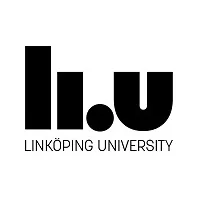
Linköping University
➤ Ranked #304 in QS World University Rankings
➤ Ranked 8th in Sweden
Quick View

Course Details
| Total Subjects | |
|---|---|
| Total Credits | 180 credits |
| Intake | August or September ( Autumn Intake) |
| English Proficiency Level | IELTS 6.5 |
| Duration | 3 years |
| Total Subjects | |
|---|---|
| Total Credits | 60 credits |
| Intake | August or September ( Autumn Intake) |
| English Proficiency Level | IELTS 6.5 |
| Duration | 1 years |
| Total Subjects | Elective 18, Compulsory 13 |
|---|---|
| Total Credits | 120 credits |
| Intake | August or September ( Autumn Intake) |
| English Proficiency Level | IELTS 6.5 |
| Duration | 2 years |
This programme offers an interdisciplinary design-based approach to tackling societal challenges through service design, sustainable design and visual media design. Established and innovative design concepts are incorporated in a unique, collaborative setup across campuses.
| Total Subjects | Elective 18, Compulsory 13 |
|---|---|
| Total Credits | 120 credits |
| Intake | August or September ( Autumn Intake) |
| English Proficiency Level | IELTS 6.5 |
| Duration | 2 years |
This programme combines fundamental concepts and knowledge in engineering, biology, and medicine to develop innovative technologies, materials, processes, and systems, with the aim of improving healthcare.
| Total Subjects | Elective 19, Compulsory 14 |
|---|---|
| Total Credits | 120 credits |
| Intake | August or September ( Autumn Intake) |
| English Proficiency Level | IELTS 6.5 |
| Duration | 2 years |
This programme gives you the skills to adopt changes in an industrial environment in a responsible and efficient manner, through established concepts in manufacturing, quality, and innovation
| Total Subjects | Elective 13, Compulsory 18 |
|---|---|
| Total Credits | 120 credits |
| Intake | August or September ( Autumn Intake) |
| English Proficiency Level | IELTS 6.5 |
| Duration | 2 years |
An urgent need for rapid change within many technical fields has increased the demand for new management strategies. This programme will provide you with the ability to lead production, engineering and society in a sustainable direction.
| Total Subjects | Elective 6, Compulsory 13 |
|---|---|
| Total Credits | 120 credits |
| Intake | August or September ( Autumn Intake) |
| English Proficiency Level | IELTS 6.5 |
| Duration | 2 years |
For good animal welfare and husbandry, an understanding of animal behaviour and biology from an applied perspective is important. If you are interested in the well-being of animals and want to preserve biodiversity, this programme is for you
| Total Subjects | Elective 10, Compulsory 7 |
|---|---|
| Total Credits | 120 credits |
| Intake | August or September ( Autumn Intake) |
| English Proficiency Level | IELTS 6.5 |
| Duration | 2 years |
This programme is aimed at students with a bachelor’s degree in Computer Science. You will learn to master the theoretical foundations in this field and apply them in practical applications.
| Total Subjects | Elective 12, Compulsory 18 |
|---|---|
| Total Credits | 120 credits |
| Intake | August or September ( Autumn Intake) |
| English Proficiency Level | IELTS 6.5 |
| Duration | 2 years |
This programme covers the entire product development cycle, from idea to the final product. With five specialisations and close industry collaborations, you will be qualified for work in any field of development, engineering or manufacturing.
| Total Subjects | Elective 13, Compulsory 18 |
|---|---|
| Total Credits | 120 credits |
| Intake | August or September ( Autumn Intake) |
| English Proficiency Level | IELTS 6.5 |
| Duration | 2 years |
This programme focuses on the design of integrated circuits and System-on-Chip in advanced semiconductor technologies. This requires a broad spectrum of knowledge and skills across many fields within engineering and science.
| Total Subjects | Elective 13, Compulsory 18 |
|---|---|
| Total Credits | 120 credits |
| Intake | August or September ( Autumn Intake) |
| English Proficiency Level | IELTS 6.5 |
| Duration | 2 years |
Help defend the society against cyberattacks and develop next-generation security solutions. During this two-year master’s programme you will get cybersecurity competence needed in every sector of society. The combination of theoretical courses and practical exercises will give you the right tools to meet the digital security challenges of today and tomorrow.
| Total Subjects | Elective 13, Compulsory 18 |
|---|---|
| Total Credits | 120 credits |
| Intake | August or September ( Autumn Intake) |
| English Proficiency Level | IELTS 6.5 |
| Duration | 2 years |
The complexity of issues as diverse as climate change, energy storage, a cure for cancer, and antibiotic resistance requires a broad chemical knowledge. This programme has a strong experimental focus and prepares you for a career working with anything from materials to pharmaceuticals.
| Total Subjects | Elective 13, Compulsory 18 |
|---|---|
| Total Credits | 120 credits |
| Intake | August or September ( Autumn Intake) |
| English Proficiency Level | IELTS 6.5 |
| Duration | 2 years |
This programme focuses on the integration of IT and telecommunications into transport and logistics systems, with the aim of increasing efficiency, safety, mobility and customer satisfaction while reducing environmental impact.
| Total Subjects | Elective 18, Compulsory 13 |
|---|---|
| Total Credits | 120 credits |
| Intake | August or September ( Autumn Intake) |
| English Proficiency Level | IELTS 6.5 |
| Duration | 2 years |
Quick View
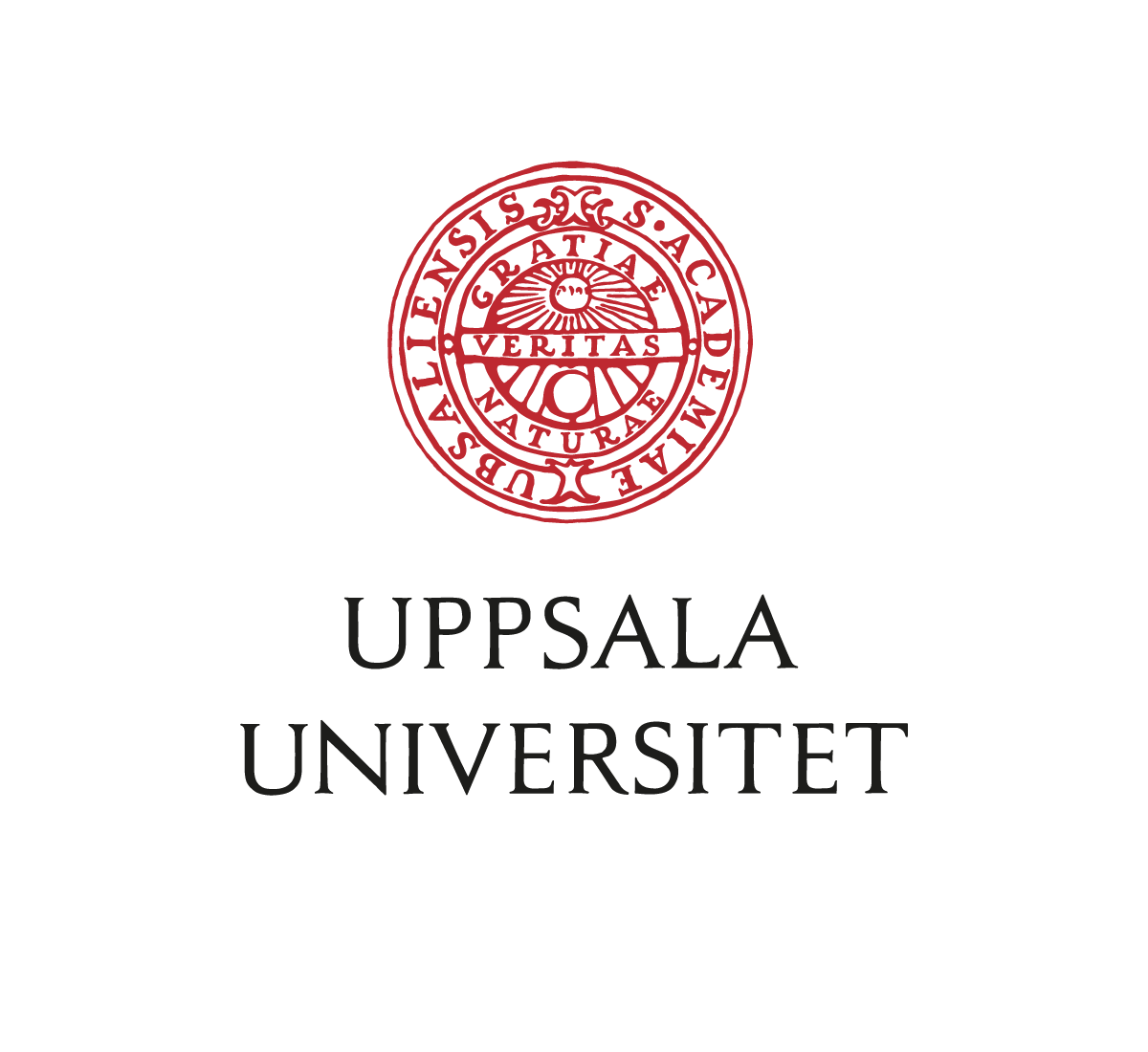
Course Details
The Bachelor's Programme in Energy Transition – Sustainability and Leadership trains students to tackle complex energy, sustainability, and transition issues from both technical and social science perspectives. The program focuses on renewable energy, energy efficiency, and leadership for sustainable development, preparing graduates to work across sectors with diverse experts.
| Total Subjects | |
|---|---|
| Total Credits | 180 credit |
| Intake | Autumn |
| English Proficiency Level | IELTS 6.5/6 |
| Duration | 3 years |
The Bachelor's Programme in Leadership - Quality Management - Improvement focuses on sustainable business development and process optimization. Students gain knowledge in quality development, leadership, and methods for improving efficiency and customer satisfaction. Graduates pursue careers in project management, quality development, and organizational improvement.
| Total Subjects | |
|---|---|
| Total Credits | 180 credit |
| Intake | Autumn |
| English Proficiency Level | IELTS 6.5/6 |
| Duration | 3 years |
The Master's Programme in Accounting and Financial Management prepares you for roles like CFO, auditor, or financial analyst, emphasizing resource management and sustainability. The structured curriculum includes courses on corporate governance, financial analysis, and sustainability reporting, with options for electives, internships, or exchange studies. The final semester focuses on a 30-credit Master's thesis in financial accounting.
| Total Subjects | |
|---|---|
| Total Credits | 120 credit |
| Intake | Autumn |
| English Proficiency Level | IELTS 6.5/6 |
| Duration | 2 years |
Uppsala University offers a top-tier biotechnology program within Sweden's strongest biotech cluster, emphasizing molecular biology, structural biology, and biotechnology. The program integrates hands-on research, industry collaboration, and courses in project management and entrepreneurship, creating a uniquely attractive graduate profile. A Master's thesis in academia or industry provides specialization and a gateway to the biotech world.
| Total Subjects | |
|---|---|
| Total Credits | 120 credit |
| Intake | Autumn |
| English Proficiency Level | IELTS 6.5/6 |
| Duration | 2 years |
The international business specialization develops skills to manage global operations through a mix of theory, research, and practical experience. It includes hands-on assignments, expert faculty guidance, and opportunities for internships or study abroad. Based in Sweden, the program emphasizes social responsibility and cutting-edge research.
| Total Subjects | |
|---|---|
| Total Credits | 120 credit |
| Intake | Autumn |
| English Proficiency Level | IELTS 6.5/6 |
| Duration | 2 years |
The Environmental Toxicology specialization offers a comprehensive understanding of how chemicals impact wildlife and humans, integrating disciplines like molecular biology, ecology, and epidemiology. The program includes laboratory and applied studies in chemical testing, risk assessment, and environmental impact. Graduates are equipped for careers in chemical safety or further academic research, such as pursuing a PhD.
| Total Subjects | |
|---|---|
| Total Credits | 120 credit |
| Intake | Autumn |
| English Proficiency Level | IELTS 6.5/6 |
| Duration | 2 years |
The programme covers courses like Trends in Molecular Biology, Microbiology, and Immunology, focusing on modern applications, microorganism interactions, and the immune system. Students engage in independent projects, including isolating organisms and analyzing them using various methods. In the second year, students choose courses or research training, preparing them for both academic and non-academic careers.
| Total Subjects | |
|---|---|
| Total Credits | 120 credit |
| Intake | Autumn |
| English Proficiency Level | IELTS 6.5/6 |
| Duration | 2 years |
In the Marketing specialisation, you will gain both theoretical and practical insights into customer decision-making, company interactions, and organizational strategies. The program includes core courses in strategy, digitalisation, sustainability, and leadership, followed by specialized marketing courses. In the final year, you can choose between an internship, elective courses, or an international exchange, culminating in a Master's thesis.
| Total Subjects | |
|---|---|
| Total Credits | 120 credit |
| Intake | Autumn |
| English Proficiency Level | IELTS 6.5/6 |
| Duration | 2 years |
The programme blends classical and modern organisational theories, offering a solid theoretical foundation and practical experience through special projects and an optional internship. It emphasizes responsible management, focusing on ethics, sustainability, and societal challenges like digitalization and globalisation. The final semester culminates in a 30-credit Master's thesis, allowing students to explore an in-depth topic in organisational studies.
| Total Subjects | |
|---|---|
| Total Credits | 120 credit |
| Intake | Autumn |
| English Proficiency Level | IELTS 6.5/6 |
| Duration | 2 years |
In the first semester, you will study core chemistry courses with flexibility to focus on biochemistry or physical chemistry. You’ll also gain exposure to cutting-edge research through seminars by professors. The program culminates in a 30-credit degree project in the fourth semester.
| Total Subjects | |
|---|---|
| Total Credits | 120 credit |
| Intake | Autumn |
| English Proficiency Level | IELTS 6.5/6 |
| Duration | 2 years |
The Master's Programme in Data Science with a specialization in Machine Learning and Statistics equips you with advanced skills in data analysis, machine learning, and computational statistics. You'll gain expertise in ethical and legal data science aspects while collaborating with top-tier research teams. The program prepares you for high-demand roles in industries like tech, healthcare, and research.
| Total Subjects | |
|---|---|
| Total Credits | 120 credit |
| Intake | Autumn |
| English Proficiency Level | IELTS 6.5/6 |
| Duration | 2 years |
The Master's in Economics offers a solid foundation in economic theory and econometrics, preparing you for roles in public authorities, academia, and international organizations. You will specialize in areas like public economics, labour market economics, and political economics. The program includes advanced courses, opportunities for exchange, and culminates in a Master's thesis.
| Total Subjects | |
|---|---|
| Total Credits | 120 credit |
| Intake | Autumn |
| English Proficiency Level | IELTS 6.5/6 |
| Duration | 2 years |
Quick View
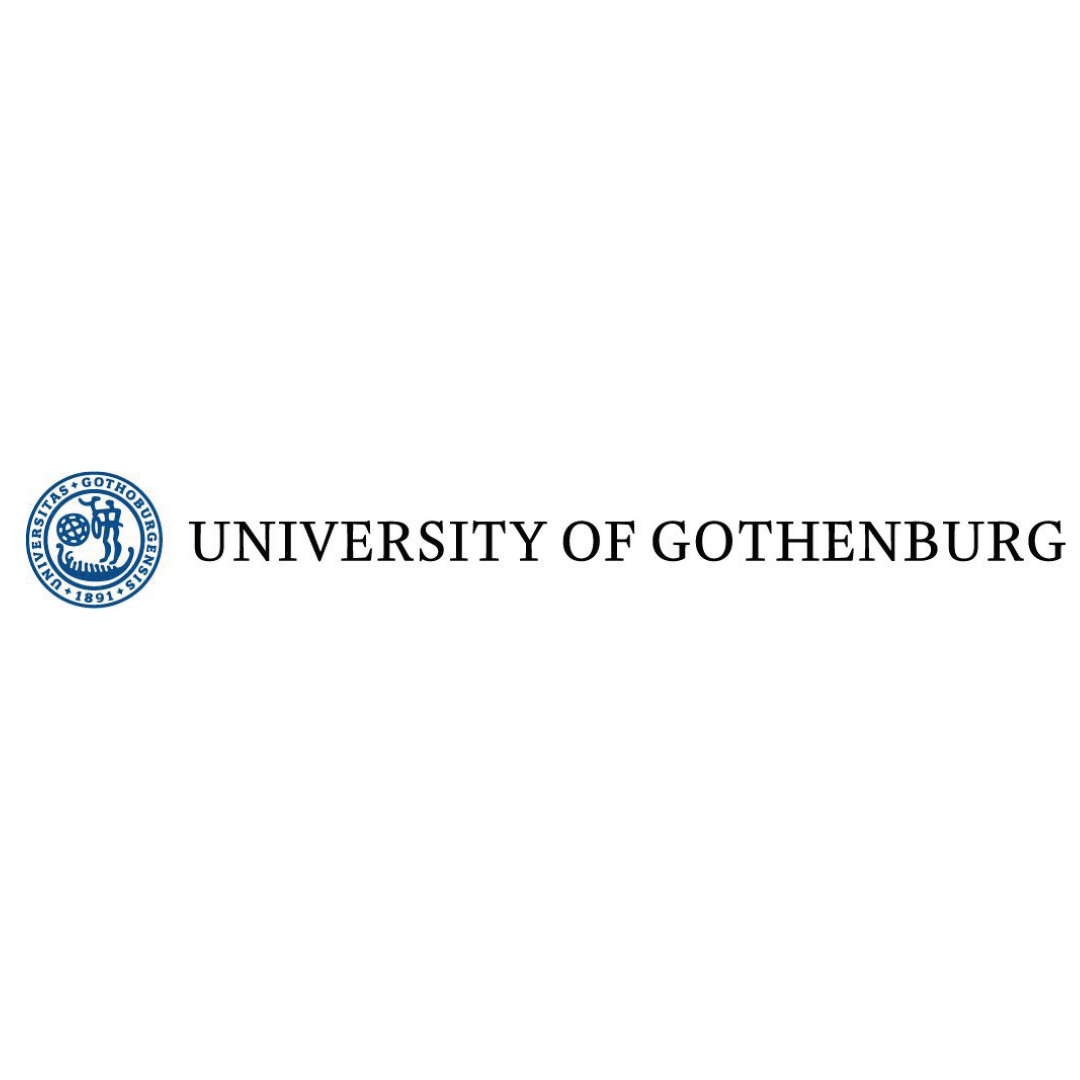
Course Details
Offered by the Programme in Business and Economics at School of Business, Economics and Law, The combined breadth and depth of the Bachelor’s Programme in Business and Economics provides you with the knowledge and skills needed to work in different industries and professional roles.In the first introductory phase, you study a combination of basic courses in business administration, economics, statistics and commercial law. In the second phase, you select your main field of study: business administration, economics or financial economics. During the fifth semester, you can study at one of our excellent partner universities around the world. If you prefer to stay in Sweden, you can study elective courses at the School, at other faculties at the University, or at another Swedish university. This applies to students majoring in business administration or economics. Students majoring in finance study courses in finance abroad or at the School. If you have chosen business administration or economics, you will specialise further in the last semester. Within business administration, you can specialise in marketing, management, accounting, industrial and financial management, corporate sustainability or international business. If you chose to study economics, you can choose in-depth courses as Development Economics, Environmental Economics or Policy Evaluation. You will complete your education by writing a bachelor’s thesis.
| Total Subjects | |
|---|---|
| Total Credits | 180 credit (3 years) |
| Intake | September intake (Autumn) |
| English Proficiency Level | IELTS 6.5/5.5 |
| Duration | 3 Years |
The master’s programme in Computer Science offers freedom and flexibility to choose among a wide range of courses. Computer science is a broad topic that spans everything from theory of computation to the practice of designing software systems. Our master’s programme utilizes the University of Gothenburg’s research-focused Department of Computer Science and Engineering to provide a comprehensive programme. As a student, you will explore the whole spectrum of computer science and specialize according to your interests.
| Total Subjects | |
|---|---|
| Total Credits | 120 credit (2 years) |
| Intake | September intake (Autumn) |
| English Proficiency Level | IELTS 6.5/6 |
| Duration | 2 Years |
Software engineers and software managers will have a key role in all aspects of society, from using AI to provide customer service and financial advice, to developing self-driving cars, to creating apps in the health and biotech sphere. We are among the largest software engineering groups in the world, and our researchers have worldwide impact. Our programme gives you the opportunity to complete collaborative projects, work with partners in industry, and participate in hackathons, gaining the skills necessary to improve the world with software.Our programme has a clear management profile, with group project work that creates and develops software in various real-world contexts, giving you the opportunity to hone your creativity and develop and prove your skills. This allows you to work on projects with the opportunity to create realistic, team-oriented work, gaining experience in various roles. The curriculum is taught over six academic terms, each with a specific theme. Term 1: Team Programming Term 2: Systems Development Term 3: Distributed Systems Development Term 4: Cyber Physical Systems and Systems of Systems Term 5: Software Engineering for AI Systems Term 6: Software Engineering Research and Practice
| Total Subjects | |
|---|---|
| Total Credits | 180 credit (3 years) |
| Intake | September intake (Autumn) |
| English Proficiency Level | IELTS 6.5/5.5 |
| Duration | 3 Years |
International and global contexts, processes and institutions are playing a more important role in working life as a whole and for our everyday lives. In a globalized world, international relations are complex and shifting, and the demand for professionals with knowledge of global issues and competence to analyse international events have increased. The Bachelor's Programme in International Relations give you skills to analyse, investigate and evaluate issues related to international conflict and cooperation. You will investigate different theoretical perspectives and how they bring varied understandings and analysis of our world. The programme gives you specific knowledge on: war, conflict and security; peacebuilding; global political economy; interventions in order to end armed conflict; migration and sustainability; structure of the international system; complex and shifting power relations; multilateral organizations, global governance and world regions; political theory originating in different schools of thought as well as in different world regions; diplomacy and international negotiation; and the impact of climate change and new technologies on international relations.
| Total Subjects | |
|---|---|
| Total Credits | 180 credit (3 years) |
| Intake | September intake (Autumn) |
| English Proficiency Level | IELTS 6.5/5.5 |
| Duration | 3 Years |
Are you interested in global health, development issues and human rights? Do you want to contribute to a sustainable future by combatting global health disparities? Then you should apply for the Master’s Programme in Global Health. We offer an interdisciplinary programme, the opportunity to study with students from around the world and the knowledge you need to address complex health challenges in your future career. What are the main health problems in the world, and what can we do about them? What is needed to achieve the Global Sustainable Development Goals and create greater health equity? What impact do political, cultural and social factors have? These are examples of some of the challenges we face today. This requires joint international efforts based on a broad approach and an understanding of how different factors affect global health. We need experts to work on these issues. The Master’s Programme in Global Health provides you with knowledge of key theories and methods in global health. You will study for two years full-time. The instruction is in English. The programme is interdisciplinary; students will study global health from many perspectives. Together we move among different subject areas, such as public health, health economics and international relations. This will give you a deeper understanding and new perspectives on global health issues that will better prepare you for professional life. The programme aims to develop your knowledge of the global burden of disease, the globalisation of healthcare and medical services and initiatives to achieve greater health equity. You will learn about epidemiology, biostatistics, health management and health economics. There is a strong emphasis on human rights and how cultural factors affect international initiatives. We will provide you with the practical skills and tools needed to identify, analyse and develop actions to solve difficult health problems. We offer several optional courses, giving you the opportunity to specialise in subjects that interest you. What it is like to study Teaching The programme focuses on critical thinking. As a student, you cannot be taught what the “right” answers are because there is no single solution or approach to global health problems. Instead you are encouraged to reflect and participate in discussions with other students and teachers in the classroom. Together you will bring different perspectives and new approaches from your different academic and professional backgrounds. You will study at five different parts of the University of Gothenburg. Institute of Medicine Department of Social Work Department of Economics Department of Literature, History of Ideas and Religion School of Global Studies You will meet teachers and visiting lecturers from different parts of the world with backgrounds in a wide range of disciplinary domains. The programme mixes different types of instruction, such as lectures, group work, practical sessions and computer labs. You will have different types of examinations, such as written homework assignments, home exams, classroom exams and oral presentations in groups. You will have good opportunities to gain practical experience and insight into working life through internships. You will also have the opportunity to write your master’s degree project for a research team or organisation.
| Total Subjects | |
|---|---|
| Total Credits | 120 credit (2 years) |
| Intake | September intake (Autumn) |
| English Proficiency Level | IELTS 6.5/5.5 |
| Duration | 2 Years |
Are you interested in health and improving public health? Do you want to make a difference and are driven by the idea of ensuring health equality? Then you should apply to the Master’s Programme in Public Health Science. Our students are trained to be able to work with public health, both nationally and internationally. We offer an international study environment where you will meet other students from around the world. Why are there such large differences in health among different groups of people? What are the relevant factors that influence health and how can we improve the lives of people? These are some of the public health challenges we are facing. A wide-ranging and interdisciplinary perspective is needed to reduce difference between groups and achieve long-term and equitable improvements to public health. There is a need for trained public health scientists to study these issues and to formulate and evaluate public health efforts. The Master’s Programme in Public Health Science teaches students the central theories and methods of the field. This two-year programme is taught in English. The goal of the programme is to give you the tools needed to be able to plan, conduct and evaluate public health work and to work to reduce systematic differences in health in the population. You will also learn about epidemiology, social epidemiology, quantitative and qualitative research methods and health economics theories and methods. We offer both an introductory and advanced course in health economics.
| Total Subjects | |
|---|---|
| Total Credits | 120 credit (2 years) |
| Intake | September intake (Autumn) |
| English Proficiency Level | IELTS 6.5/5.5 |
| Duration | 2 Years |
Programme structure and content This two-year programme includes the following compulsory courses that provide a core within data science: Introduction to Data Science Python for Data Scientists Applied Mathematical Thinking Statistical Methods for Data Science Applied Machine Learning Computational Techniques for Large-Scale Data Research Methods for Data Science Master’s Thesis in Data Science Applied data science is multidisciplinary by nature, and the programme is designed to allow space for you to create your own profile by choosing optional courses. You can choose courses in areas where data science methods can be applied, or courses in technical areas that feature techniques and technologies that complement those introduced in the programme's mandatory courses. You are particularly encouraged to supplement the mandatory courses that provide a core in data science with optional second-cycle courses in the area of your bachelor’s degree.
| Total Subjects | |
|---|---|
| Total Credits | 120 credit (2 years) |
| Intake | September intake (Autumn) |
| English Proficiency Level | IELTS 6.5/6 |
| Duration | 3 Years |
The master's programme in Information Technology and Learning addresses the opportunities and challenges emerging information technologies raise for learning. As a student of the programme, you will have the opportunity to work with leading researchers in learning sciences, educational studies, digital communication, and human-computer interaction. Through hands-on seminar activities, you will become a research-driven leader, a learning experience designer, and a critical analyst of learning technologies.The changing face of digital technologies provides immense new opportunities and simultaneously gives rise to fundamental challenges for both individuals and society. The field of information technology and learning is currently at the center of attention in debates surrounding issues like source criticism and information evaluation, digital competence, Artificial Intelligence (AI), big data, and learning analytics.
| Total Subjects | |
|---|---|
| Total Credits | 120 credit (2 years) |
| Intake | September intake (Autumn) |
| English Proficiency Level | IELTS 6.5/6 |
| Duration | 3 Years |
The master’s programme in Innovation and Industrial Management focuses on the question of how to manage organizations in an increasingly uncertain world, with rapidly changing technologies and markets. Modern companies face complex industrial and financial challenges, particularly in adapting to technological, financial, and consumer changes that affect their future profitability and competitiveness. Global competition requires organizations to develop internal and external analyses of industrial processes and market conditions with particular emphasis on innovation, industrial dynamics, and investments. Ignoring renewal and innovation poses long-term threats to the survival of every organization.The master’s programme in Innovation and Industrial Management is centred around a set of mandatory core courses, covering topics such as innovation management, strategy, business development, and personal and professional development. In addition, you will have the opportunity to tailor your education to your particular interests by choosing elective courses, for example within entrepreneurship, project management, or environmental sustainability. You will also have the opportunity to study one semester abroad at one of our partner universities. The fourth semester is dedicated to your master’s thesis, which is conducted individually or in pairs. The master’s thesis can be done in collaboration with an external partner, such as a company. In addition, you will have the opportunity to apply for a grant to conduct part of your thesis work abroad.
| Total Subjects | |
|---|---|
| Total Credits | 120 credit (2 years) |
| Intake | September intake (Autumn) |
| English Proficiency Level | IELTS 6.5/6 |
| Duration | 2 Years |
The programme extends over four semesters of full-time study. During semesters one and two, you take common core courses in accounting and financial management. During the third semester, you choose a number of elective courses within your area of interest. You can specialise within the field of accounting and financial management or broaden your skills with elective courses from other programmes. The third semester can also be spent at one of the school’s many partner universities, or at an external organization as part of our internship course. In the fourth semester, you will write a master's thesis.During the programme, you will be responsible for advanced work assignments and will learn through lectures, seminars, cases, and guest presentations.Accounting and financial management are crucial for firm performance and economic efficiency. Strong competences in both accounting and financial management are needed to understand the interplay between firms, investors, and other stakeholders in a continuously changing society. Our programme stands out by providing these competences. Built upon a strong research base the program is balanced between the subjects financial accounting, management accounting and financial management. Financial accounting courses involve measurement and disclosure issues facing enterprises in their financial reporting, and the impact of these issues on financial statement users. Management accounting courses focus on the design and use of management control systems from both a strategic and business process perspective, and they incorporate state-of-the-art information technology solutions for performance management, decision-making, planning, and control. Financial management courses focus on long-term decision making with respect to investments, financing, and risk management.
| Total Subjects | |
|---|---|
| Total Credits | 120 credit (2 years) |
| Intake | September intake (Autumn) |
| English Proficiency Level | IELTS 6.5/6 |
| Duration | 2 Years |
In today's fast-paced world, the demand for leaders of integrity who foster dialogue and embrace diversity is critical. We need reflexive leaders who think strategically, drive change, and tackle global challenges like inequality and climate change. Our Master's programme is dedicated to foster these leaders and empower them to shape a better future. Our programme prepares you for leadership roles and strategic responsibilities. Emphasizing your impact on sustainable development, we equip you with crucial tools in strategy, leadership, change management, and decision-making. Upon completion, you'll confidently address management complexities and drive strategic endeavors, guided by a solid inner compass.
| Total Subjects | |
|---|---|
| Total Credits | 120 credit (2 years) |
| Intake | September intake (Autumn) |
| English Proficiency Level | IELTS 6.5/6 |
| Duration | 2 Years |
The first semester covers the fundamentals of economic analysis and consists of mandatory core courses in Math, Econometrics, and Micro- and Maceoeconomics. During the second and third semesters, most courses are elective. Our large variety of elective courses provides an opportunity to tailor your education to your particular interest, for example focusing on core economic questions or gaining expertise in sustainability issues. We offer both research-oriented courses and more practice-oriented ones. You can also choose to do an internship with a firm or organization. The fourth semester is dedicated to your master´s thesis, where you apply your acquired skills to analyze relevant economic questions and have the opportunity to reflect the specialization you built throughout previous semesters.Economics helps you analyze societal issues and enables you to offer advice in both policy and corporate contexts. From big questions such as climate change and world poverty, to how competitiveness affects a firm’s profitability, to how people would alter their behaviour after a tax cut, economics is highly relevant for many issues in society. A broad and balanced program Our programme balances a rigorous theoretical education and strong research connections with opportunities to learn a vocational skillset during applied courses and internships. You will develop institutional knowledge and practical tools to analyze common economic problems in markets and organizations, including issues such as taxes, externalities, public goods, competition, and information problems. Our programme provides a particular opportunity to focus on sustainability, and our collaboration with Chalmers University of Technology, also in Gothenburg, allows you to take sustainability courses from disciplines other than pure economics.
| Total Subjects | |
|---|---|
| Total Credits | 120 credit (2 years) |
| Intake | September intake (Autumn) |
| English Proficiency Level | IELTS 6.5/6 |
| Duration | 2 Years |
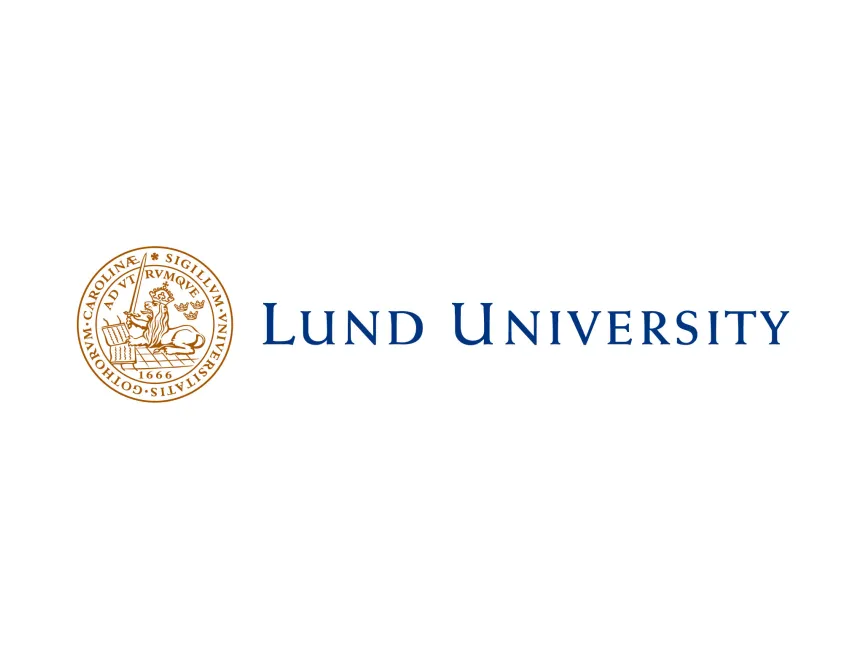
Lund University
➤ Ranked #75 in QS World University Rankings 2025
➤ Ranked Number 2 in Sweden 2024
Quick View

Course Details
As our student, you learn to critically examine global and local preconditions and processes of development. The scientific traditions from four disciplines are combined in the study plan: Sociology, Political Science, Human Geography and Economic History. Our students get both a multi-disciplinary perspective on development studies and an opportunity to deepen their knowledge in any of these four subjects.
| Total Subjects | 10- 14 courses |
|---|---|
| Total Credits | 181 Credit |
| Intake | September Intake |
| English Proficiency Level | IELTS 6.5 |
| Duration | 3 Years |
The BSc in Economy and Society combines economic history and economics, focusing on the application of economic theory and quantitative methods to real-world problems. The program explores global issues like economic growth, development, and sustainable development, with a focus on the Scandinavian experience. It offers a vast curriculum, international perspectives, team-based projects, and opportunities for internships or exchange studies abroad.
| Total Subjects | 10- 14 courses |
|---|---|
| Total Credits | 182 Credit |
| Intake | September Intake |
| English Proficiency Level | IELTS 6.5 |
| Duration | 3 Years |
The Bachelor of Fine Arts is a three-year full-time program that prepares students for international careers through independent study, individual studio work, and supervision by internationally active professors. The program offers freedom of choice with elective courses in technique, creation, and theory, culminating in an artistic project and a written assignment. Taught in English, it also provides a foundation for further studies in a Master’s program in Fine Arts.
| Total Subjects | 10- 14 courses |
|---|---|
| Total Credits | 183 Credit |
| Intake | September Intake |
| English Proficiency Level | IELTS 6.5 |
| Duration | 3 Years |
Lund University's BSc in International Business is a three-year, English-taught program designed for high school graduates with strong academic backgrounds and international career ambitions. The curriculum covers business, economics, statistics, business law, and information systems, with opportunities for internships and exchange studies abroad.
| Total Subjects | 10- 14 courses |
|---|---|
| Total Credits | 184 Credit |
| Intake | September Intake |
| English Proficiency Level | IELTS 6.5 |
| Duration | 3 Years |
The program offers a wide range of courses in mathematics, statistics, numerical analysis, and other science, engineering, economics, and humanities disciplines. Students can choose a theoretical path for pure mathematics or focus on applied areas such as financial mathematics or mathematical physics. Study counseling and predefined course chains guide students in selecting the appropriate course combinations for their career goals.
| Total Subjects | 10- 14 courses |
|---|---|
| Total Credits | 185 Credit |
| Intake | September Intake |
| English Proficiency Level | IELTS 6.5 |
| Duration | 3 Years |
Understanding the environment, including climate change and weather events, increasing demands and exploitation of natural resources, and population growth, is probably the greatest emerging challenge influencing our future. The demand for well-educated and highly skilled graduates within this field is, and will remain, extremely high. We are offering a world-class BSc programme in Physical Geography and Ecosystem Science, focusing on environmental modelling and management. A unique blend of courses results in a high-profile degree from a top international university - a perfect platform for a career or future study.
| Total Subjects | 10- 14 courses |
|---|---|
| Total Credits | 189 Credit |
| Intake | September Intake |
| English Proficiency Level | IELTS 6.5 |
| Duration | 3 Years |
Lund University is expanding its physics research with two international centres, MAX IV and ESS, contributing to advances in fields like particle physics, material science, and sustainable energy. The physics programme offers a solid foundation in mathematics and physics, progressing to modern physics and elective courses in the final year
| Total Subjects | 10- 14 courses |
|---|---|
| Total Credits | 190 Credit |
| Intake | September Intake |
| English Proficiency Level | IELTS 6.5 |
| Duration | 3 Years |
In the Master's in Entrepreneurship and Innovation you will learn how to create, develop and exploit business opportunities by starting up and managing new ventures. This programme offers you an opportunity to be fully involved as an entrepreneur in the start-up process, from idea selection and team composition to venture formation, which enables you to gain real experience in starting up a new business. In addition, you will be part of our mentorship programme where you are matched with an experienced mentor.
| Total Subjects | 15 courses |
|---|---|
| Total Credits | 120 Credit |
| Intake | September Intake |
| English Proficiency Level | IELTS 6.5 |
| Duration | 2 Years |
LUMES is an interdisciplinary programme focusing on sustainability challenges from a local to a global level through combining both social and natural science perspectives. Building on students’ previous knowledge and experiences, emphasis is placed on understanding present societal development patterns and the environmental problems they create, as well as approaches for formulating strategies for future sustainable pathways. The programme takes an interdisciplinary and holistic approach to sustainability, which provide students with a broad knowledge of the interaction between cultural, economic, environmental, political, and social dimensions of sustainability.
| Total Subjects | 15 courses |
|---|---|
| Total Credits | 120 Credit |
| Intake | September Intake |
| English Proficiency Level | IELTS 6.5 |
| Duration | 2 Years |
The EMP program focuses on both environmental policy and management, combining interdisciplinary learning, international perspectives, and practical applications. It encourages collaboration with industry and society, promoting technical, professional, and social skills development. The program fosters a dynamic, multicultural learning environment, with a strong alumni network contributing to its ongoing success.
| Total Subjects | 15 courses |
|---|---|
| Total Credits | 120 Credit |
| Intake | September Intake |
| English Proficiency Level | IELTS 6.5 |
| Duration | 2 Years |
This Master’s (120 credits) programme is intended for students who wish to learn to analyse and model spatial phenomena using GIS. A degree from the programme leads to opportunities to work in a range of areas in which GIS is an important method. This could, for example, involve analysis of climate change in large or small geographical regions, nature conservation, resource management in agriculture, access to water or the planning of tourism and urban development from an environmental perspective. During the programme, you learn to process and critically review geographical data regarding precision and quality, and you receive basic practical training in the latest GIS software. You will also learn database methodology and cartography, and deepen your knowledge of GIS methodology in different applications.
| Total Subjects | 15 courses |
|---|---|
| Total Credits | 120 Credit |
| Intake | September Intake |
| English Proficiency Level | IELTS 6.5 |
| Duration | 2 Years |
LUMID is a two-year interdisciplinary Master’s program focusing on international development and management, integrating theoretical knowledge, applied research, and management skills. The program offers unique opportunities through courses, internships, fieldwork, and a global alumni network. With a competitive admission process, only 40 applicants are accepted annually from around 1000 applicants worldwide.
| Total Subjects | 15 courses |
|---|---|
| Total Credits | 120 Credit |
| Intake | September Intake |
| English Proficiency Level | IELTS 6.5 |
| Duration | 2 Years |
This intensive, one-year program is designed for non-business graduates to develop key managerial skills through practical, real-life management challenges. It focuses on communication, decision-making, problem-solving, and teamwork, preparing students for leadership in the fast-paced business world. The program includes elements like career coaching, shadowing, and real-world projects, with opportunities for an International Master Class for top achievers.
| Total Subjects | 15 courses |
|---|---|
| Total Credits | 120 Credit |
| Intake | September Intake |
| English Proficiency Level | IELTS 6.5 |
| Duration | 2 Years |
The Master’s in Public Health at Lund University offers a globally diverse classroom with a cross-disciplinary focus on addressing health inequalities. Students gain evidence-based knowledge and skills for research, policymaking, and health promotion. Expert faculty and diverse peers create a dynamic, globally relevant learning environment.
| Total Subjects | 15 courses |
|---|---|
| Total Credits | 120 Credit |
| Intake | September Intake |
| English Proficiency Level | IELTS 6.5 |
| Duration | 2 Years |
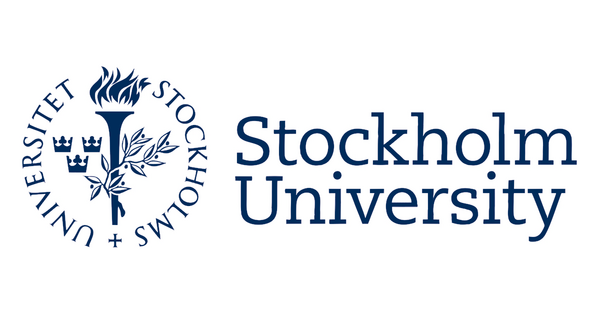
University of Stockholm
➤ Ranked #128 in QS World University Rankings 2025
➤ Ranked One of the top 5 universities in Sweden 2024
Quick View

Course Details
The Bachelor's programme in International Business and Politics combines business studies with Political Science and International Relations to provide a thorough understanding of the global world today. As a student, you will acquire skills useful for a broad range of careers in the areas of international business, public sector organisations, and non-governmental organisations. Bringing together numerous disciplines, this programme provides a broad and comprehensive education, leading up to a Bachelor’s Degree in Business Administration. Studying real-world examples will help you understand the complex relation between global business and politics. All courses are given in English. The programme is a collaboration between Stockholm Business School, the Department of Economic History and the Department of Political Science. During the first year, all courses are offered by Stockholm Business School. The second year is divided between the Departments of Economic History and Political Science. In the final year, you can either go abroad through one of our many exchange agreements or choose courses offered at Stockholm University. In the final semester, you will write a bachelor’s thesis in Business Administration. The program combines business administration with studies in political science, economic history and international political economy. Upon completion of the program you will be eligible for master’s programs in Business Administration.
| Total Subjects | 12 courses |
|---|---|
| Total Credits | 180 Credits |
| Intake | Autumn Intake |
| English Proficiency Level | 6.5 |
| Duration | 3 Years |
Combining business studies with practical philosophy (including ethics) and sustainability science, the programme provides students with a comprehensive view on the different aspects of sustainable development, leading up to a Bachelor’s Degree in Business Administration.The programme is a cooperation between Stockholm Business School, the Philosophy Department of Stockholm University, and Stockholm Resilience Centre. In the first year, students will gain a broad overview over the main disciplines of business administration – Management, Finance, Accounting, and Marketing. The second year is divided between Stockholm Resilience Centre and the Philosophy Department of Stockholm University. In this year the students will first explore the foundations of sustainability science, with a focus on the relationships between society, the natural environment, and the economy. Next, students will explore the normative principles that govern people living in society and in a shared environment, and develop adaptive, transferrable analytical skills that can be used to explore original, independent solutions to the problems facing society. In the final year, students can either go abroad through one of our many exchange agreements or choose courses offered at Stockholm University. In the final semester, students will write a bachelor’s thesis in Business Administration.
| Total Subjects | 14 Courses |
|---|---|
| Total Credits | 180 Credits |
| Intake | Autumn Intake |
| English Proficiency Level | 6.5 |
| Duration | 3 Years |
| Total Subjects | |
|---|---|
| Total Credits | 120 Credits |
| Intake | Autumn Intake |
| English Proficiency Level | 6.5 |
| Duration | 2 Years |
| Total Subjects | |
|---|---|
| Total Credits | 120 Credits |
| Intake | Autumn Intake |
| English Proficiency Level | 6.5 |
| Duration | 2 Years |
| Total Subjects | |
|---|---|
| Total Credits | 120 Credits |
| Intake | Autumn Intake |
| English Proficiency Level | 6.5 |
| Duration | 2 Years |
| Total Subjects | |
|---|---|
| Total Credits | 120 Credits |
| Intake | Autumn Intake |
| English Proficiency Level | 6.5 |
| Duration | 2 Years |
| Total Subjects | |
|---|---|
| Total Credits | 120 Credits |
| Intake | Autumn Intake |
| English Proficiency Level | 6.5 |
| Duration | 2 Years |
| Total Subjects | |
|---|---|
| Total Credits | 120 Credits |
| Intake | Autumn Intake |
| English Proficiency Level | 6.5 |
| Duration | 2 Years |
| Total Subjects | |
|---|---|
| Total Credits | 120 Credits |
| Intake | Autumn Intake |
| English Proficiency Level | 6.5 |
| Duration | 2 Years |

